All Global News
campaign
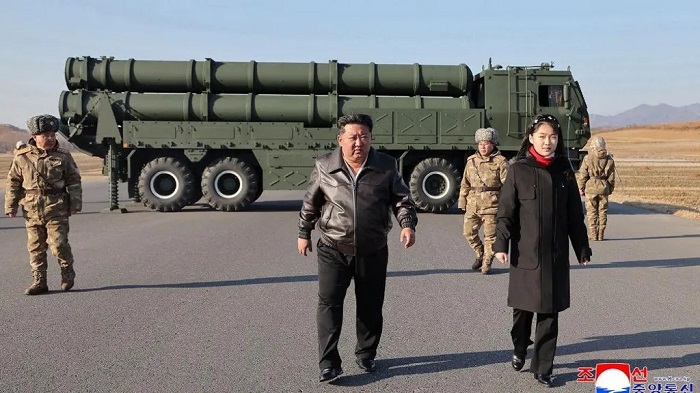
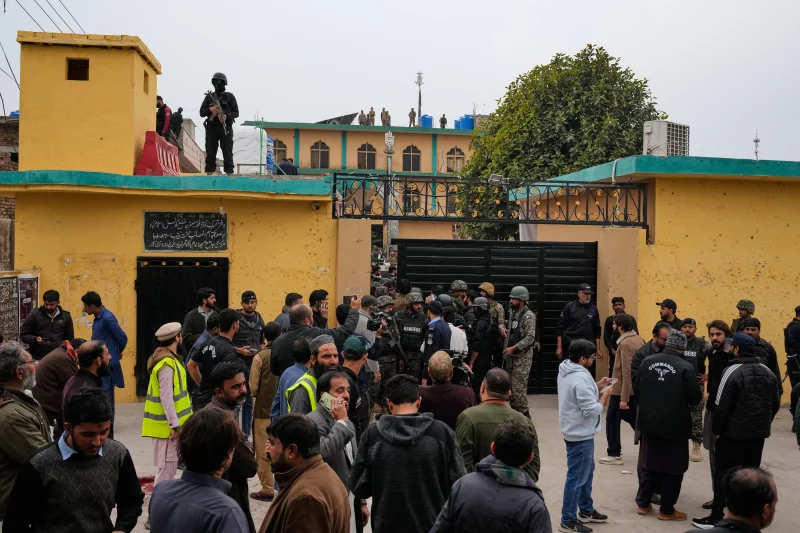
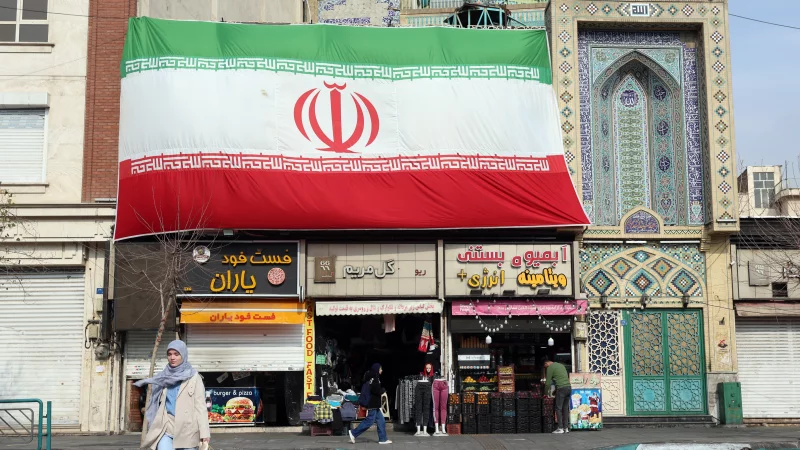
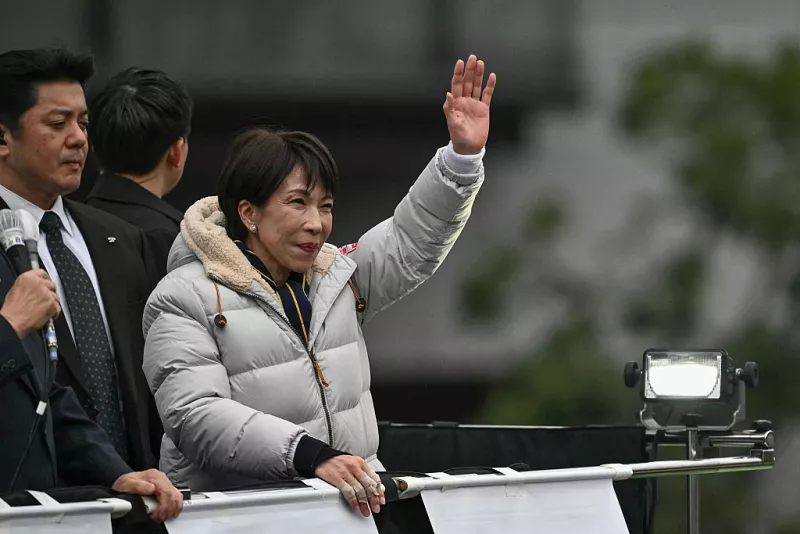
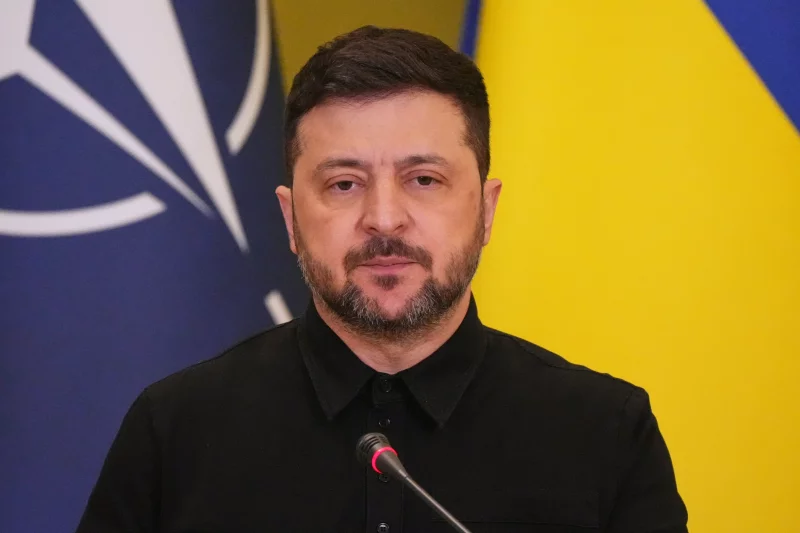
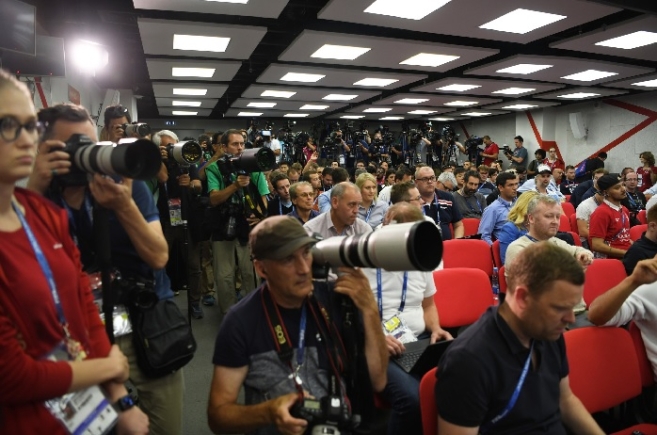



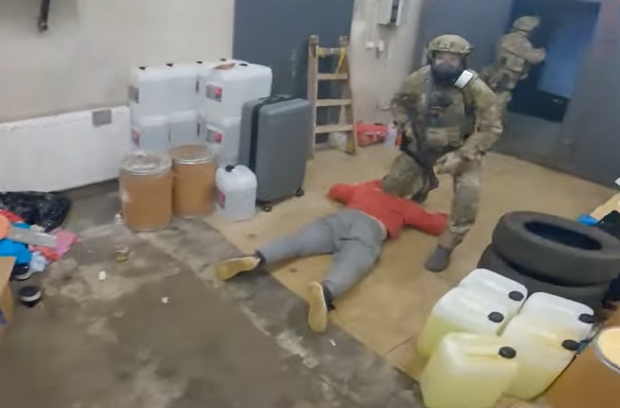
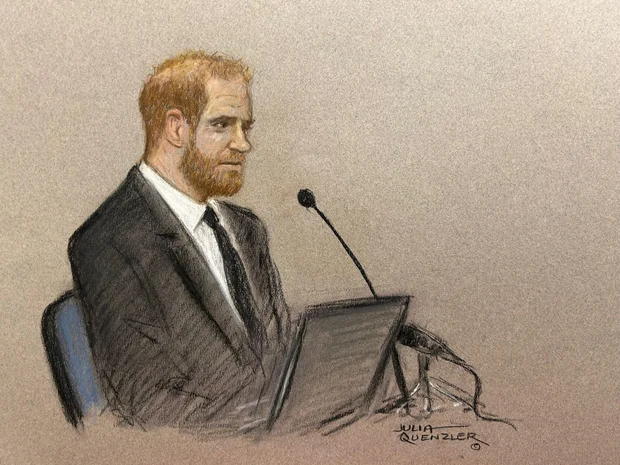
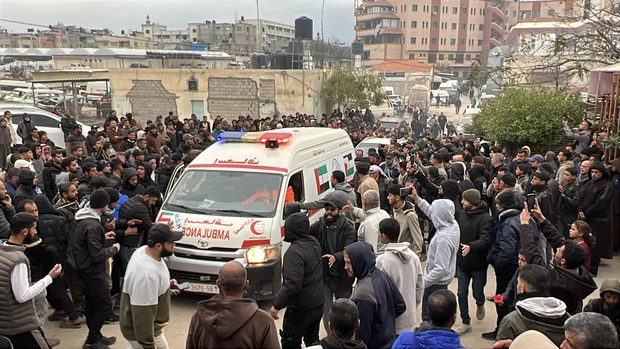
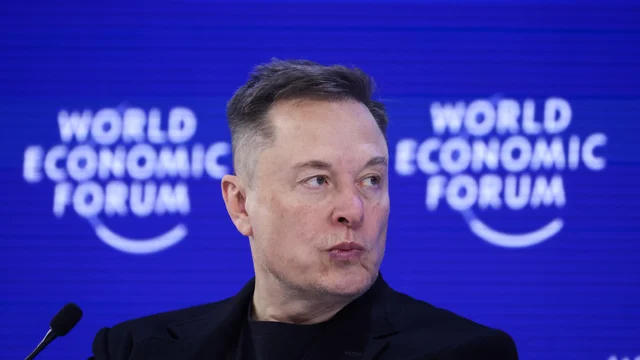
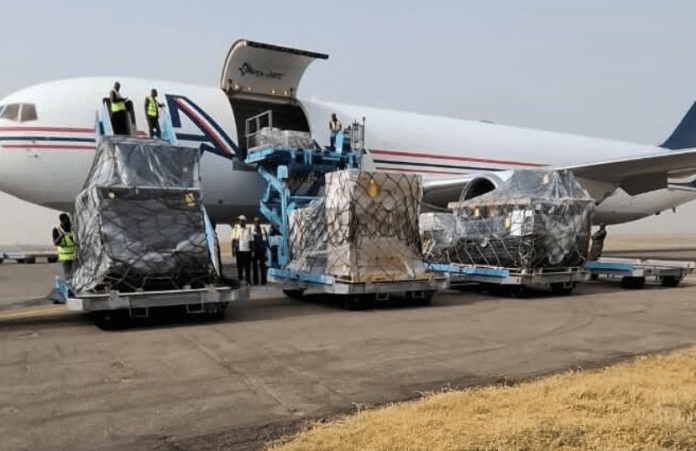

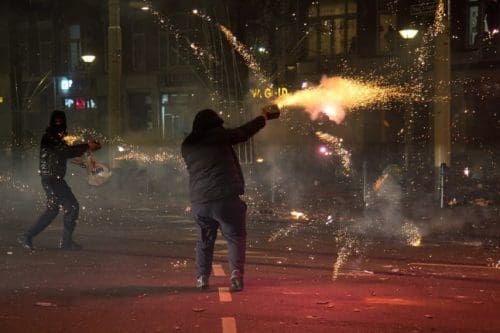
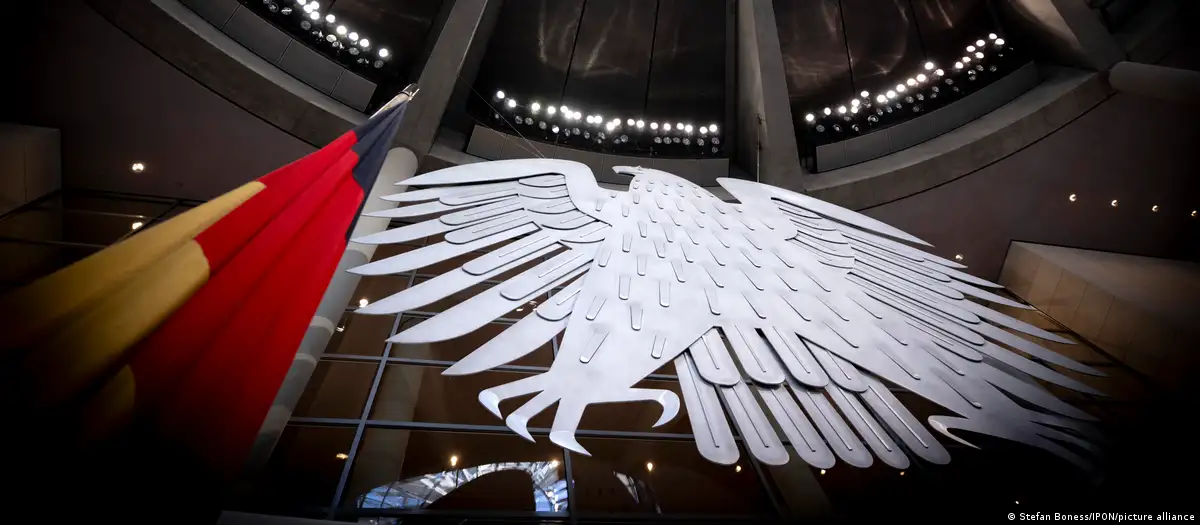
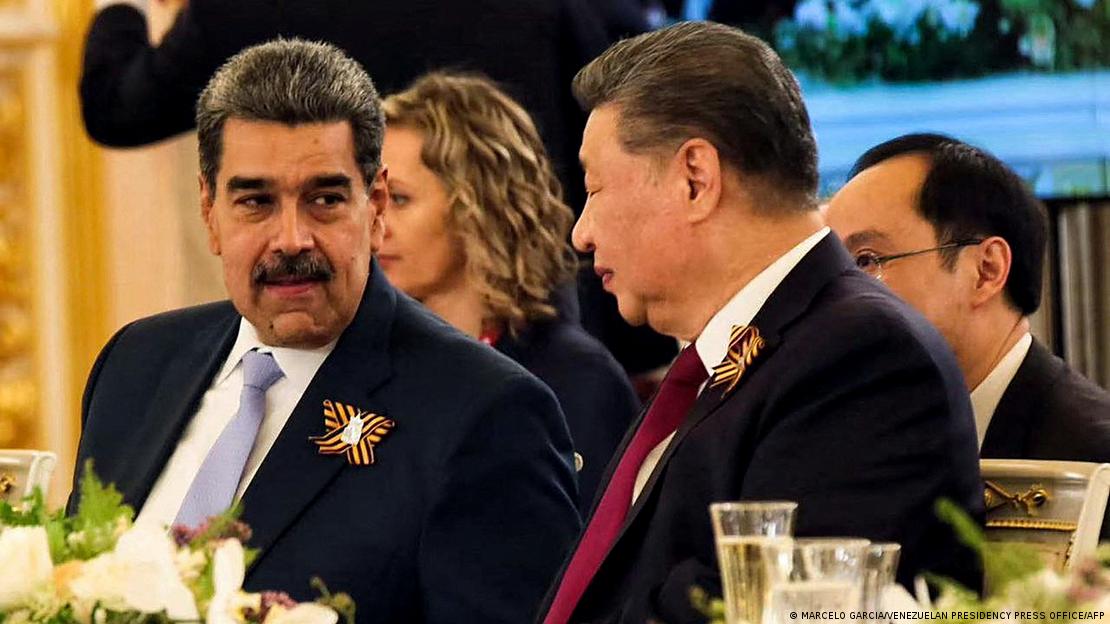
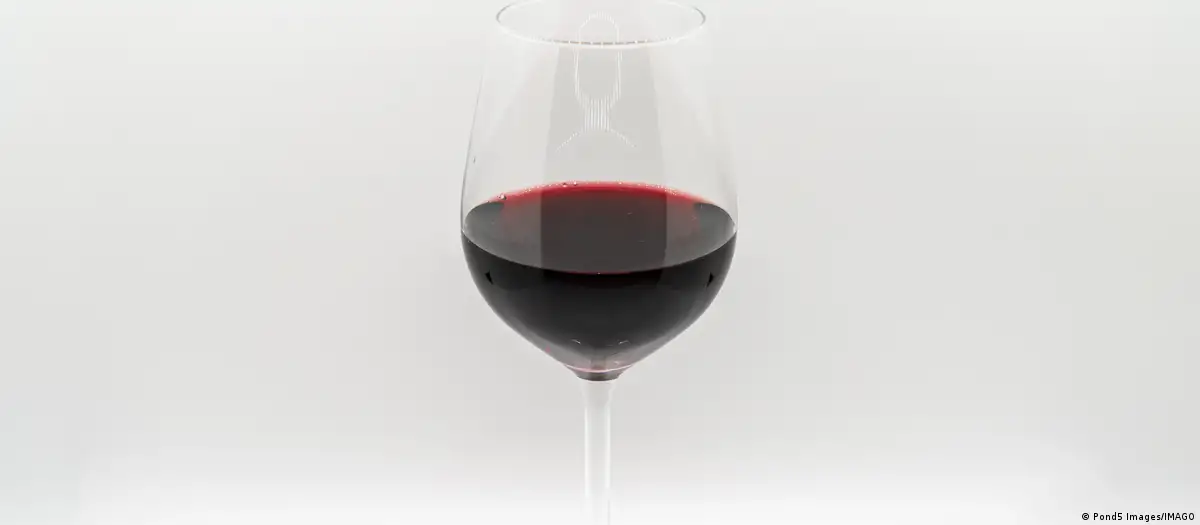
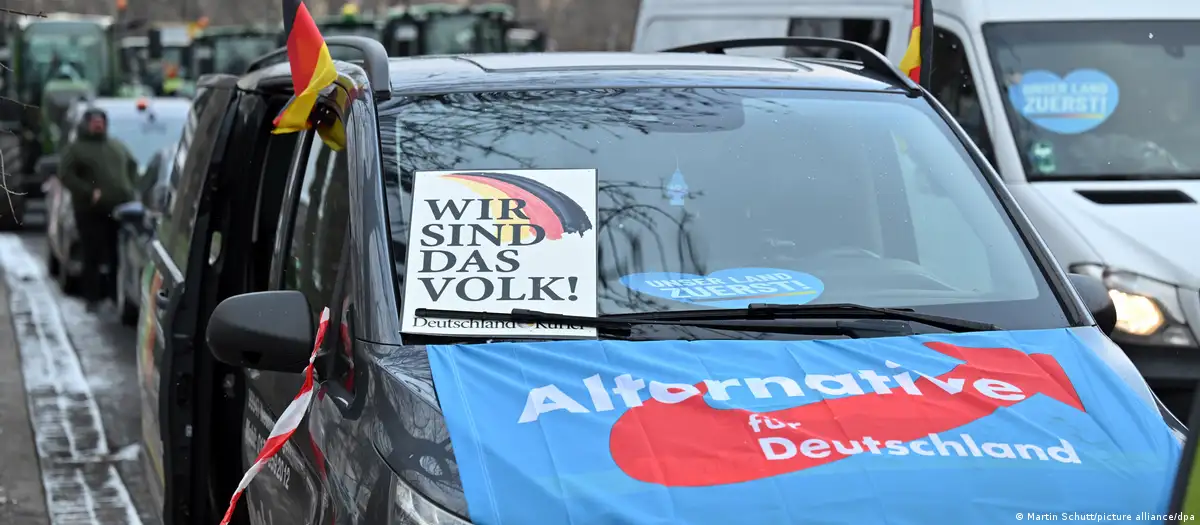
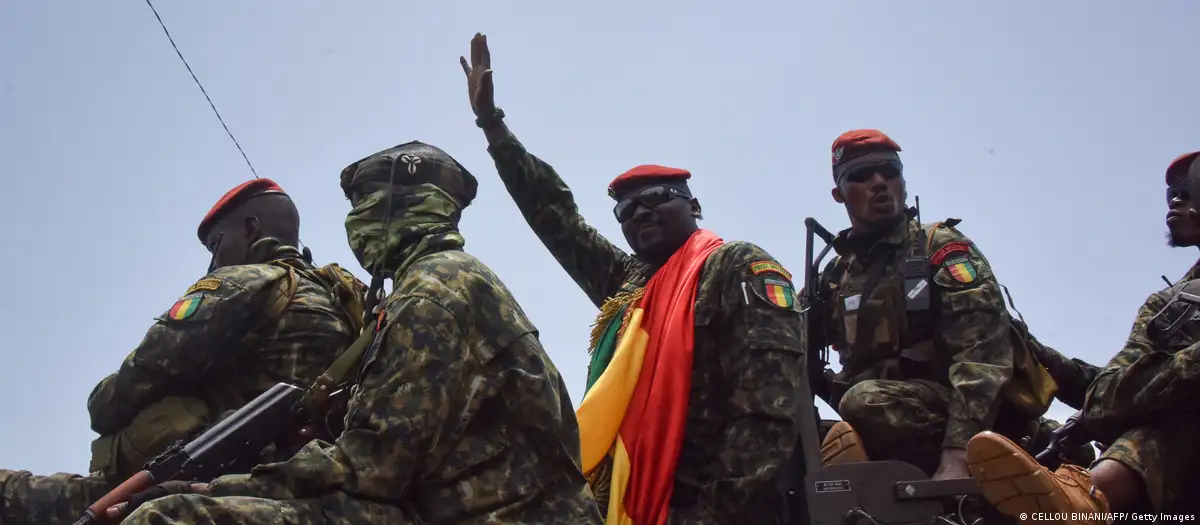
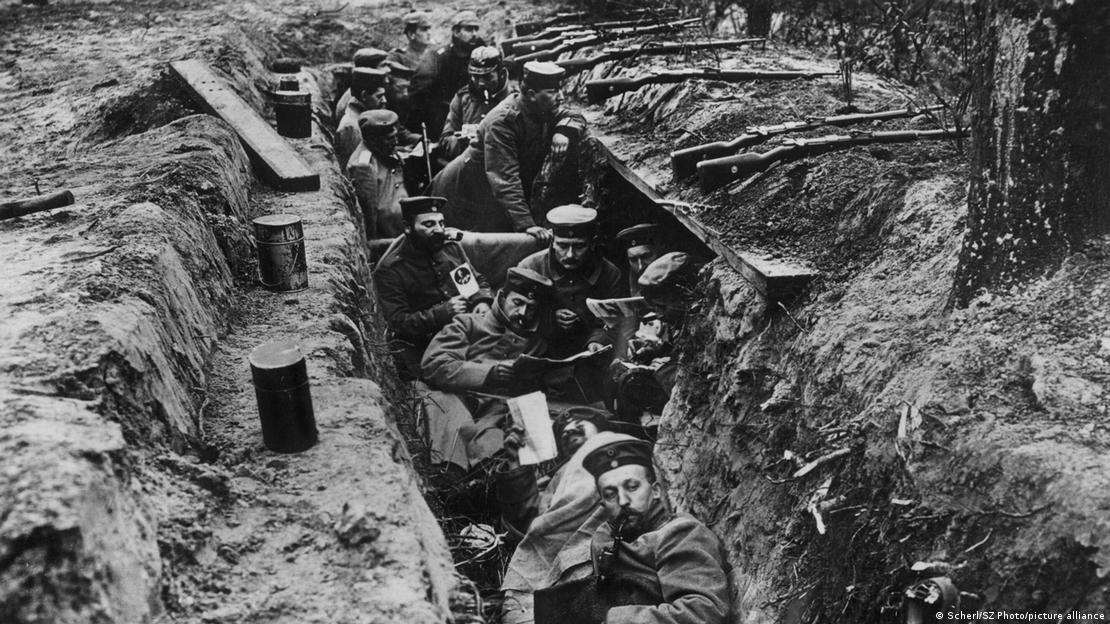
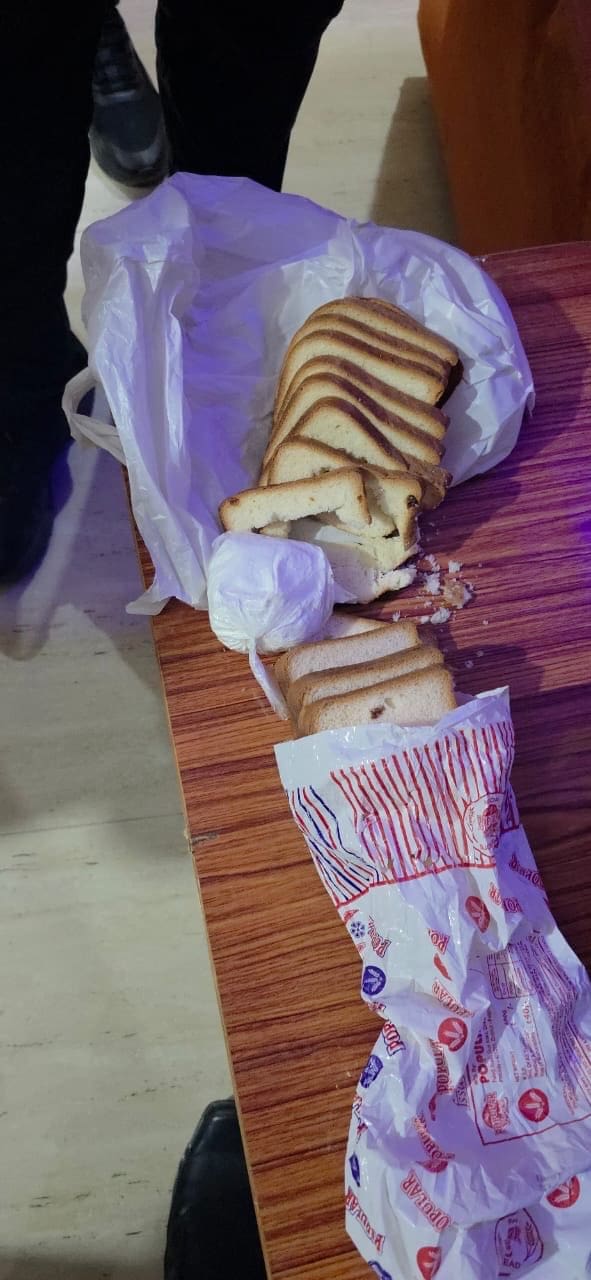
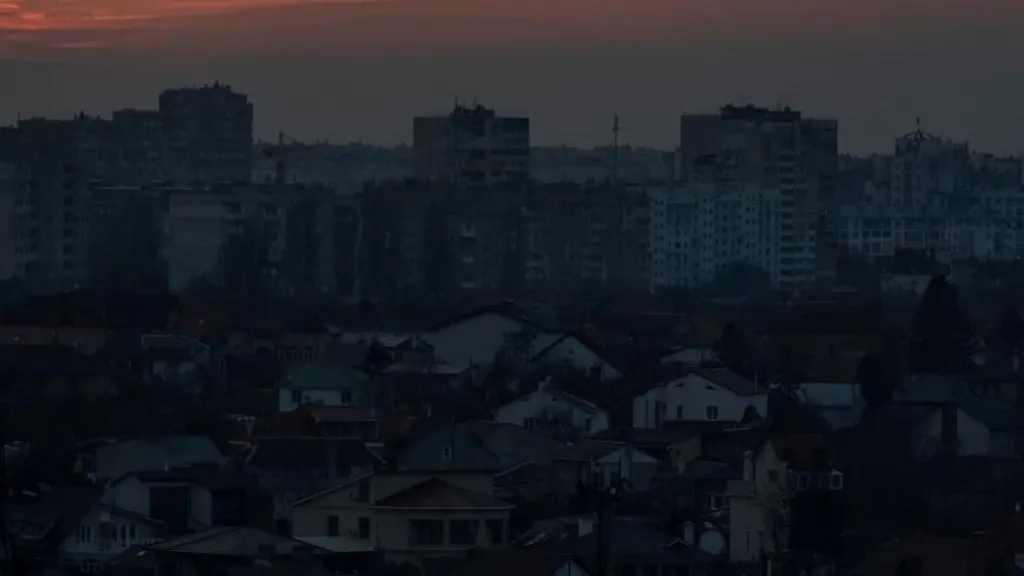
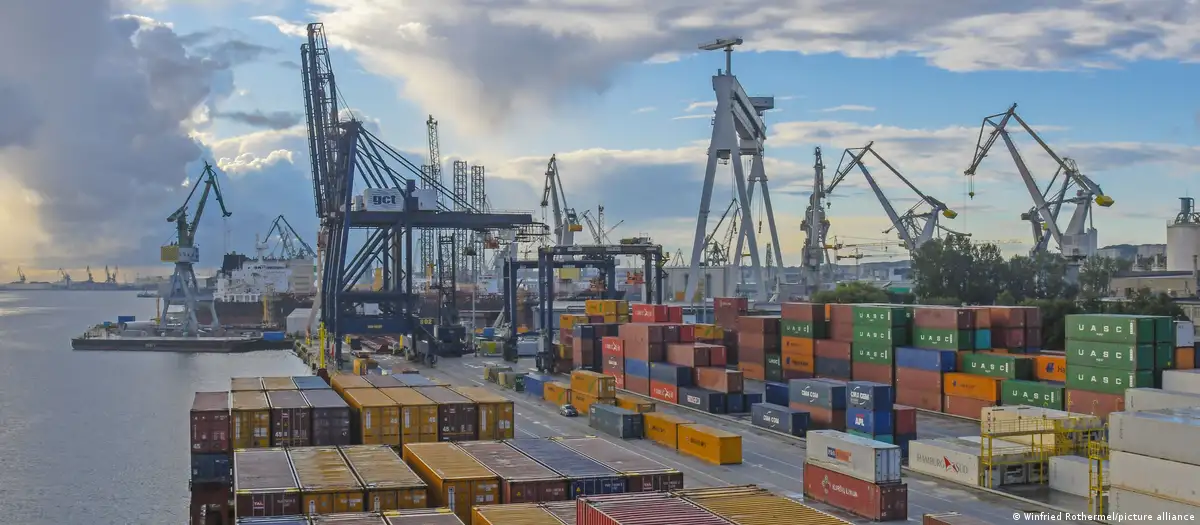
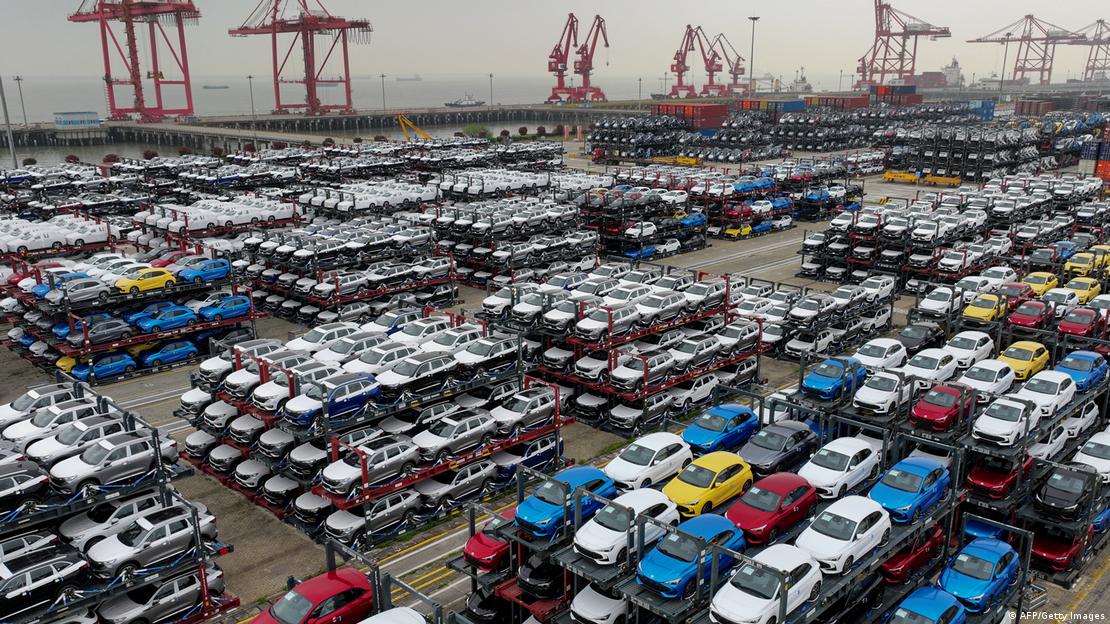
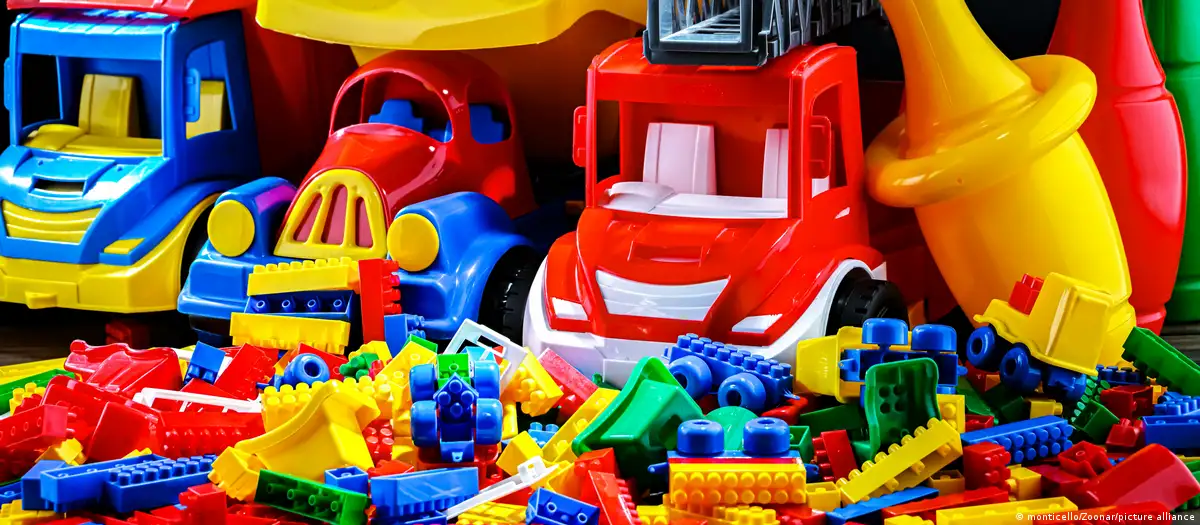

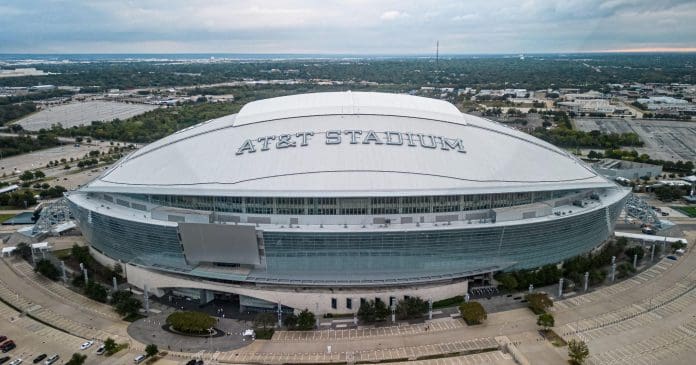

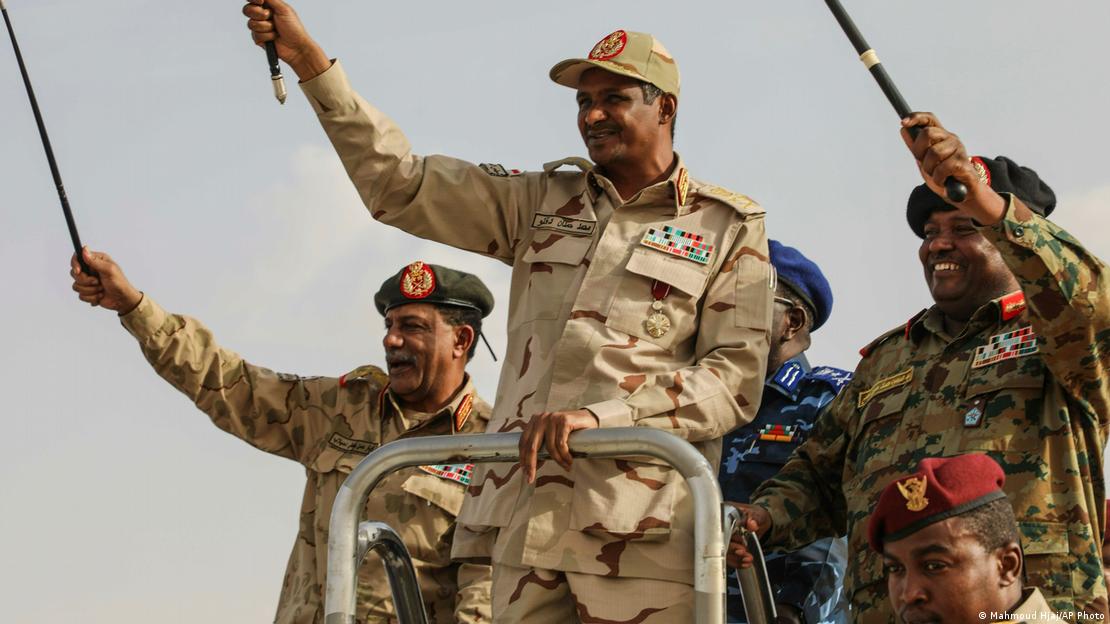
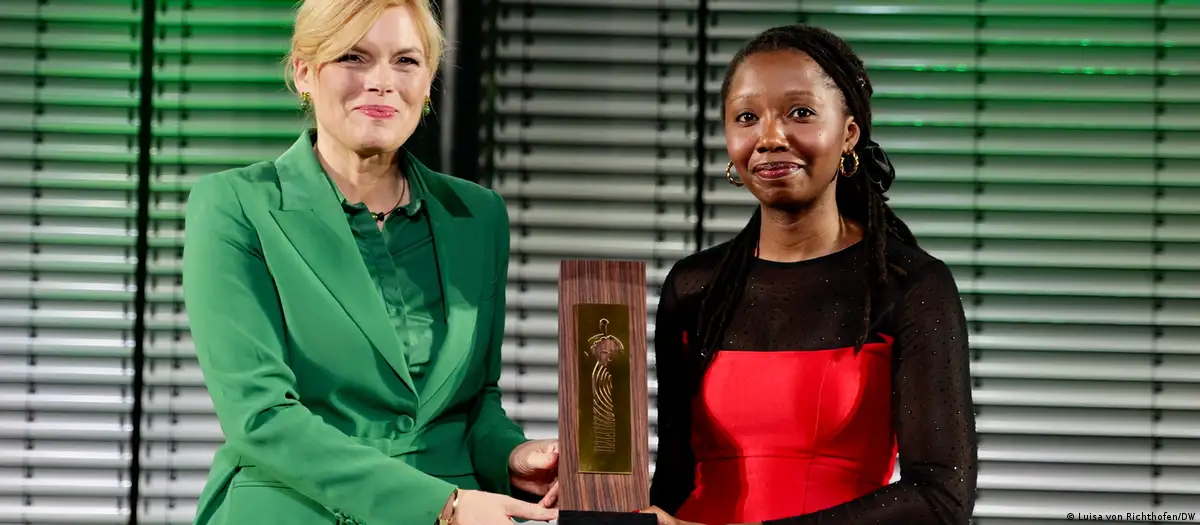
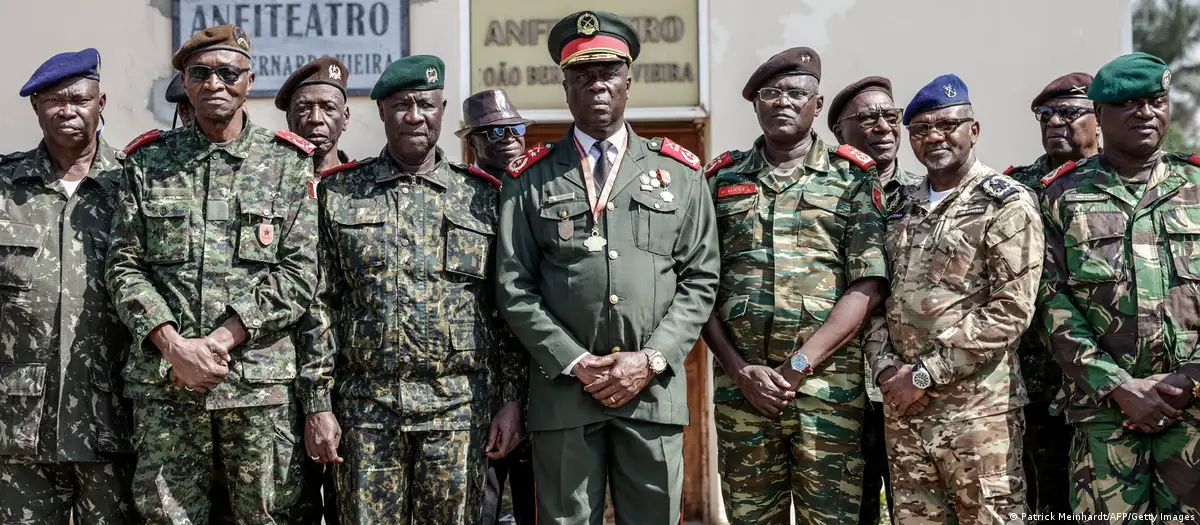
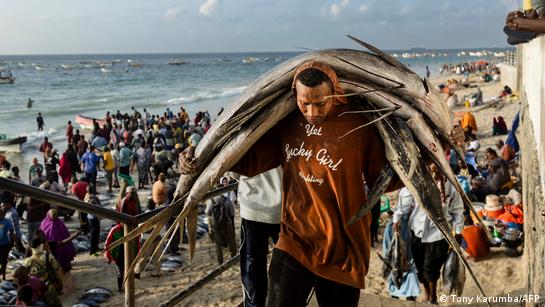

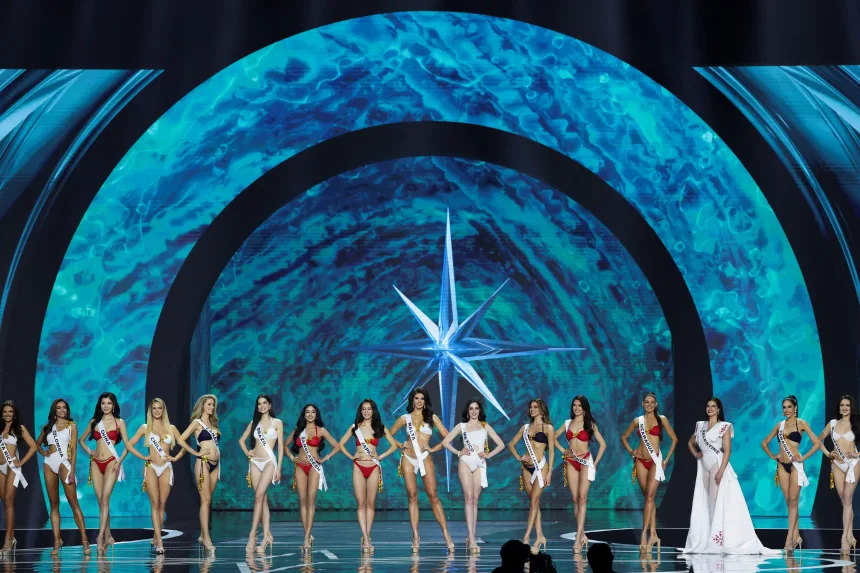
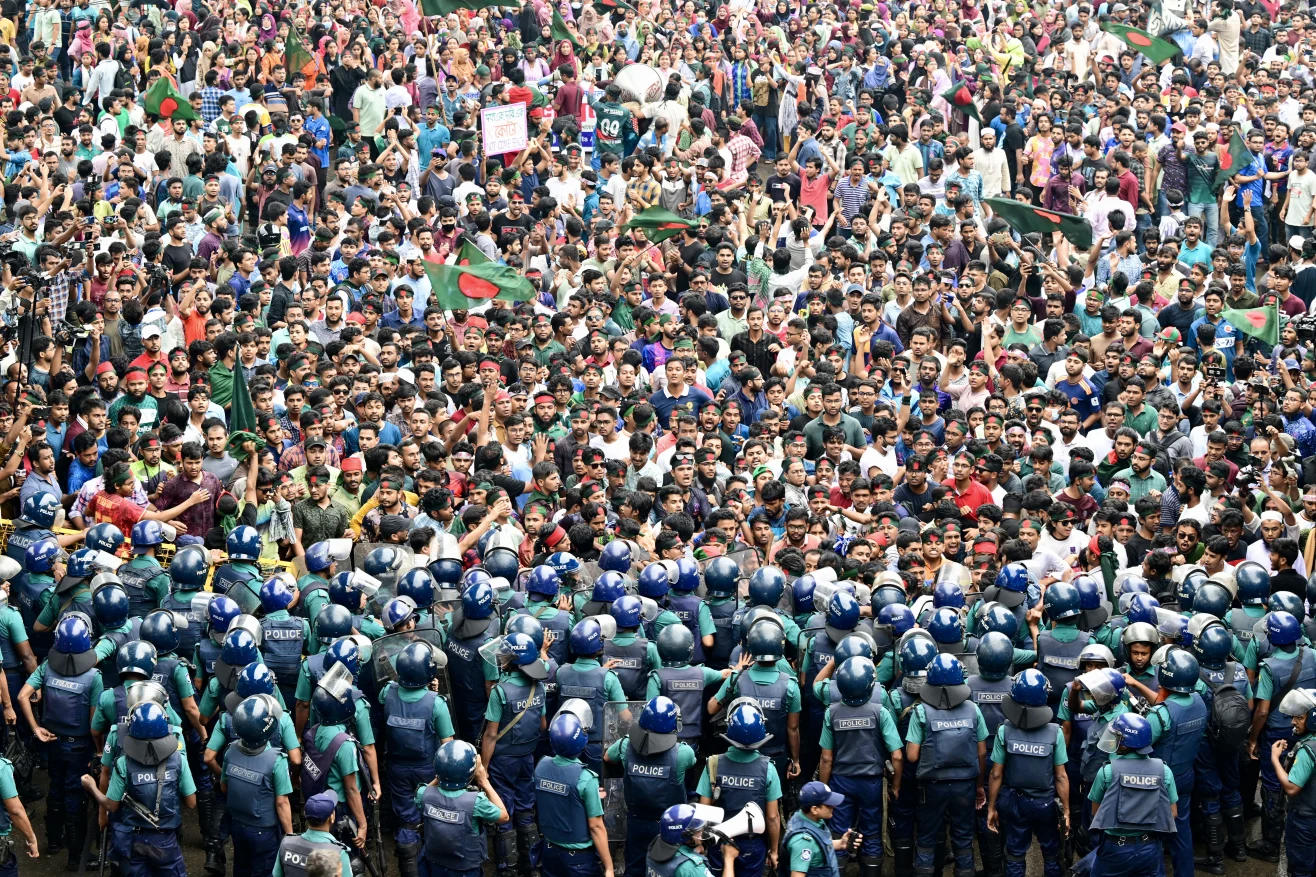
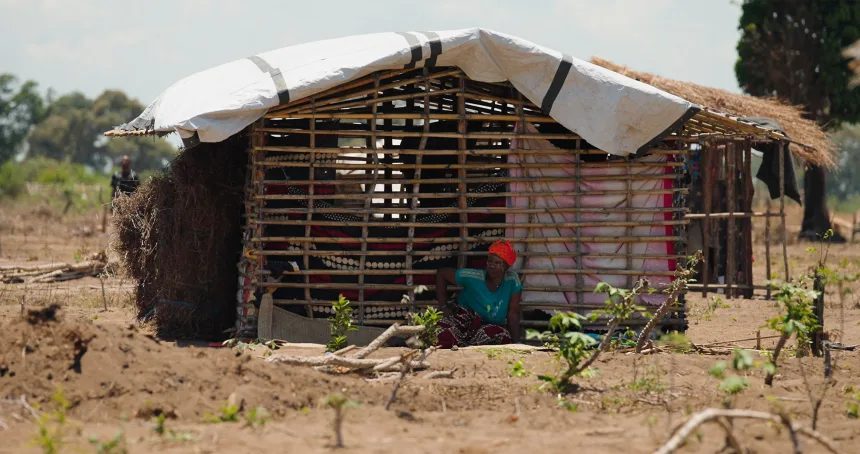
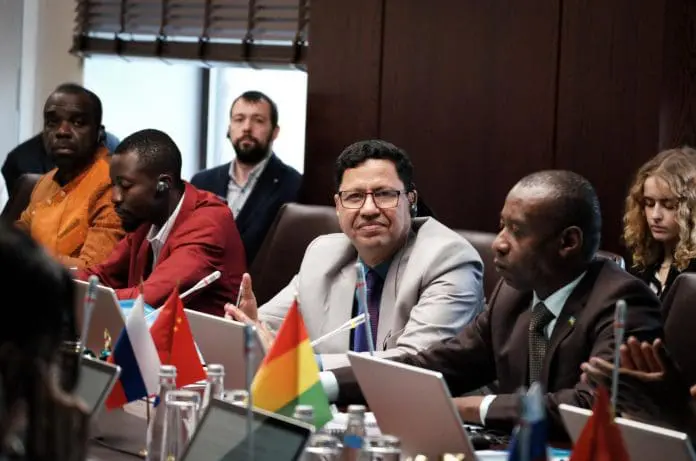

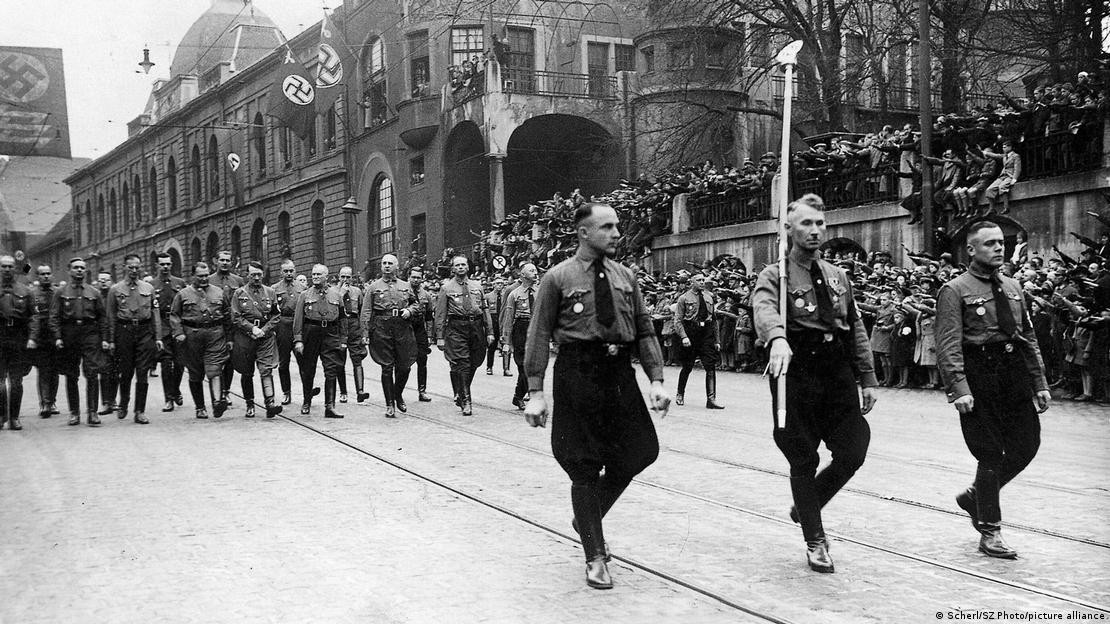
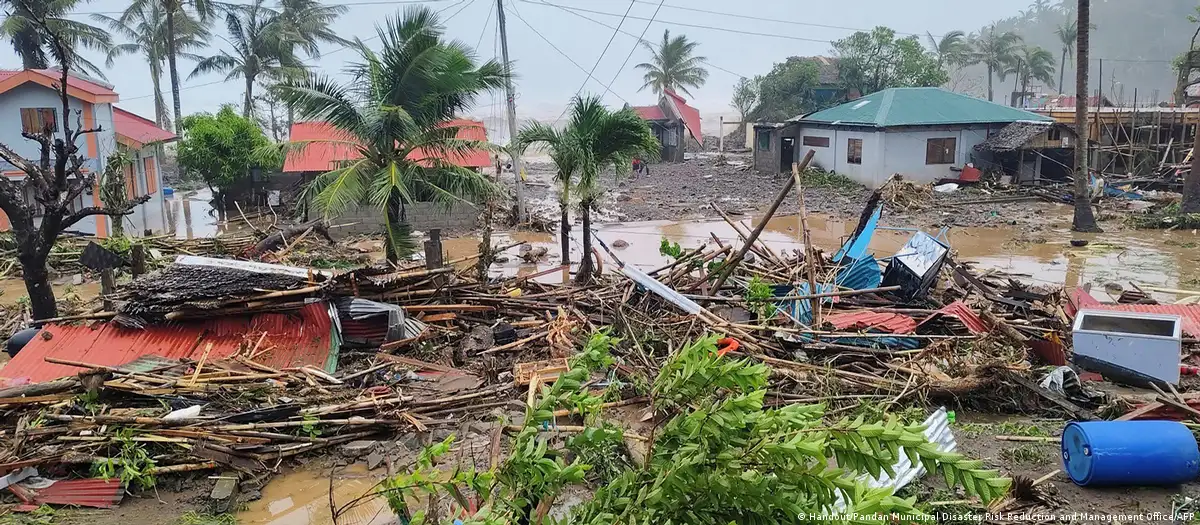
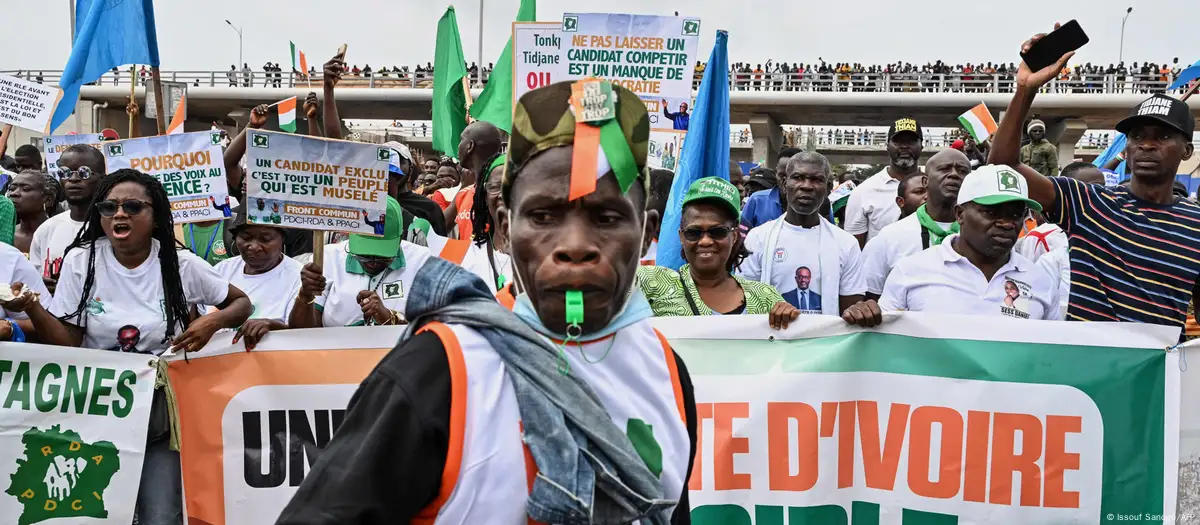
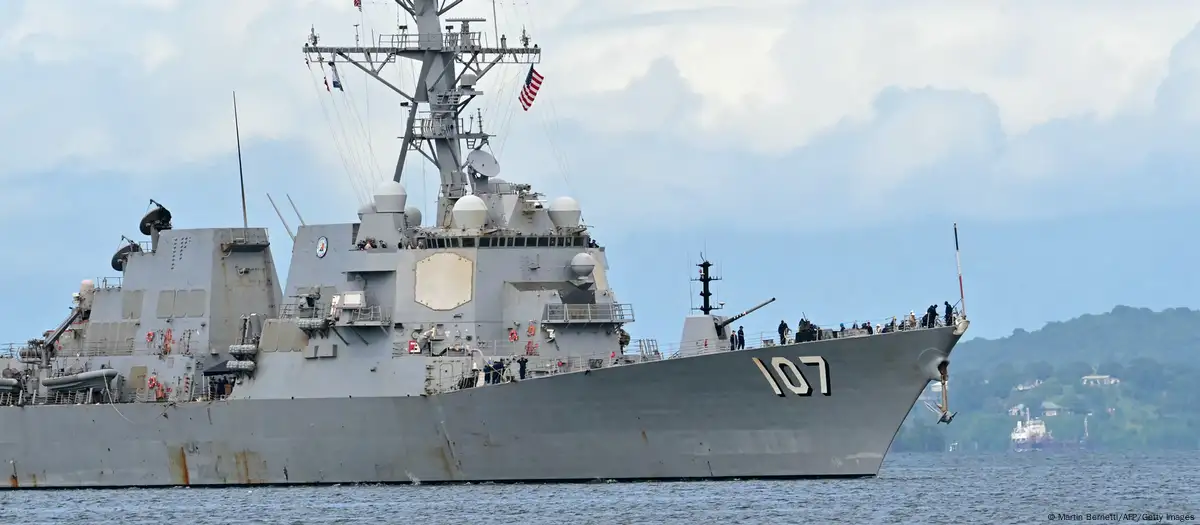
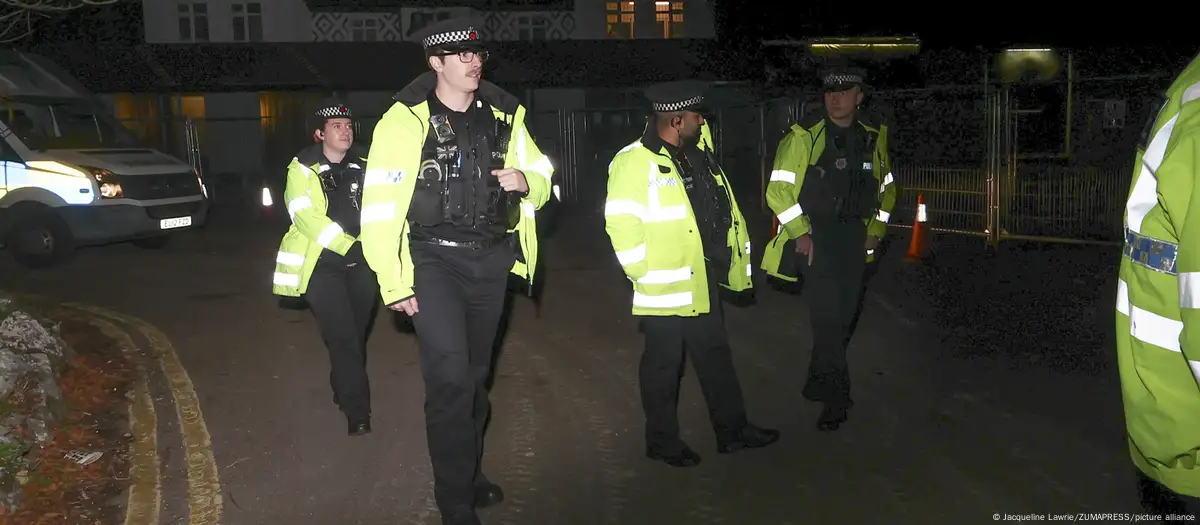
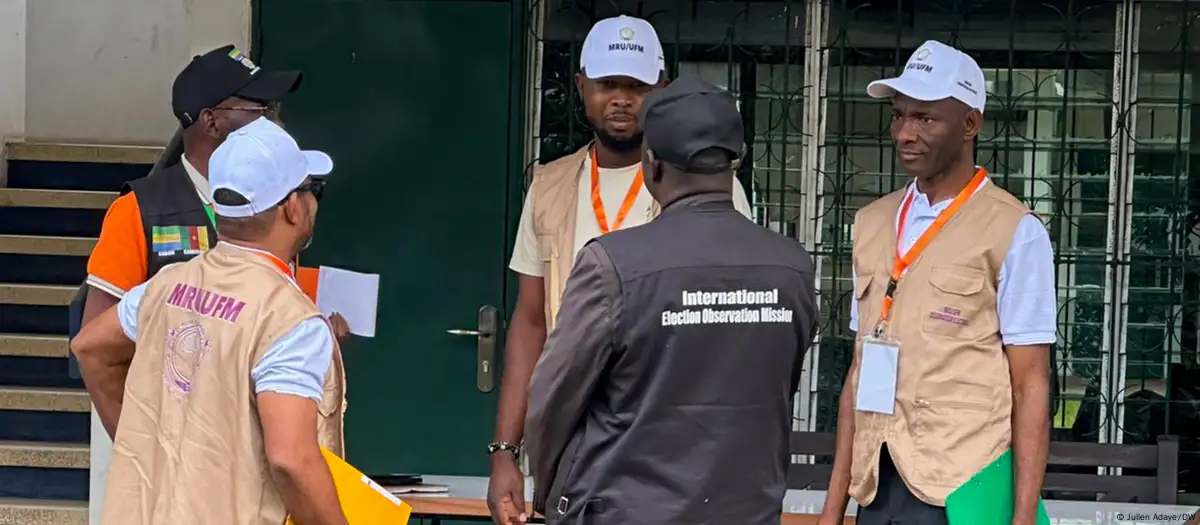
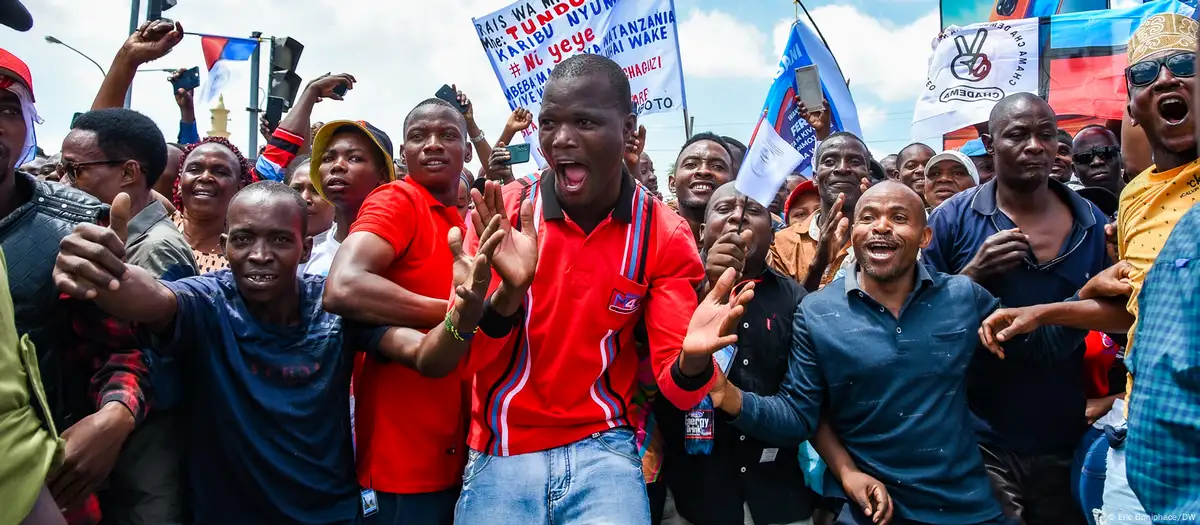
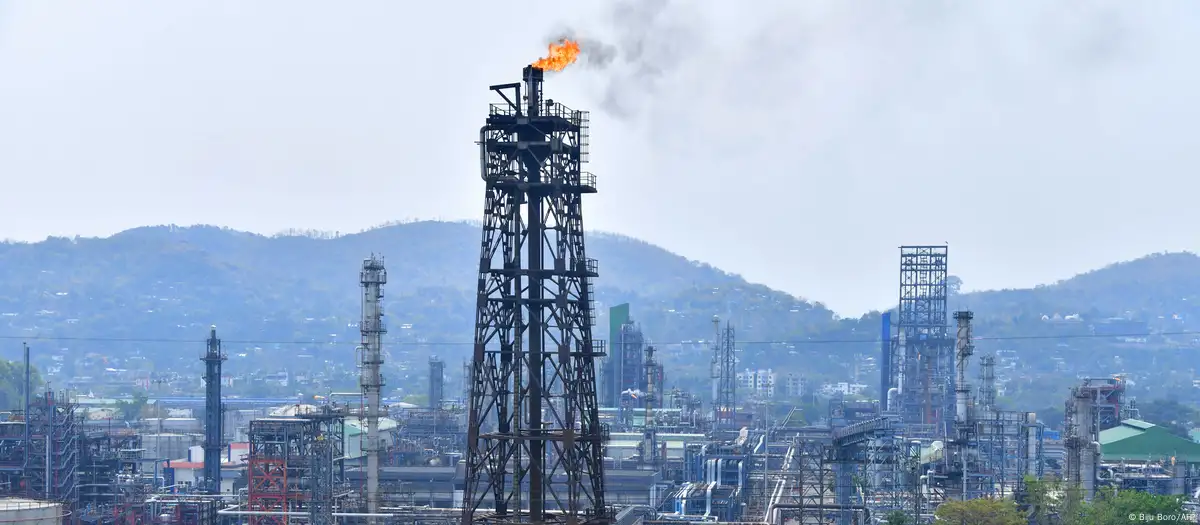
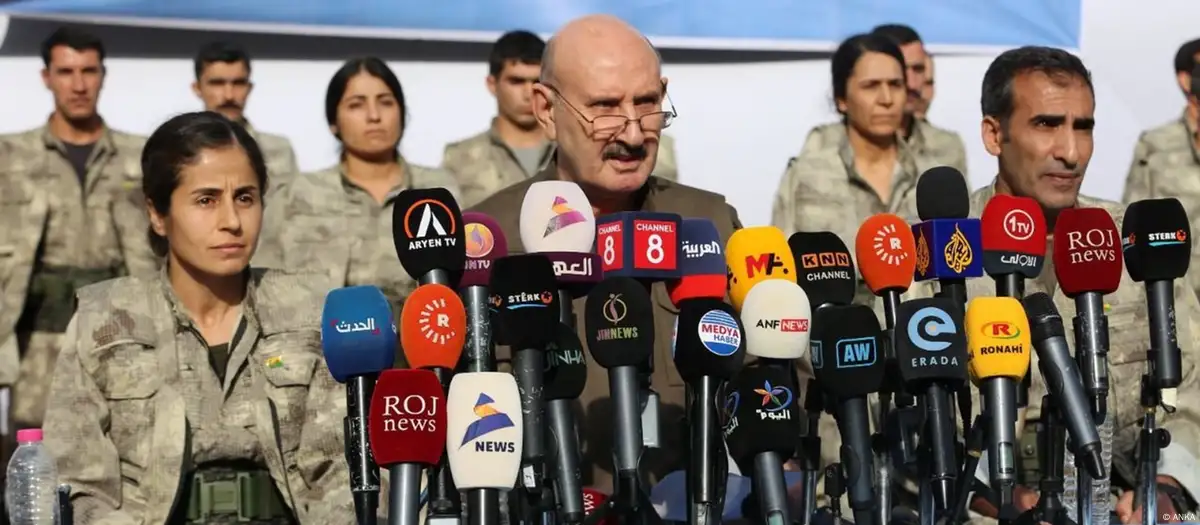
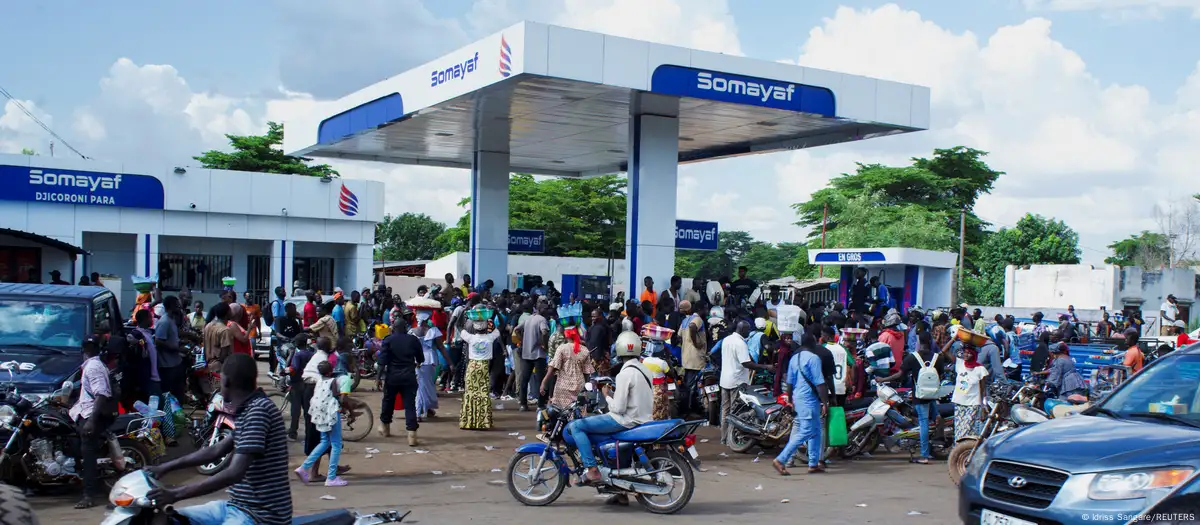
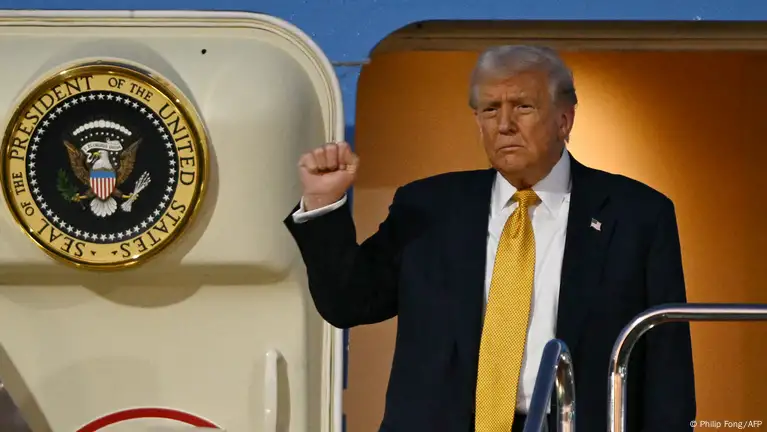
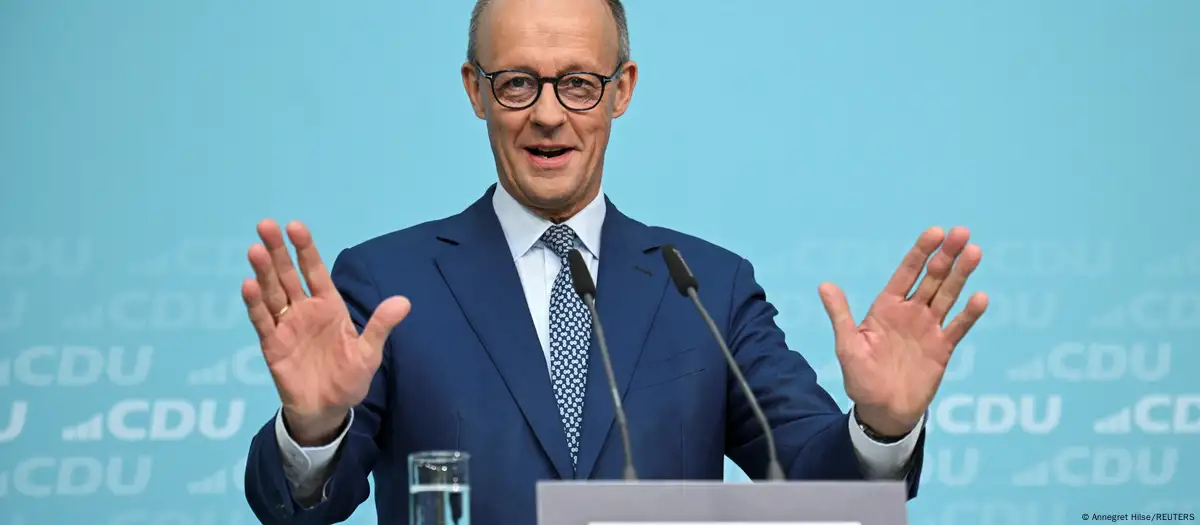
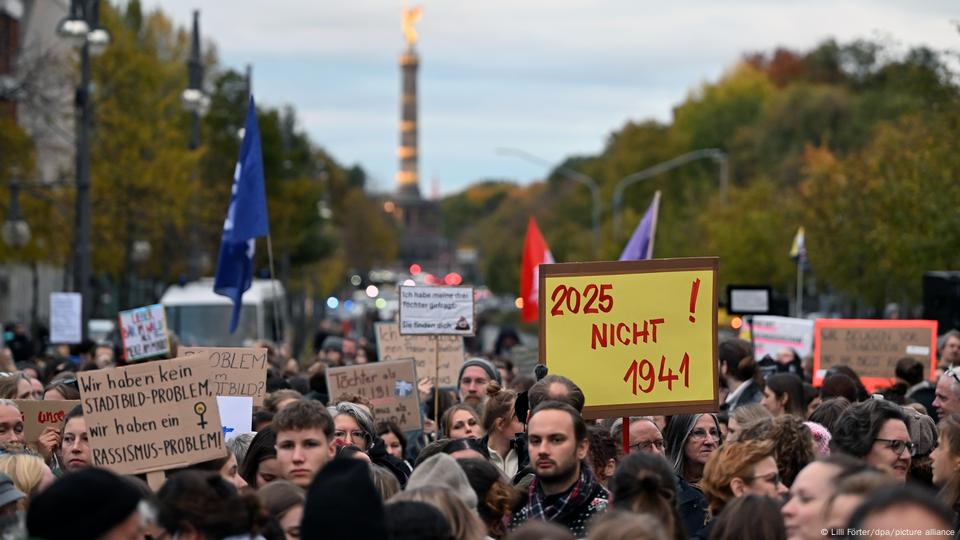
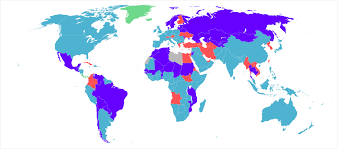




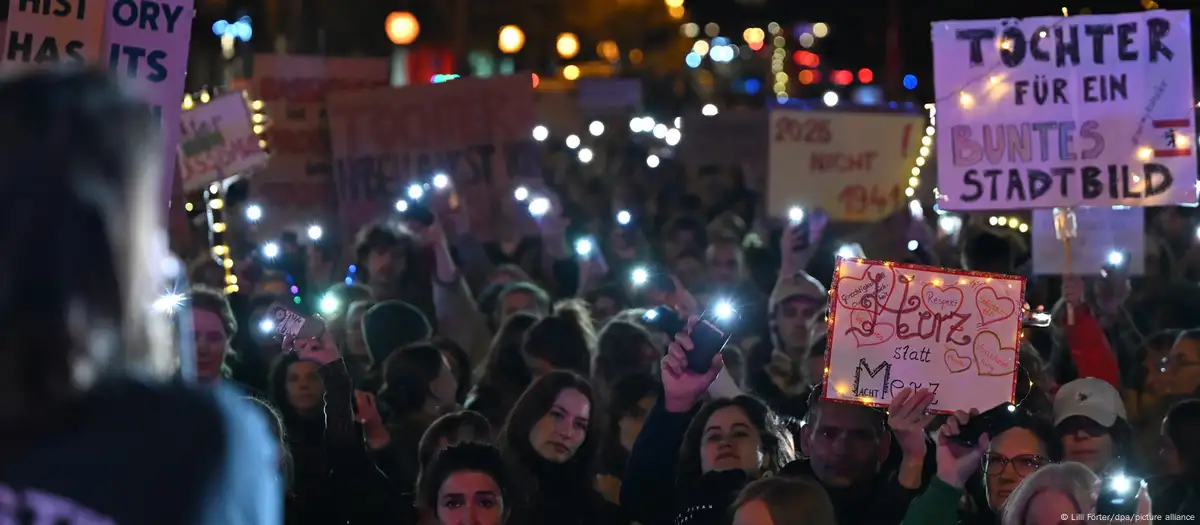
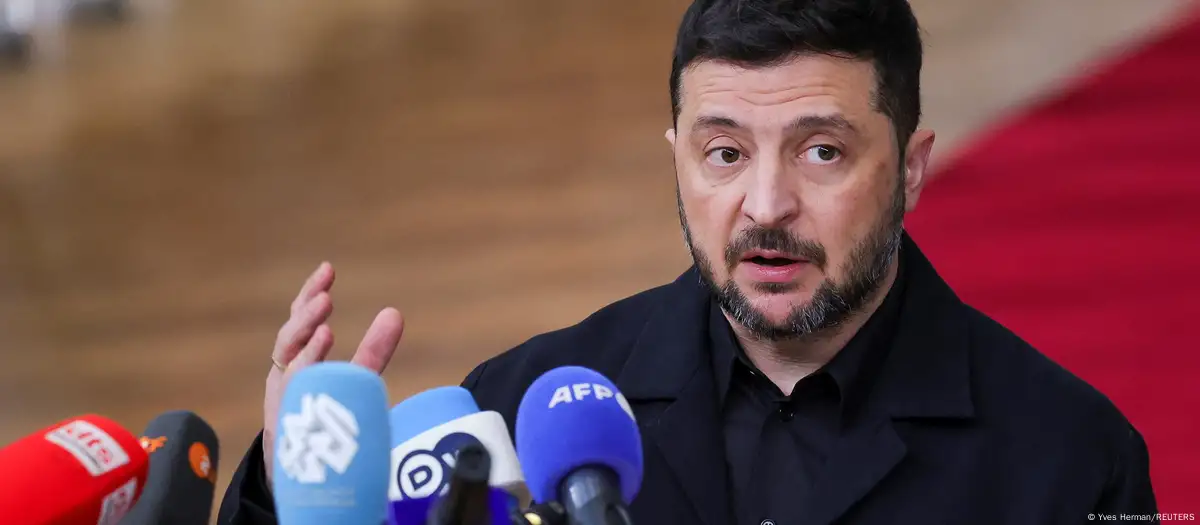
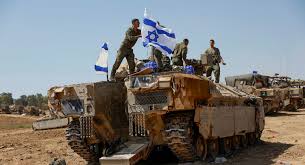
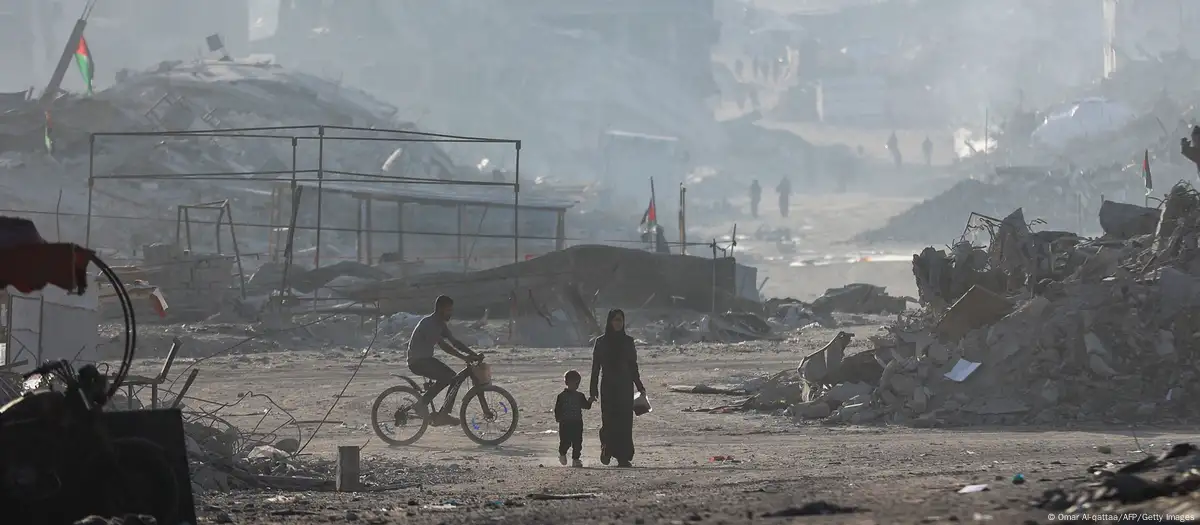

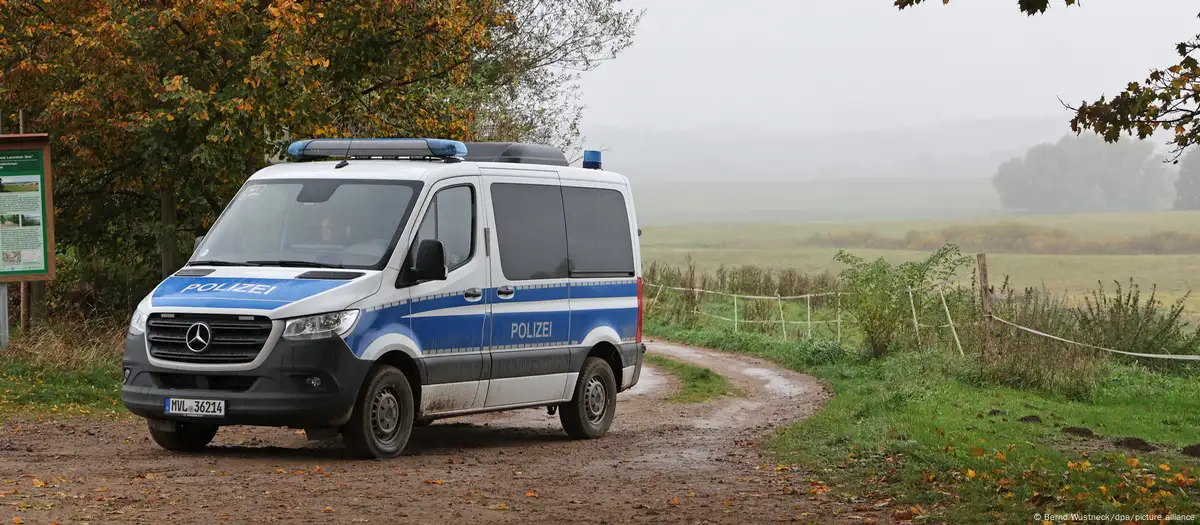
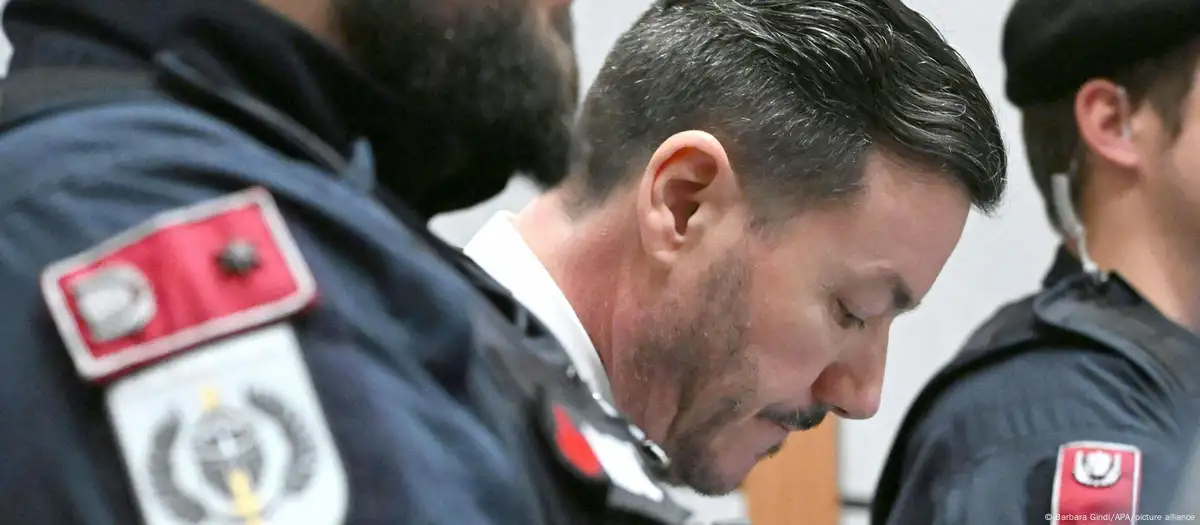
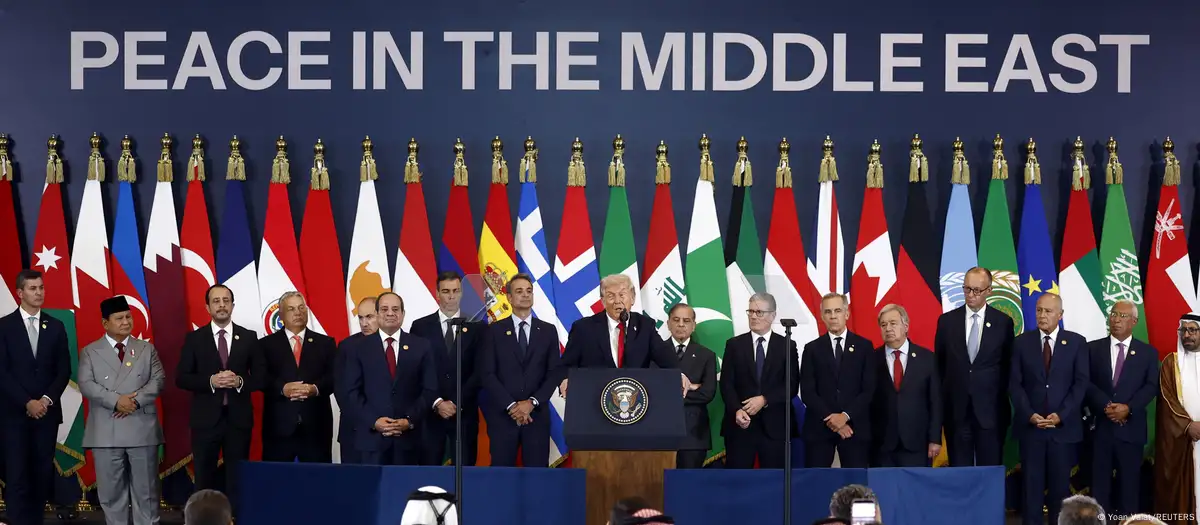
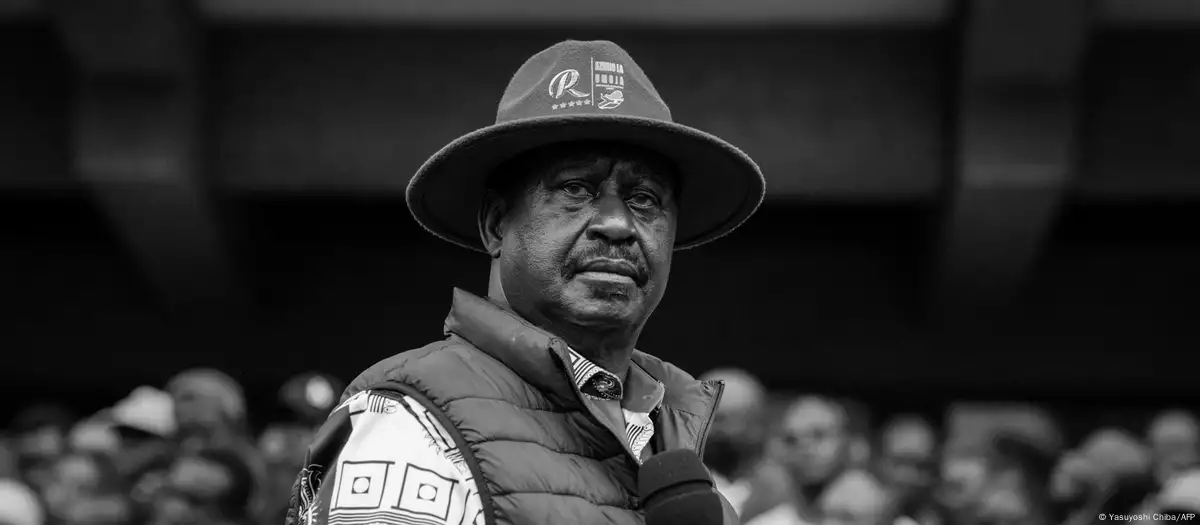

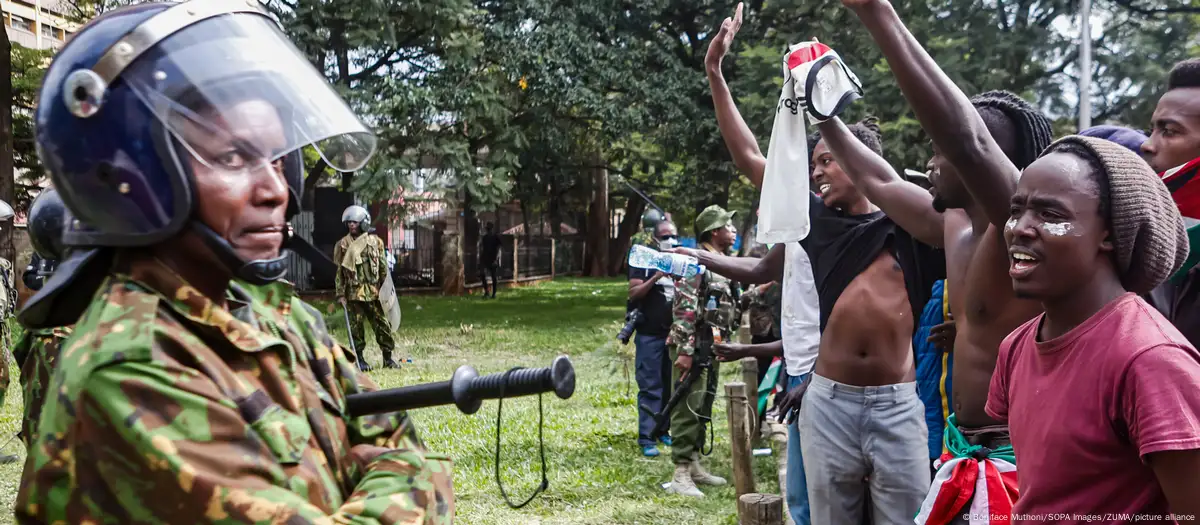
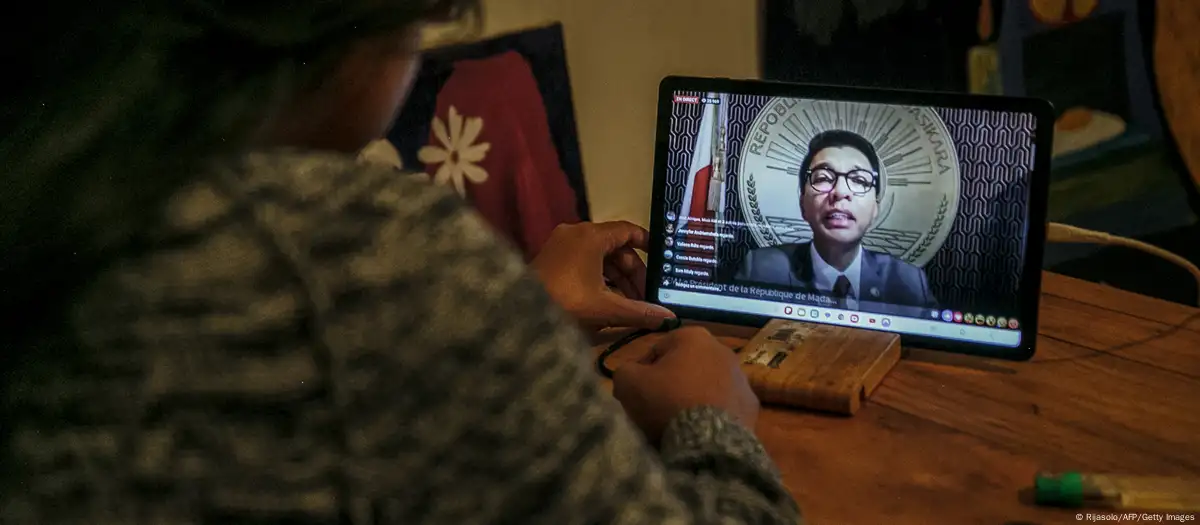
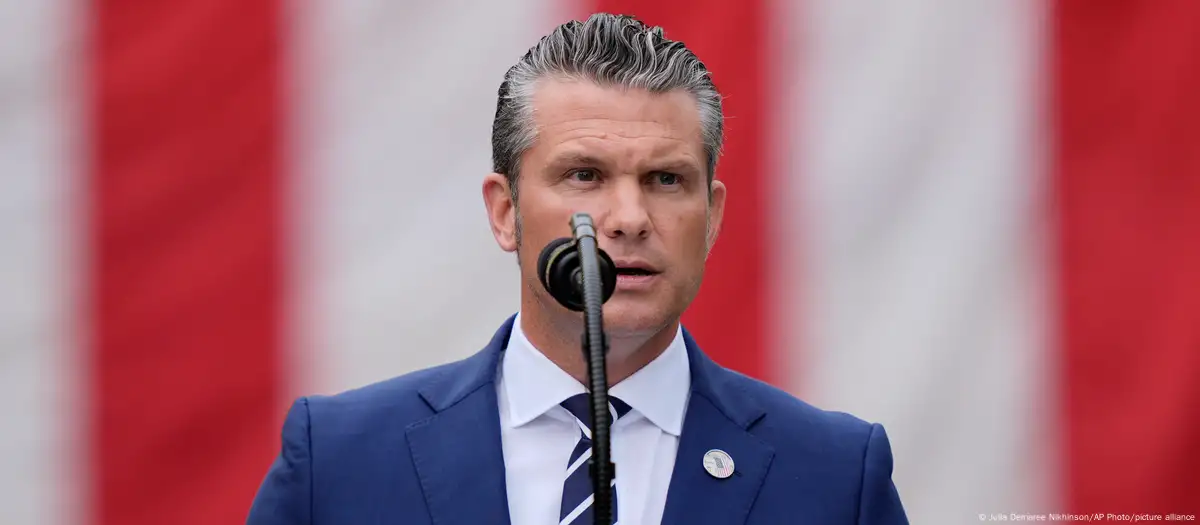
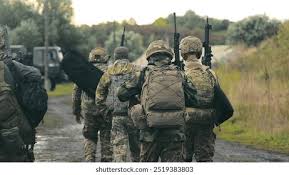
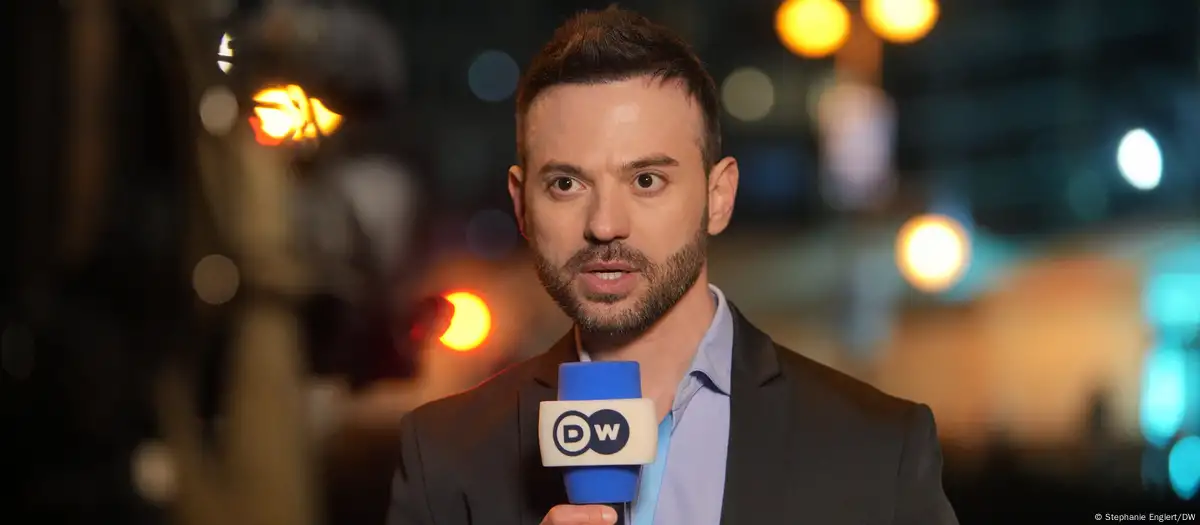
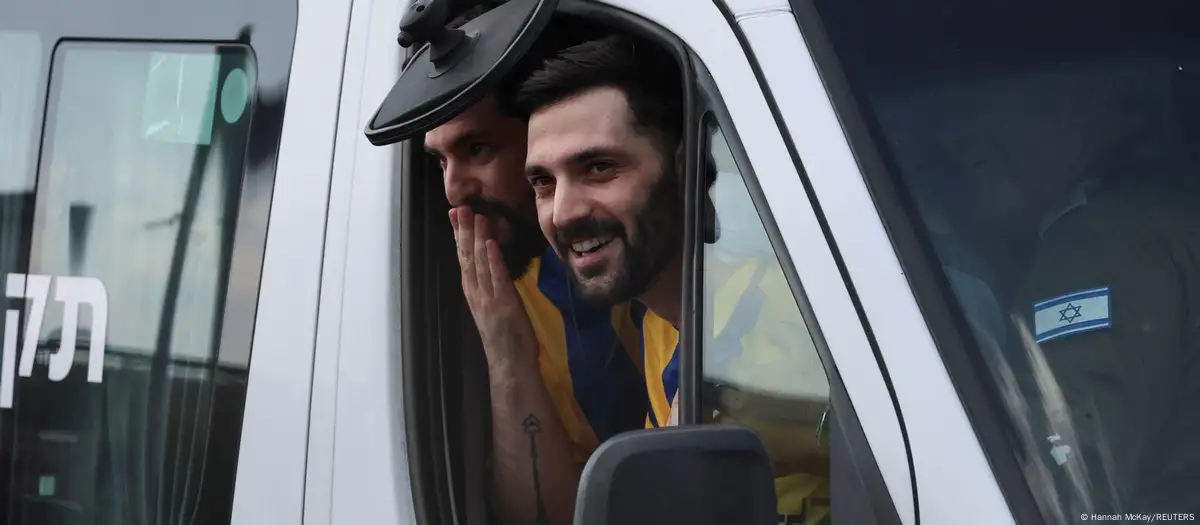
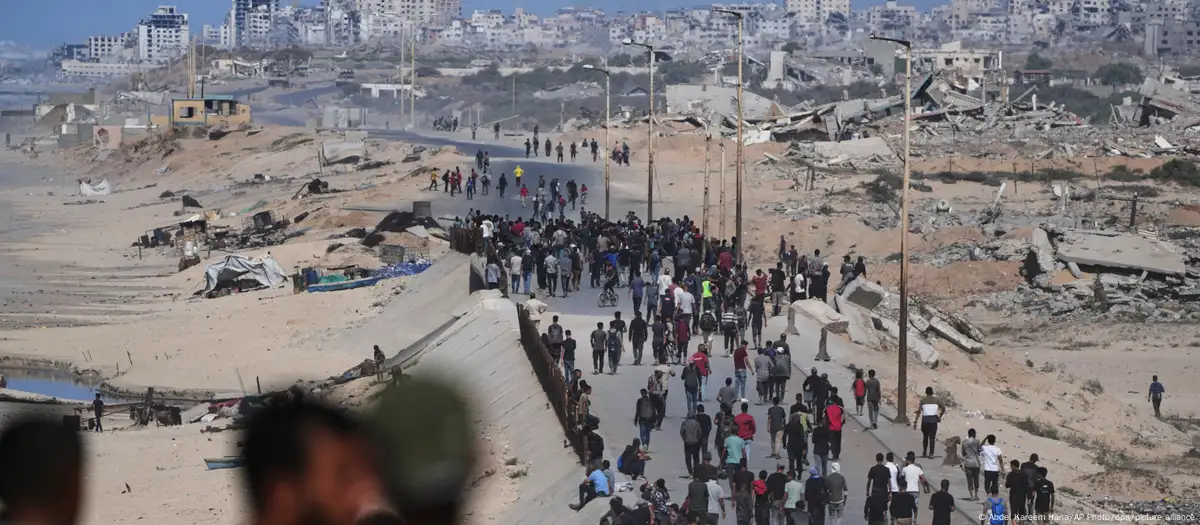
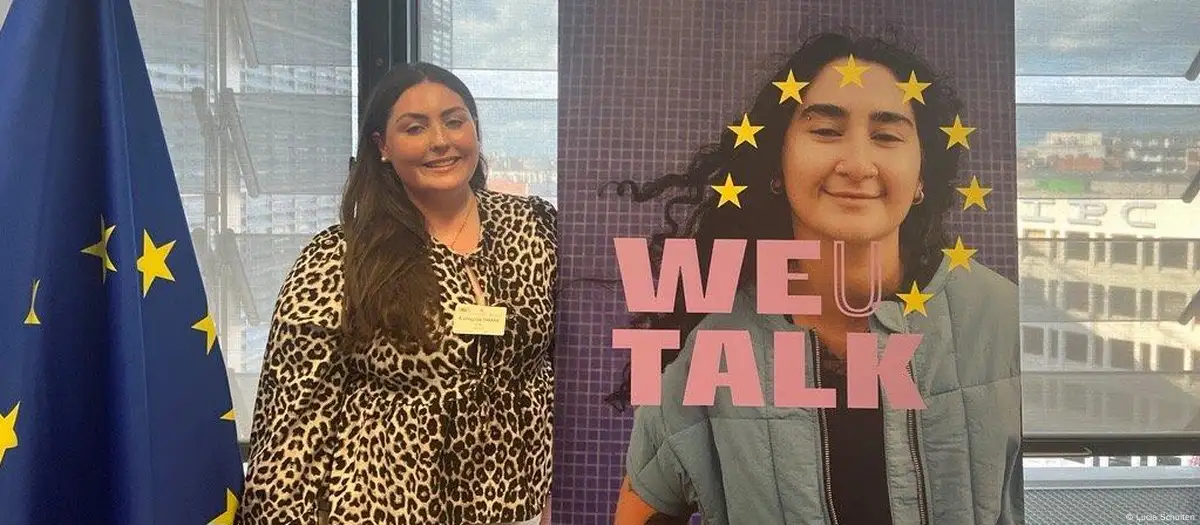
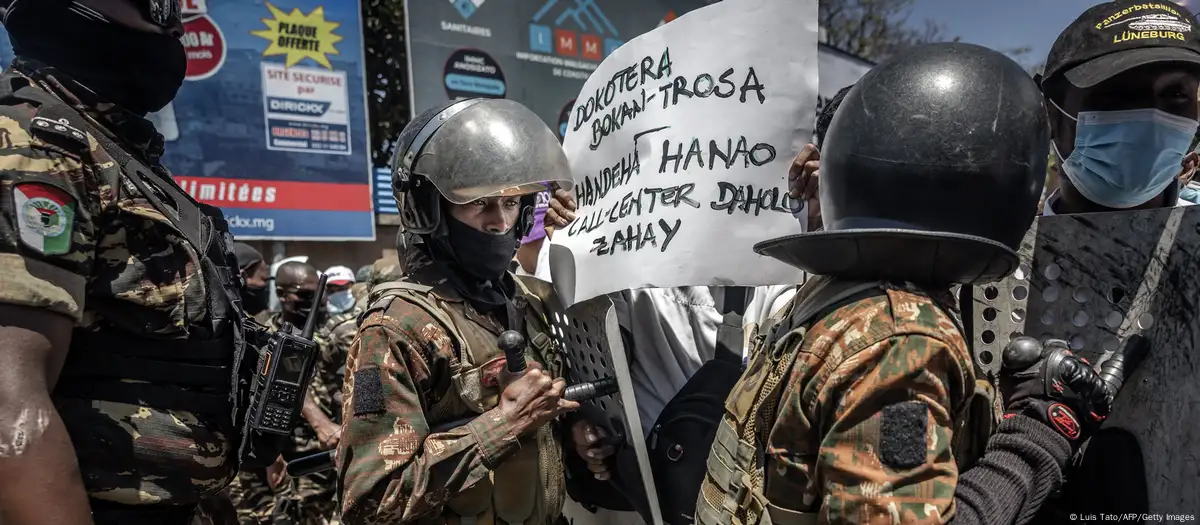
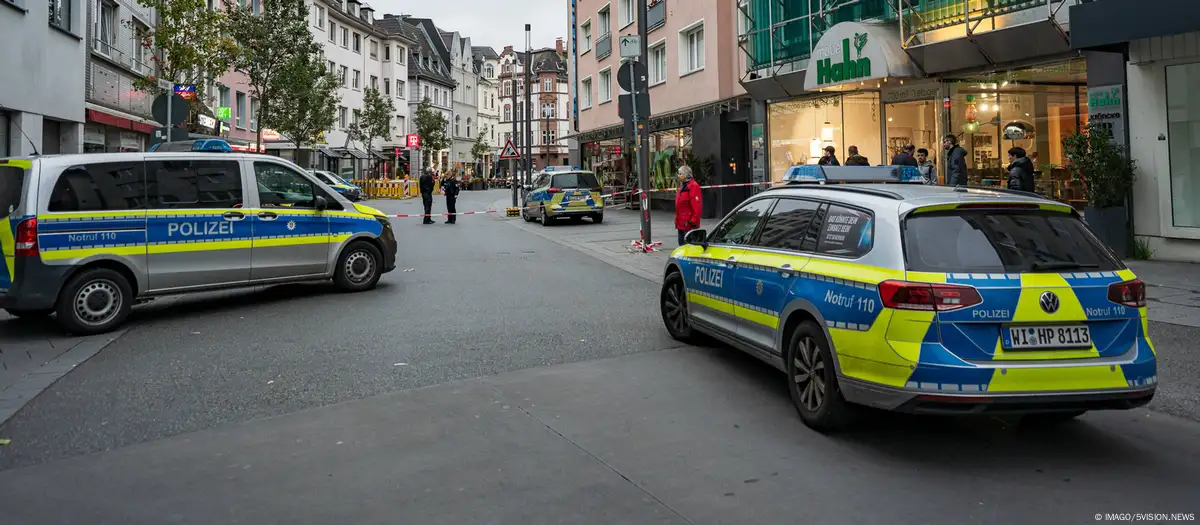
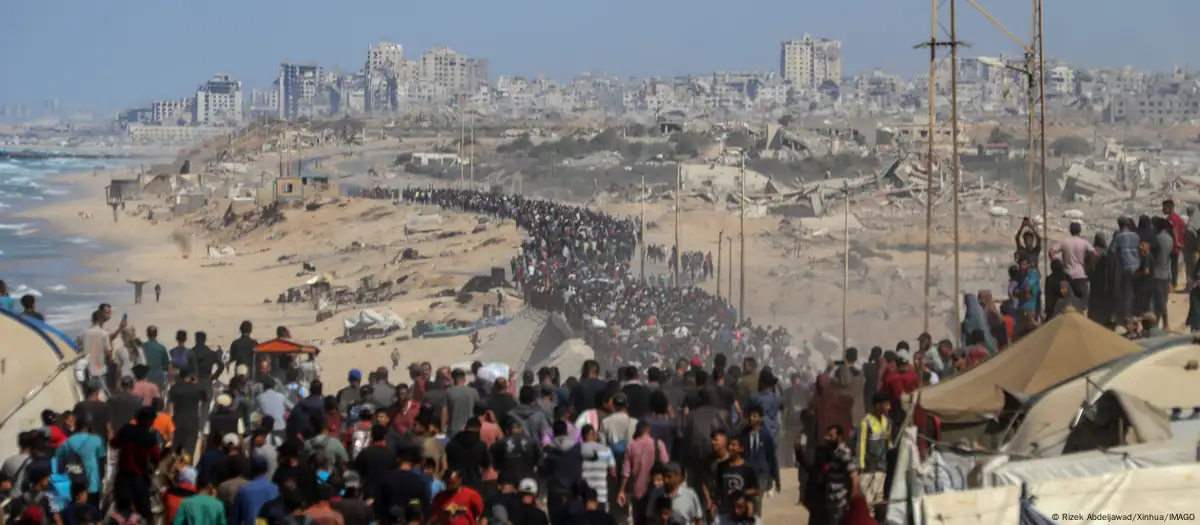

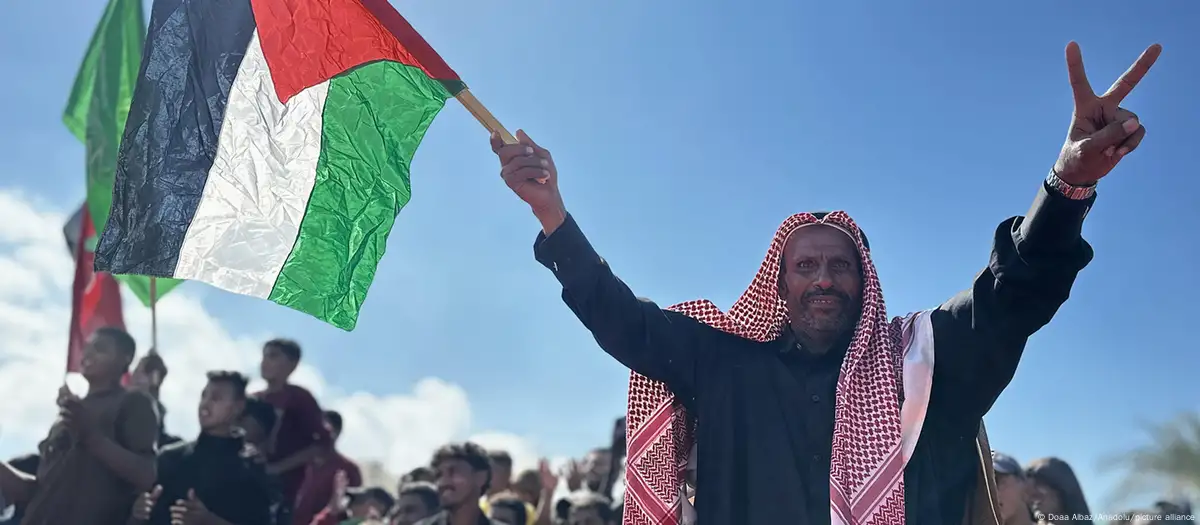
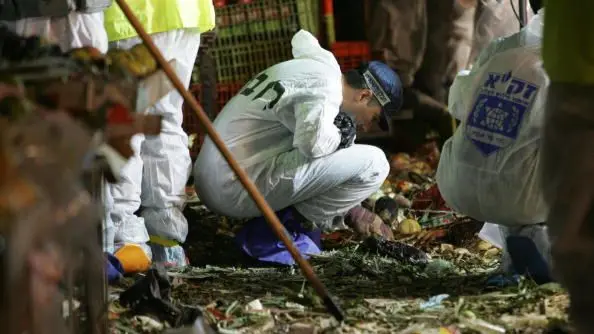
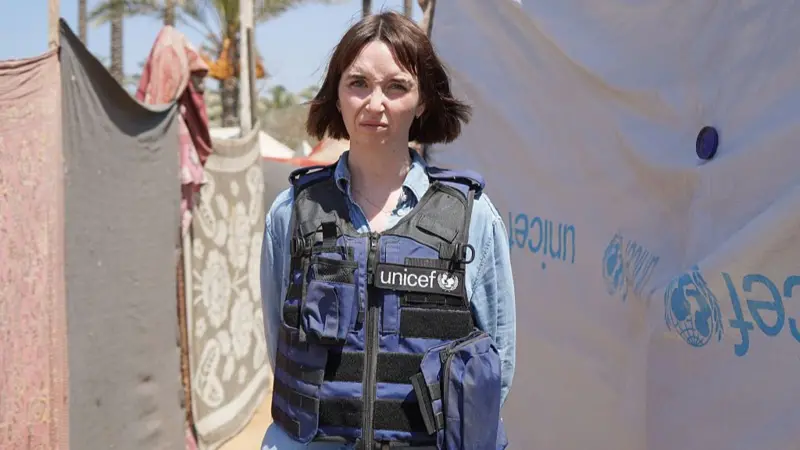
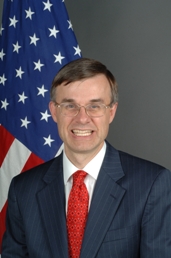
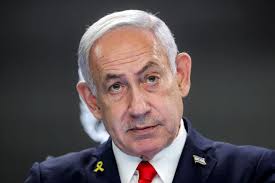

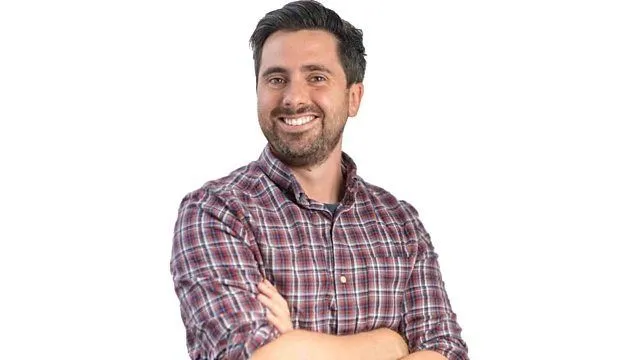
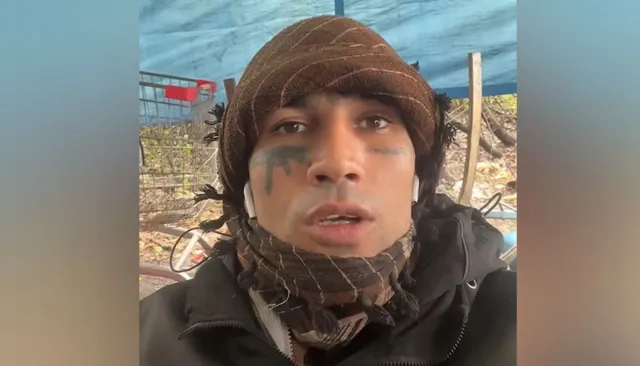
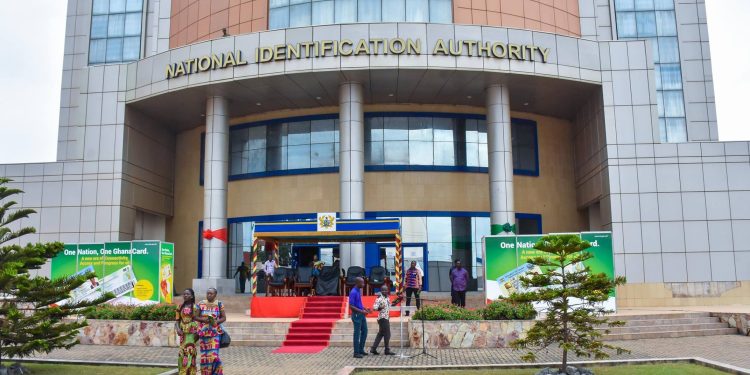
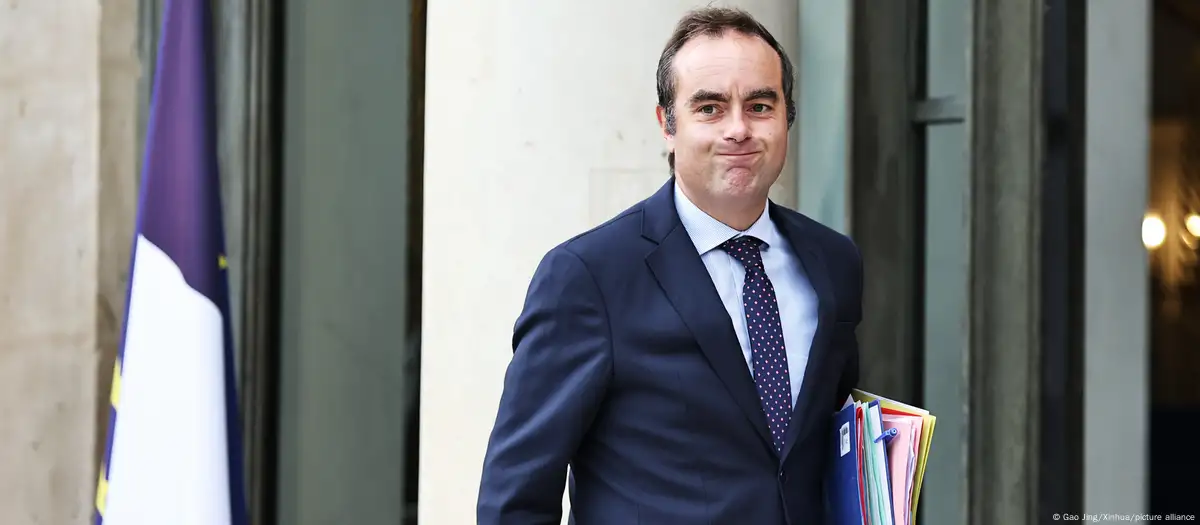
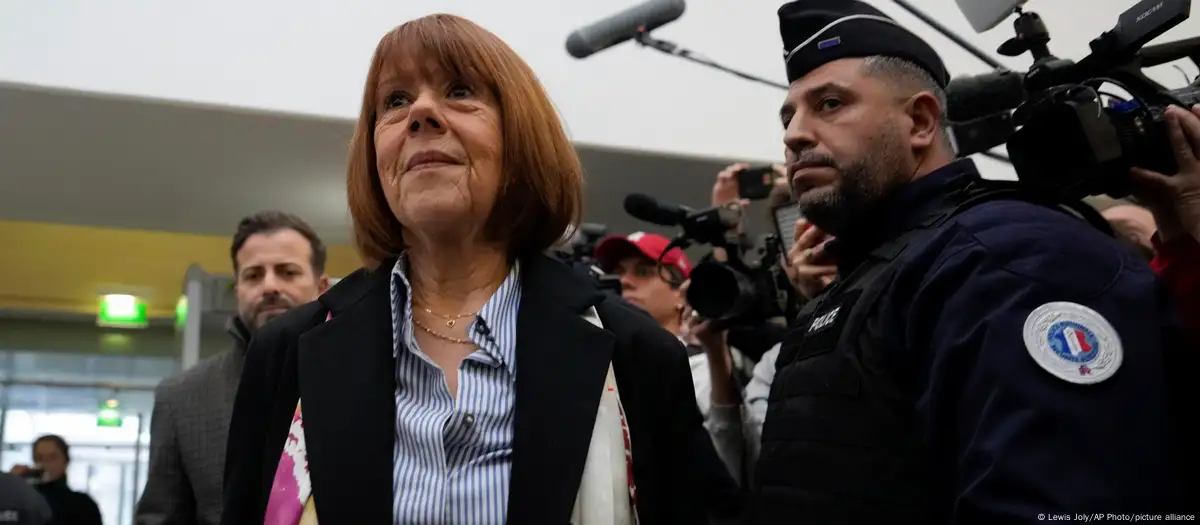


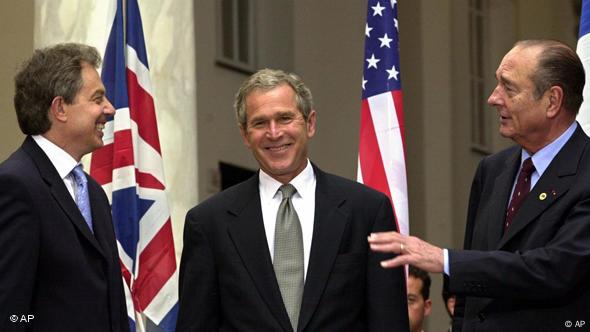
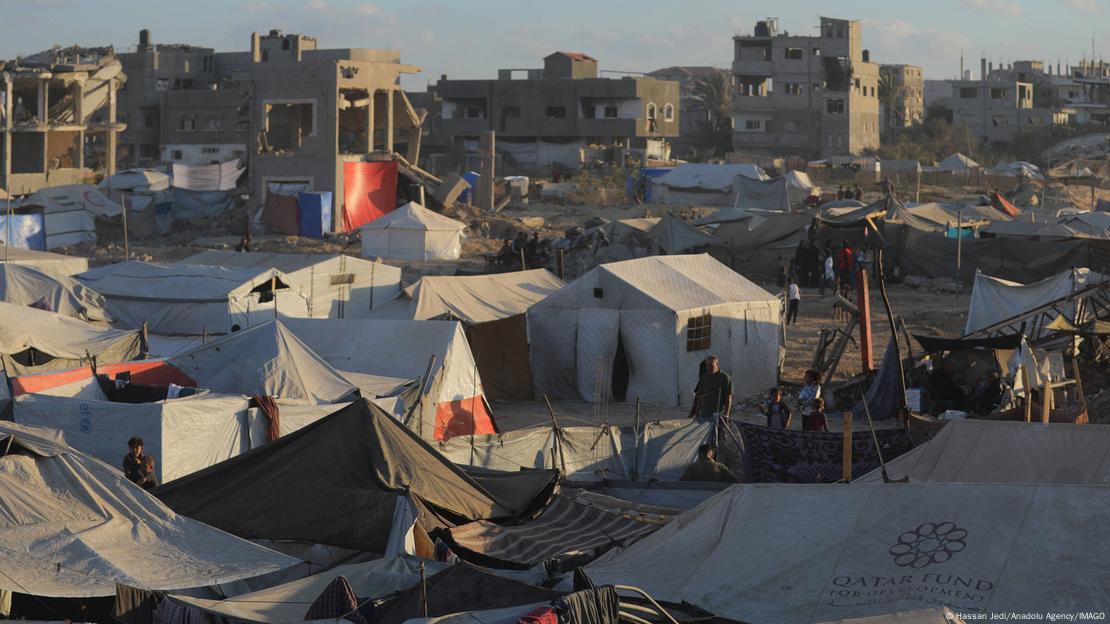
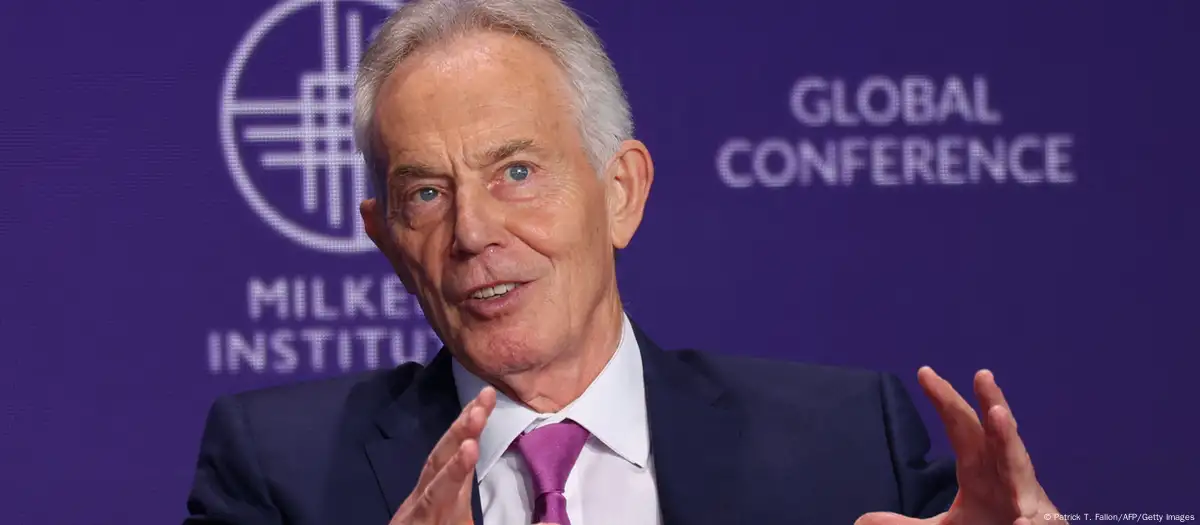
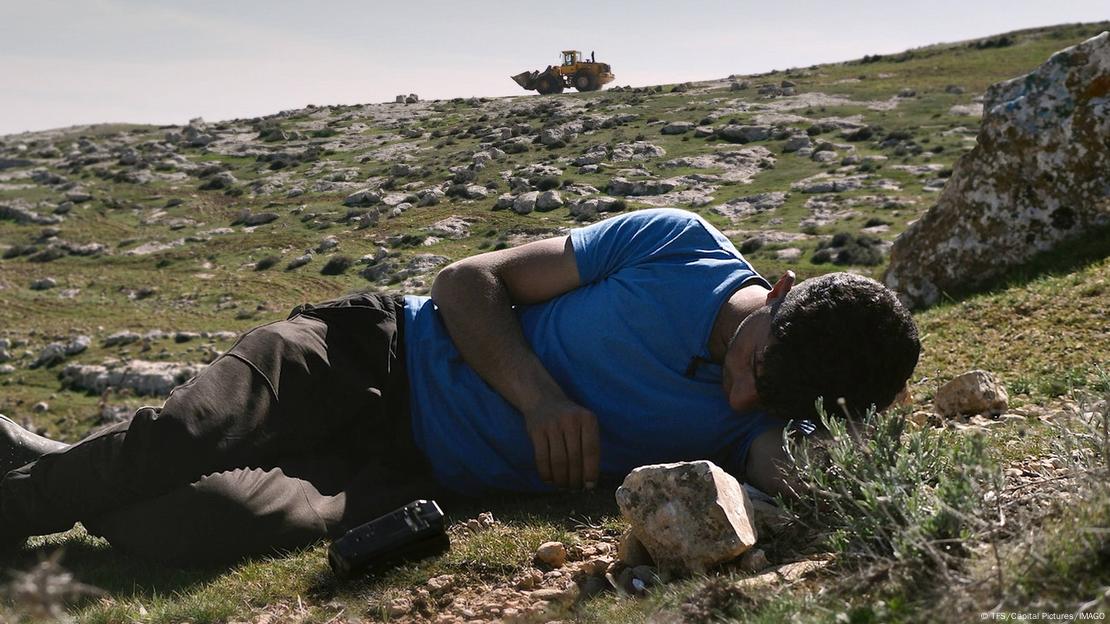
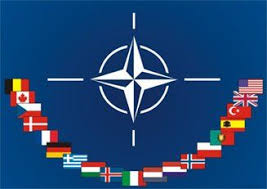
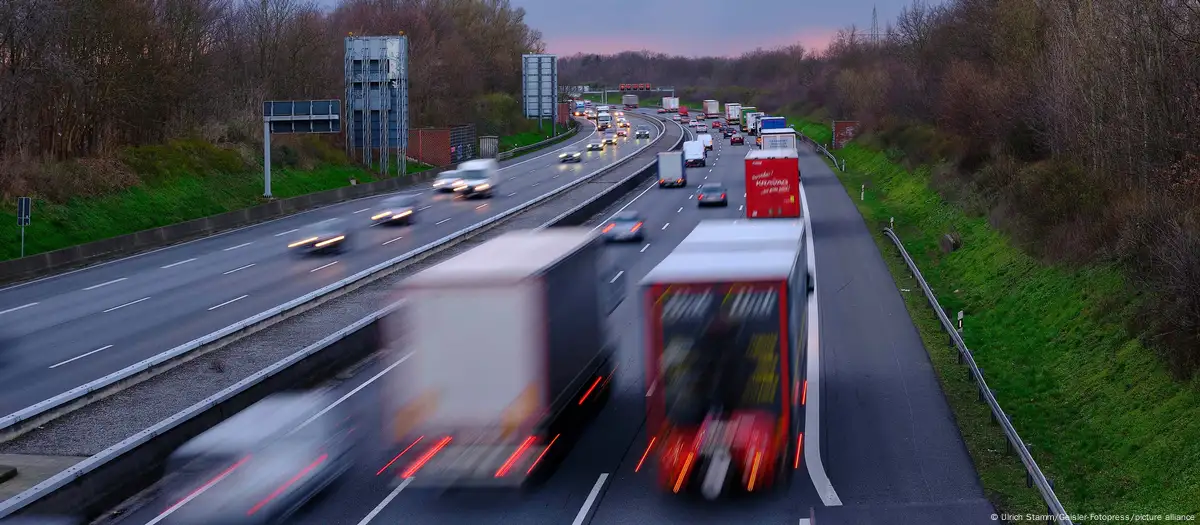
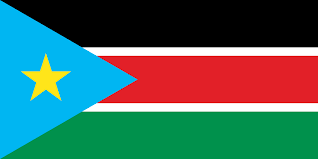
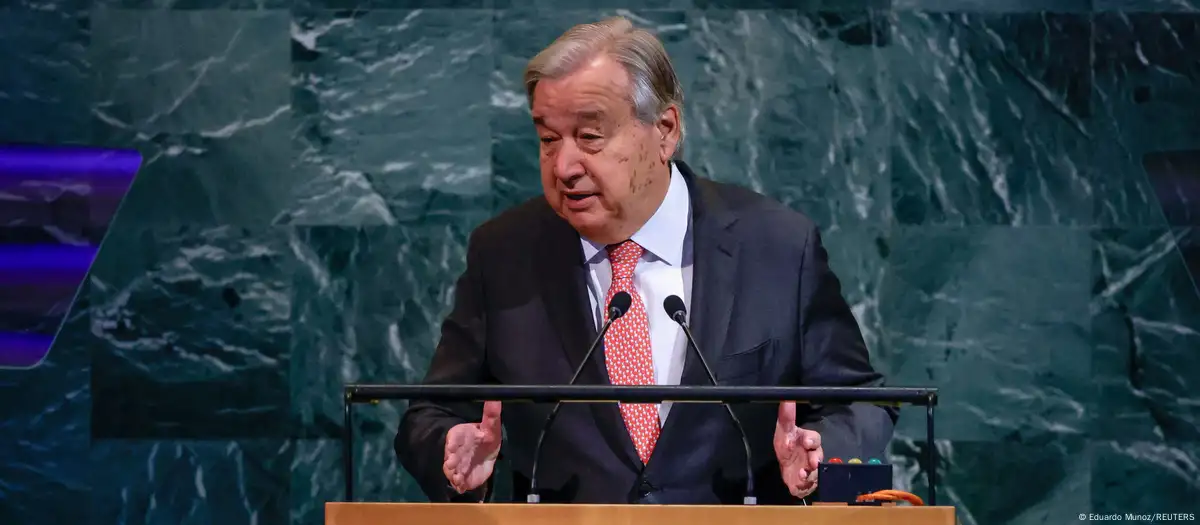
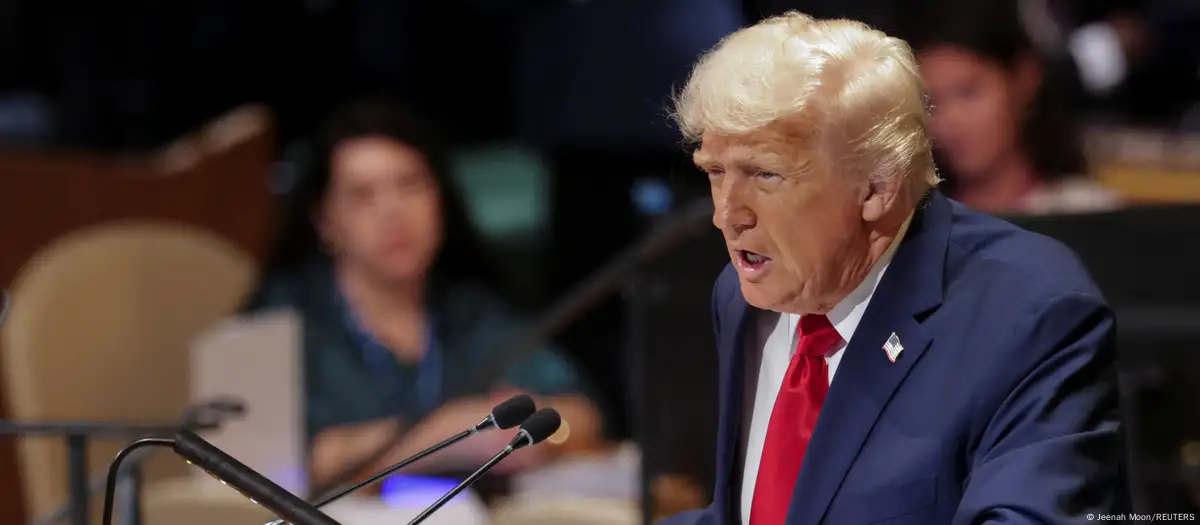
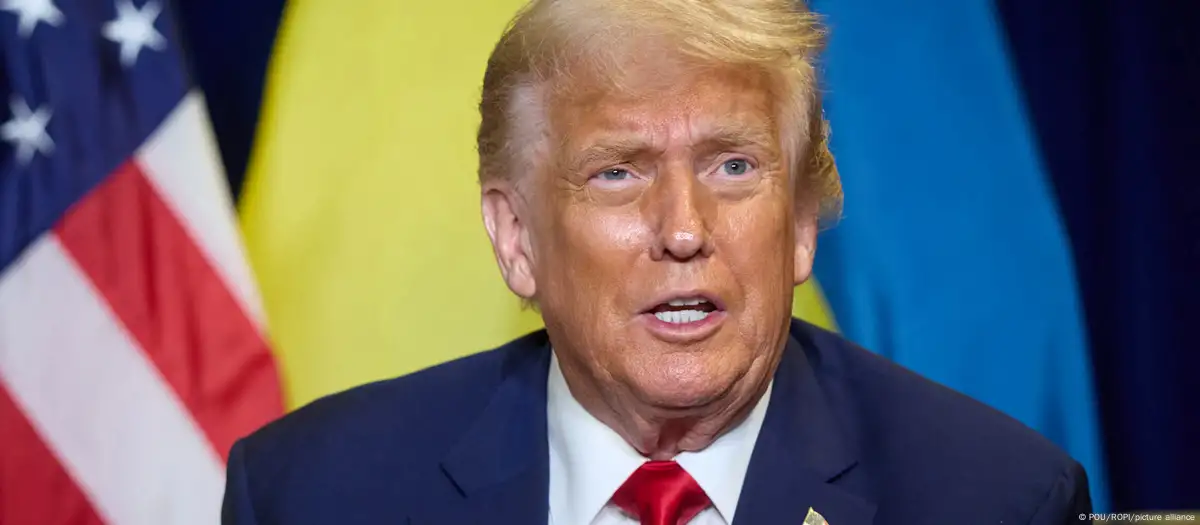
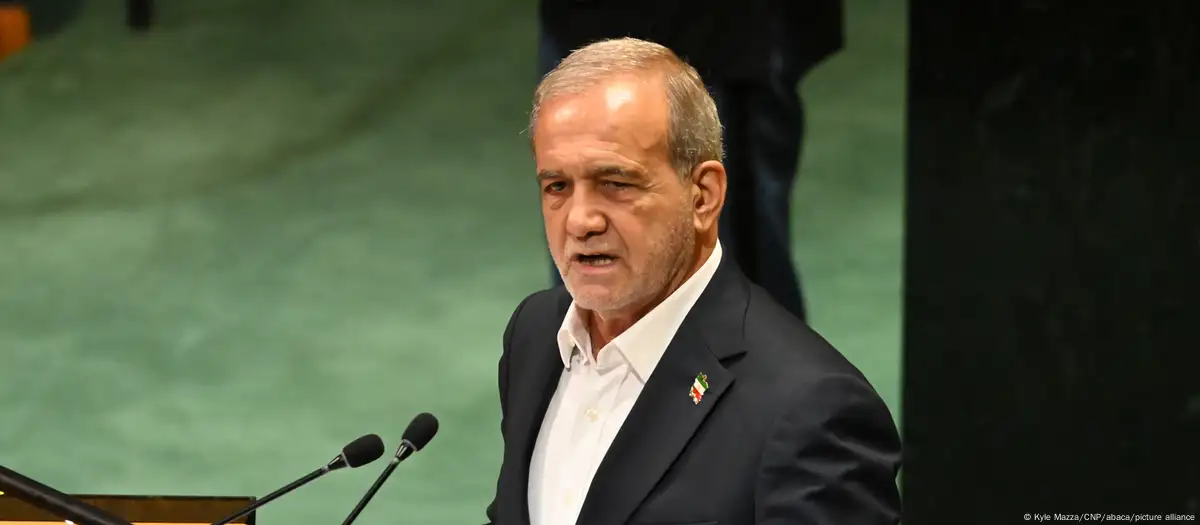
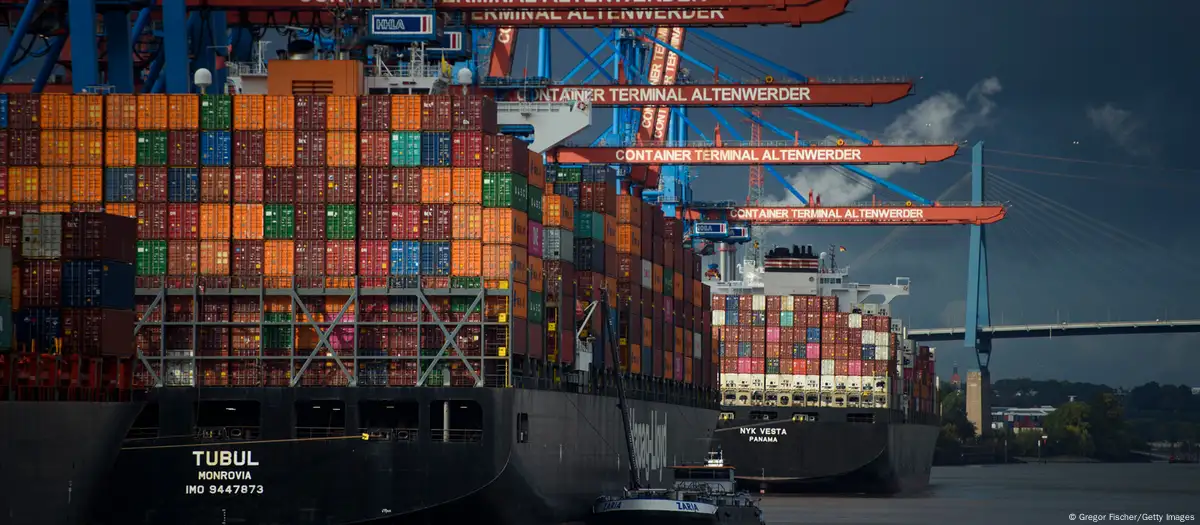
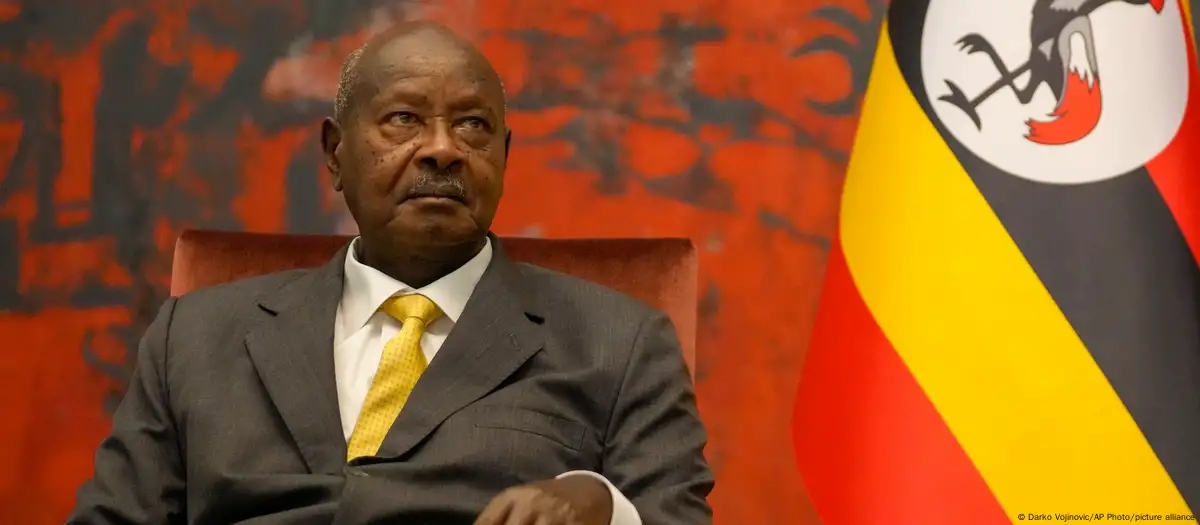
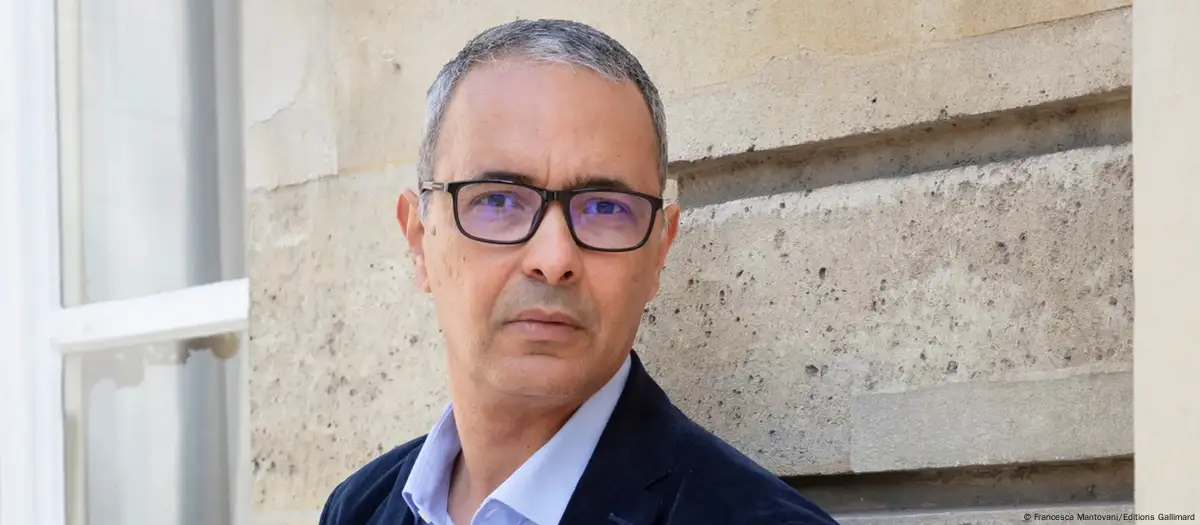
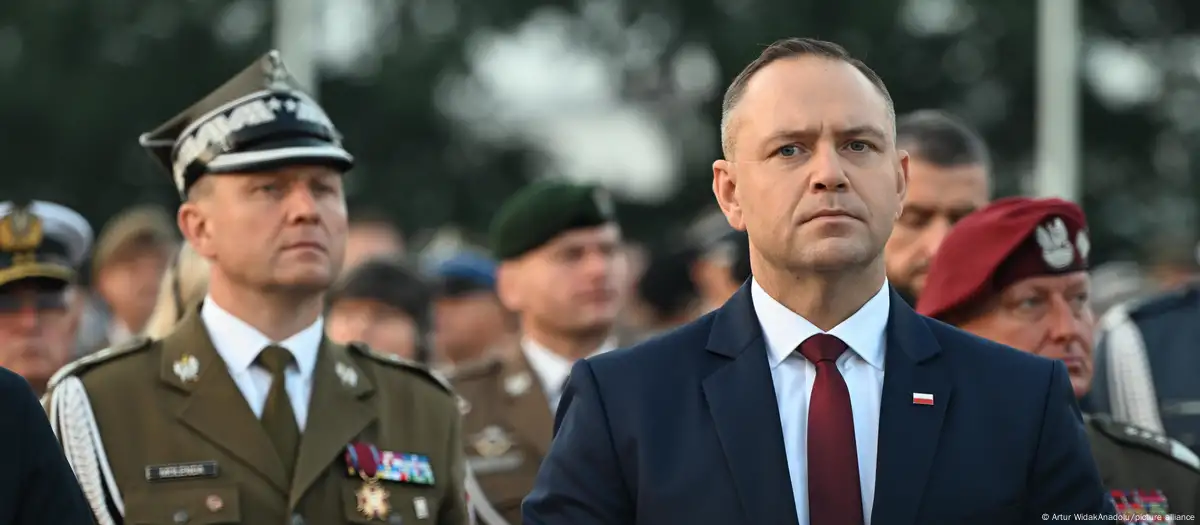
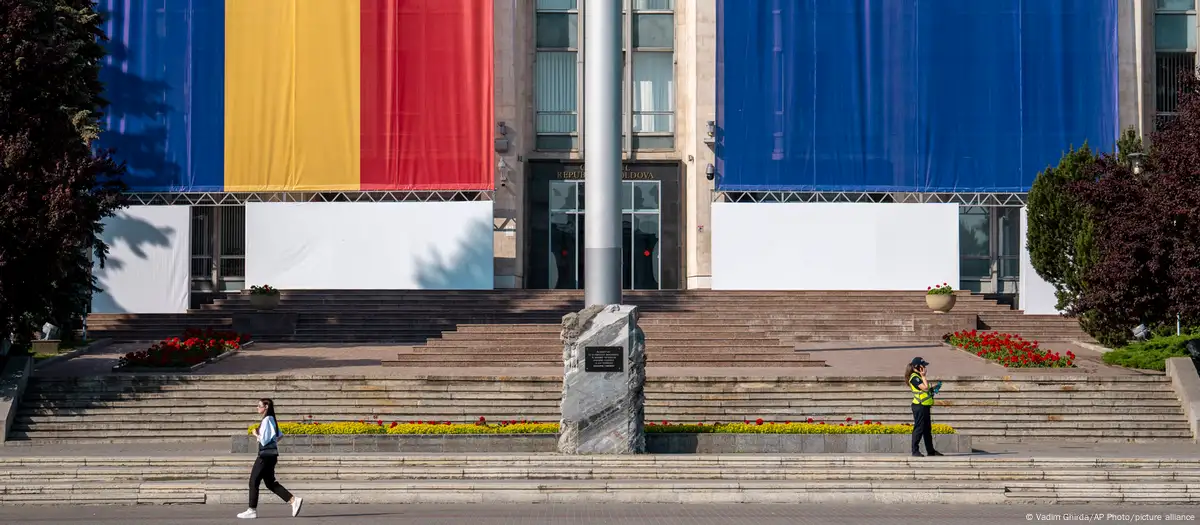
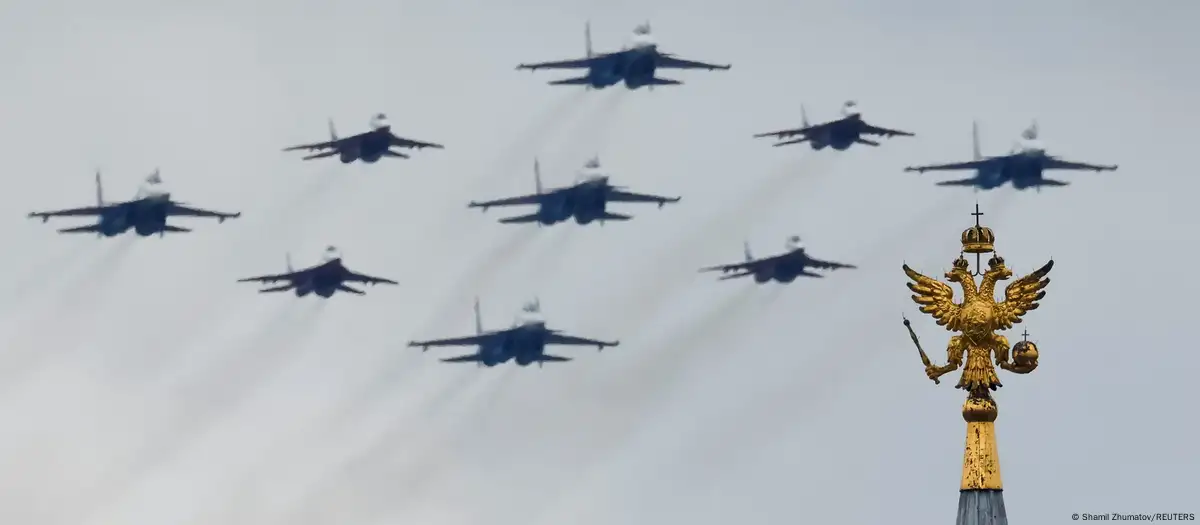
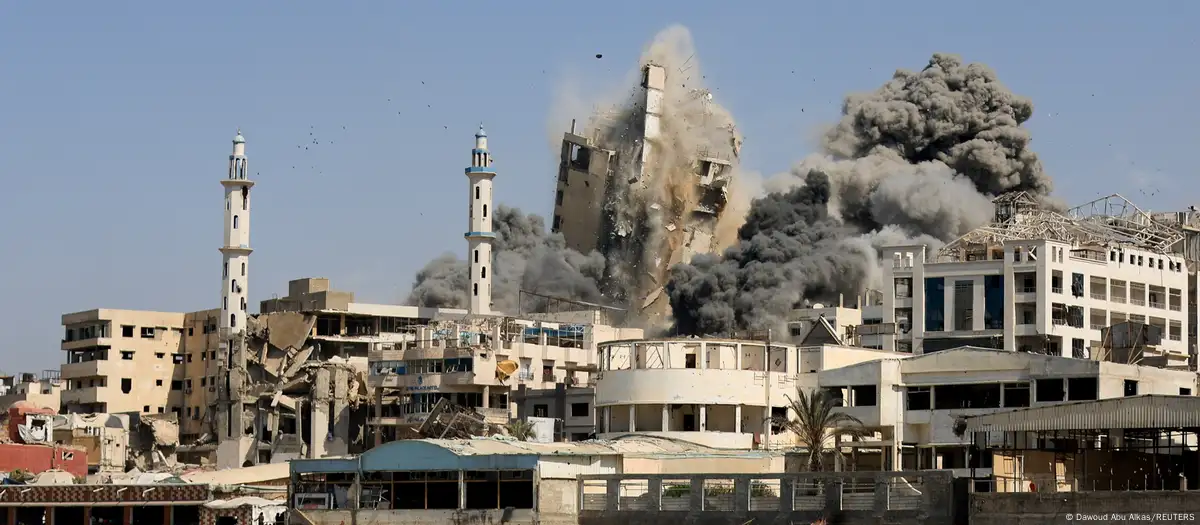
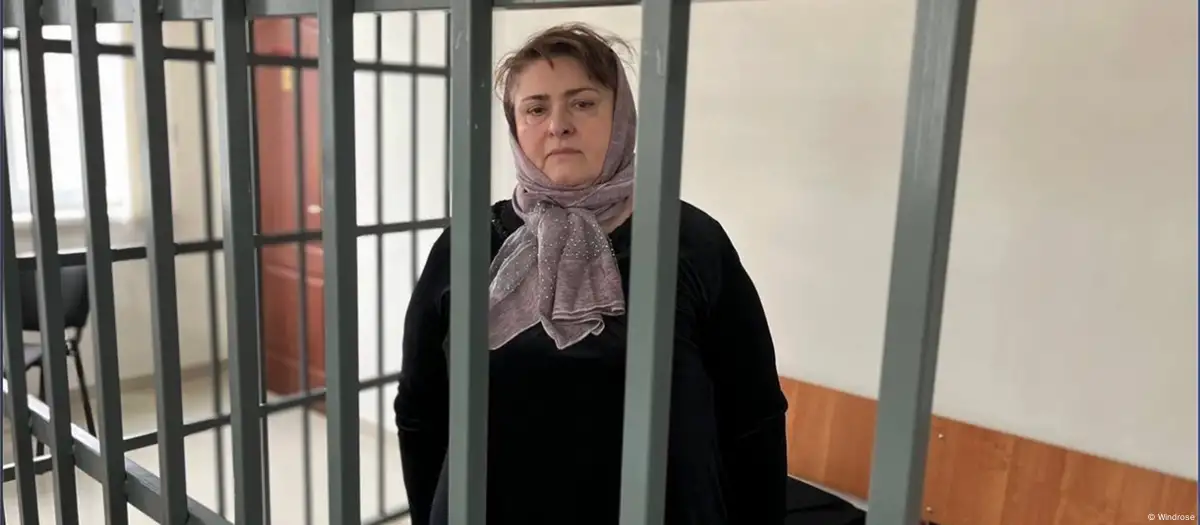
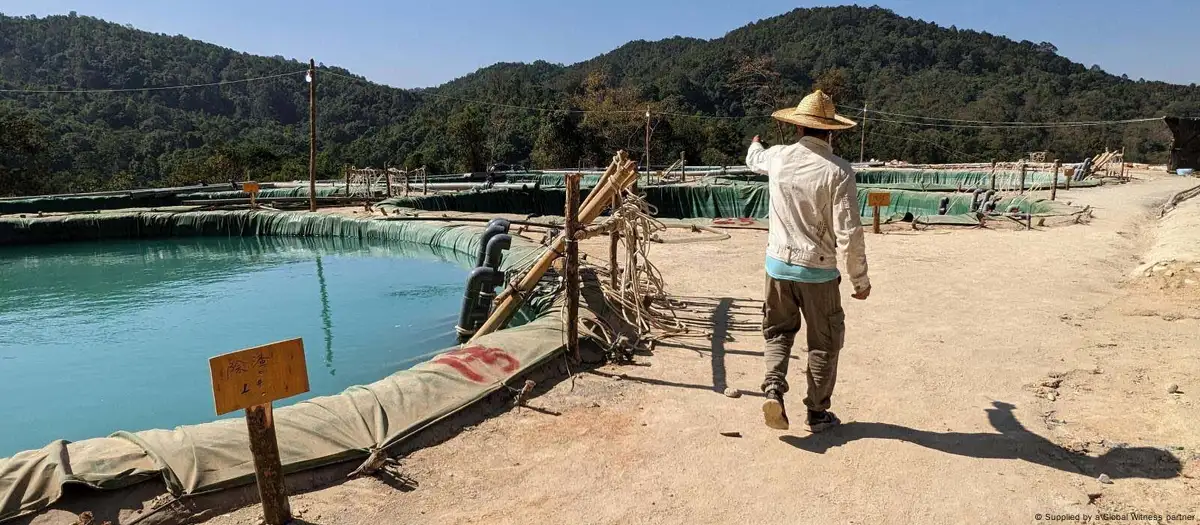
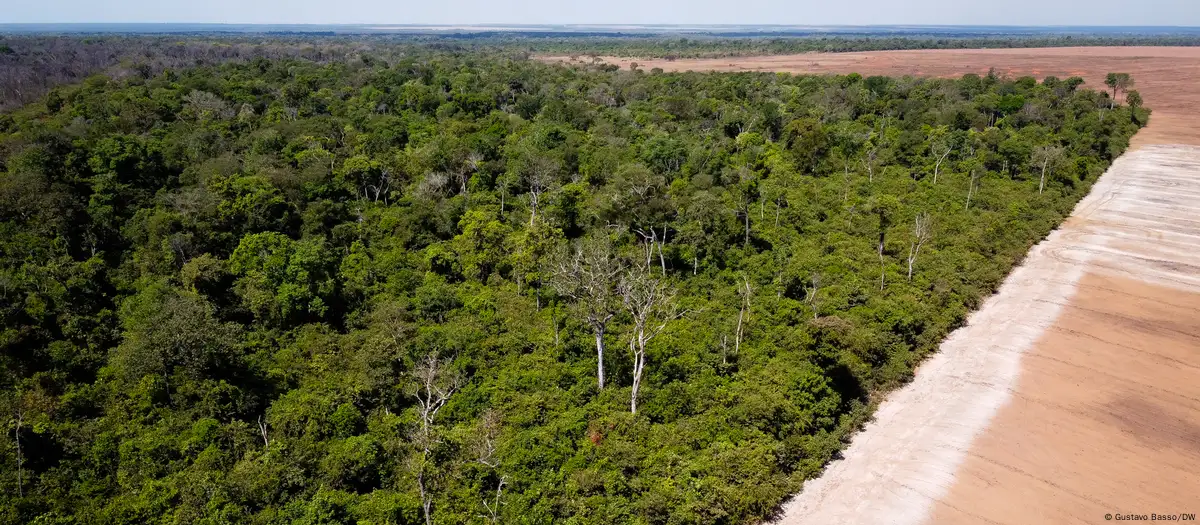
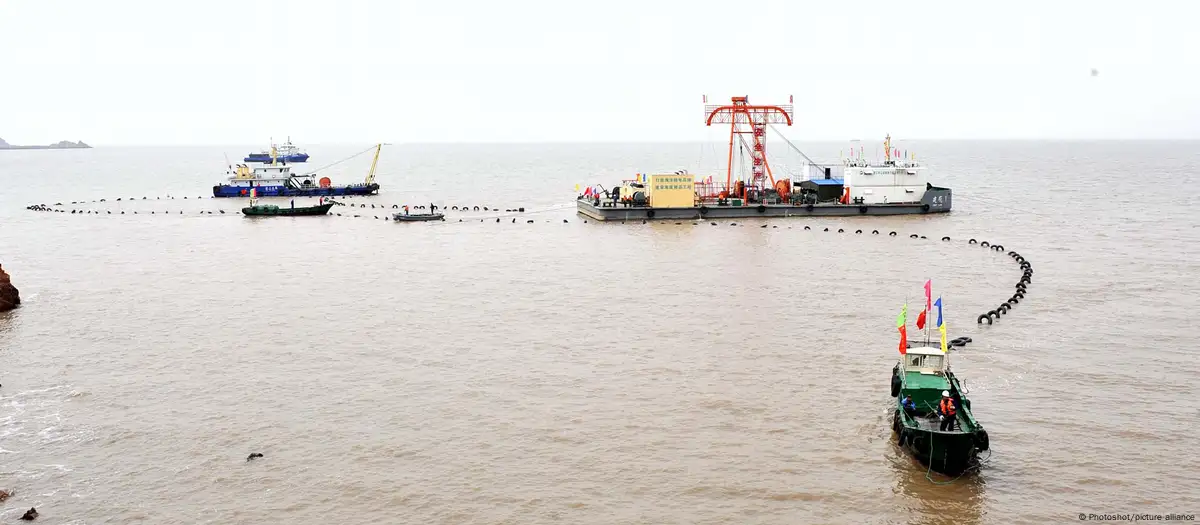
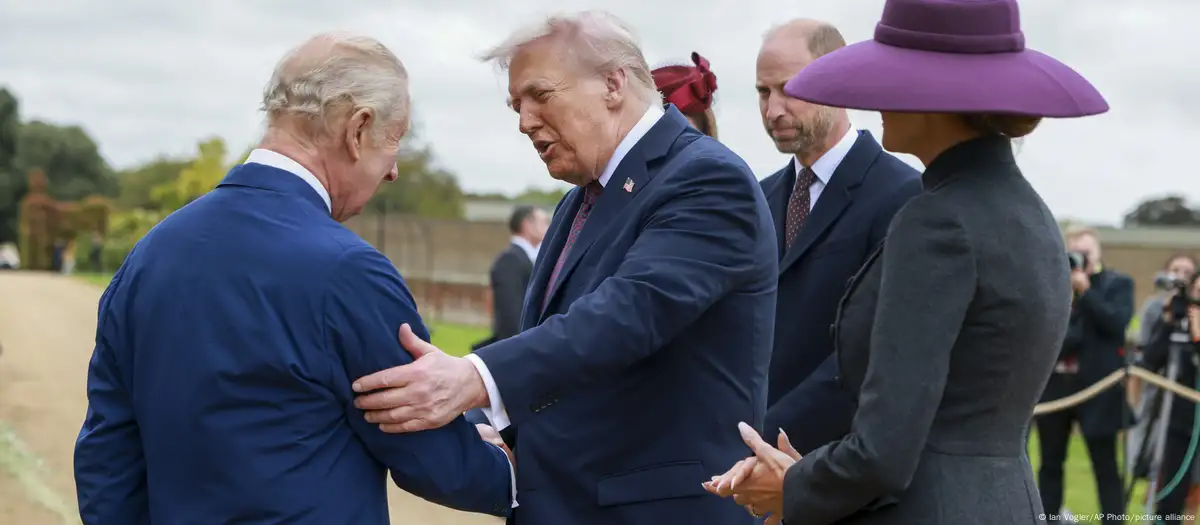
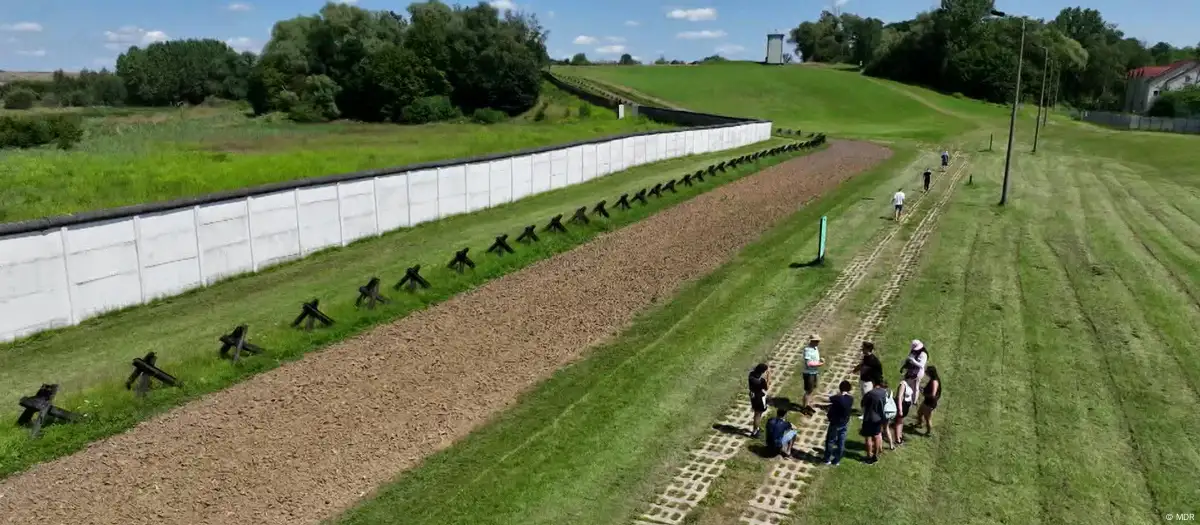
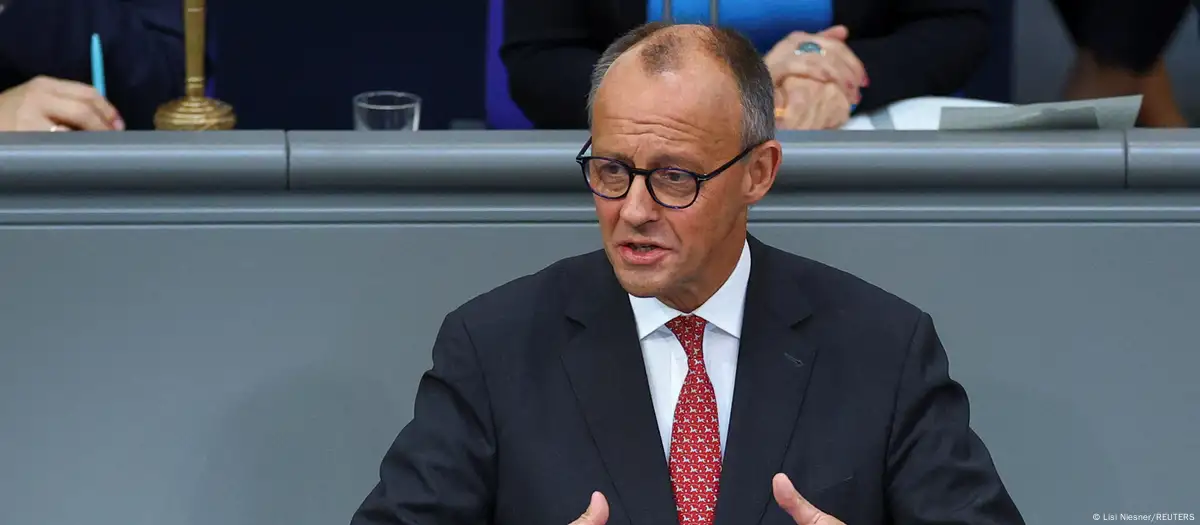
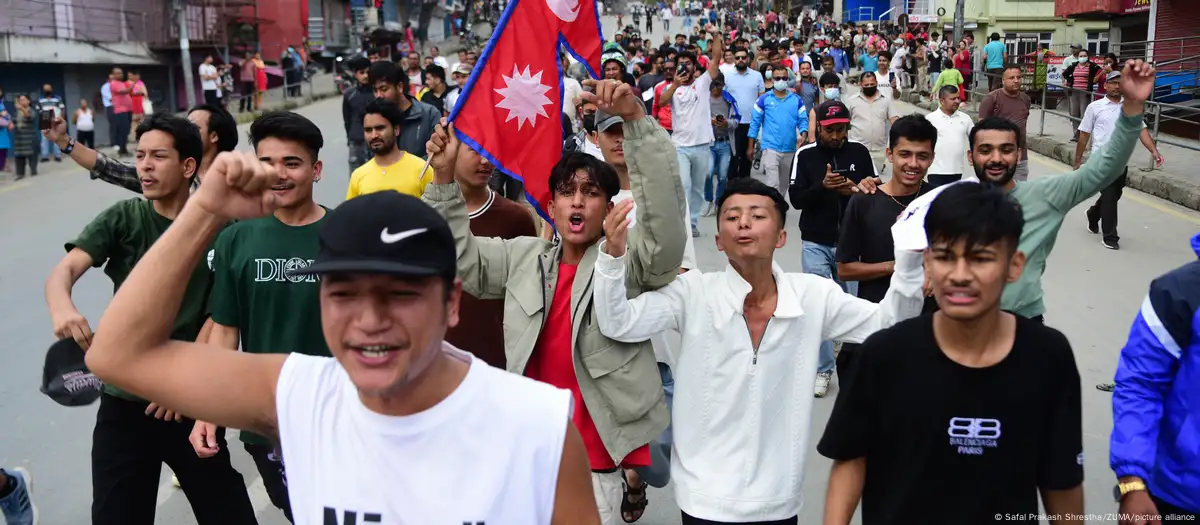
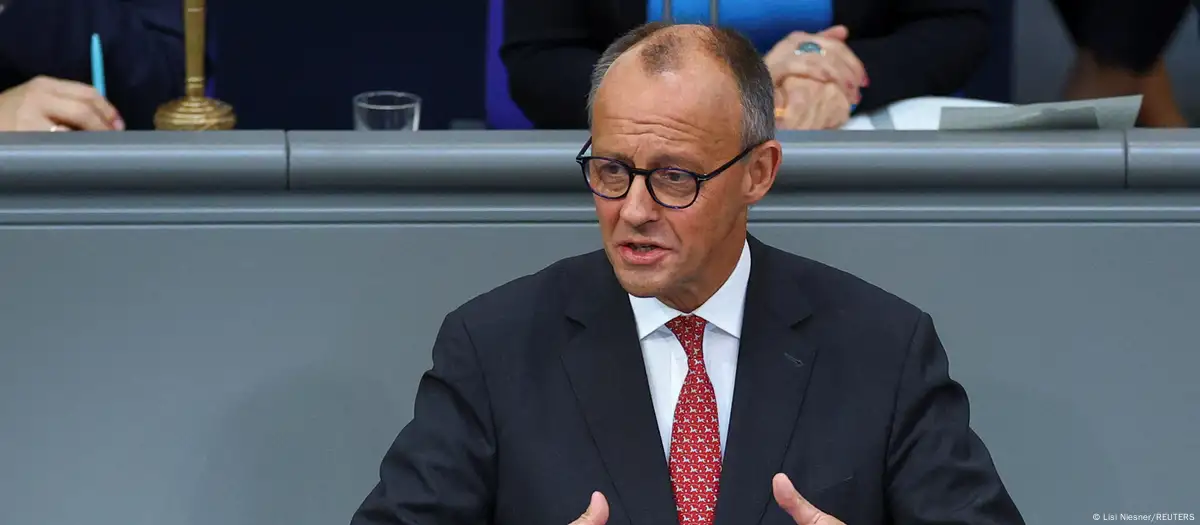
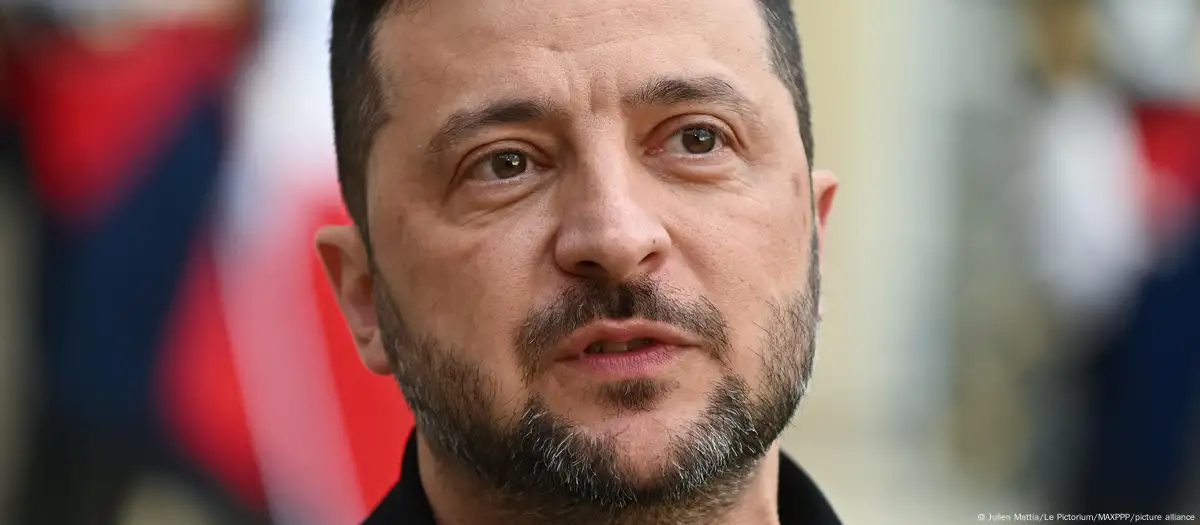

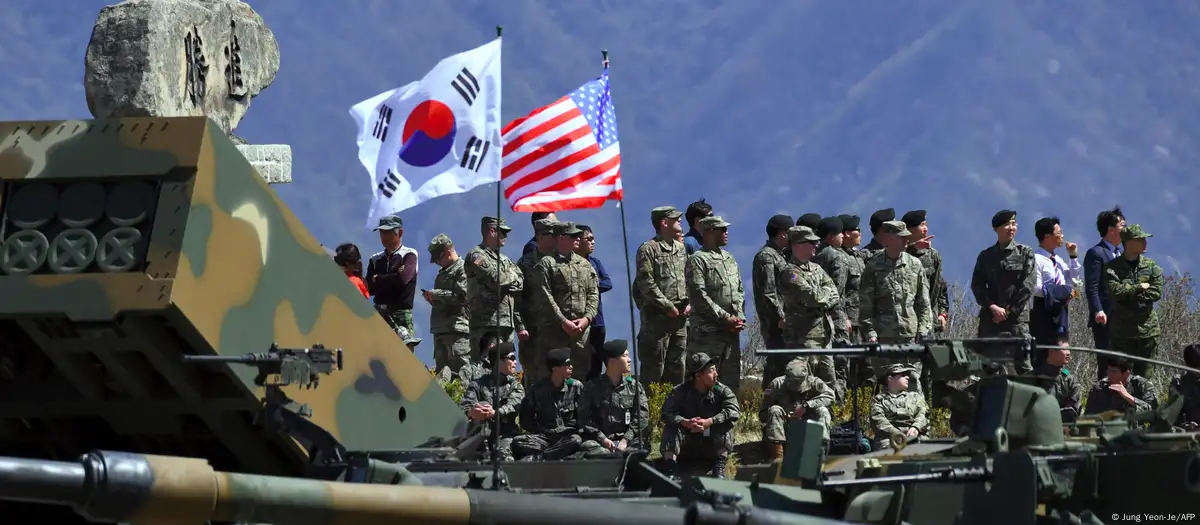
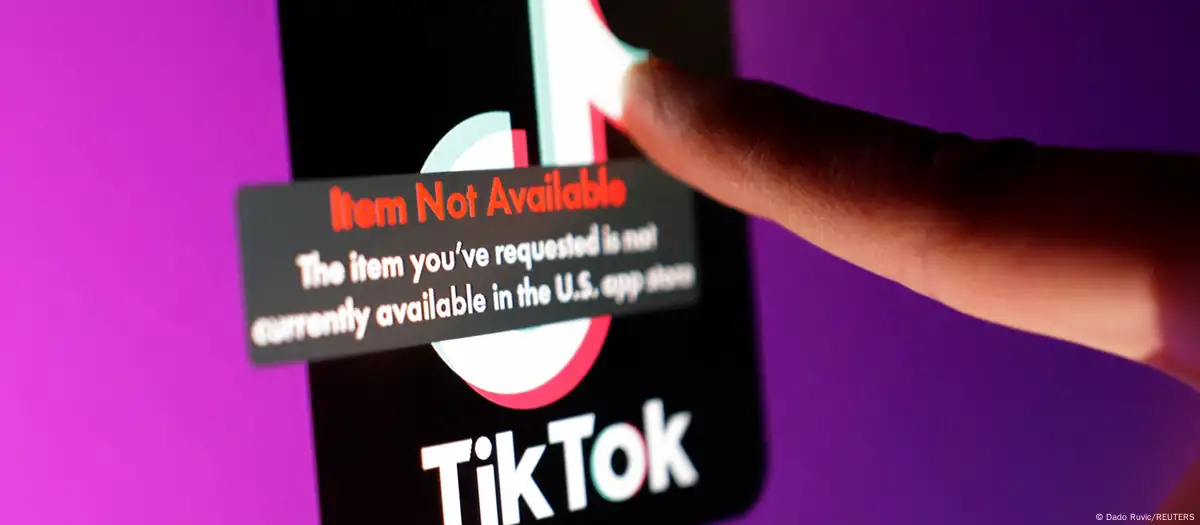
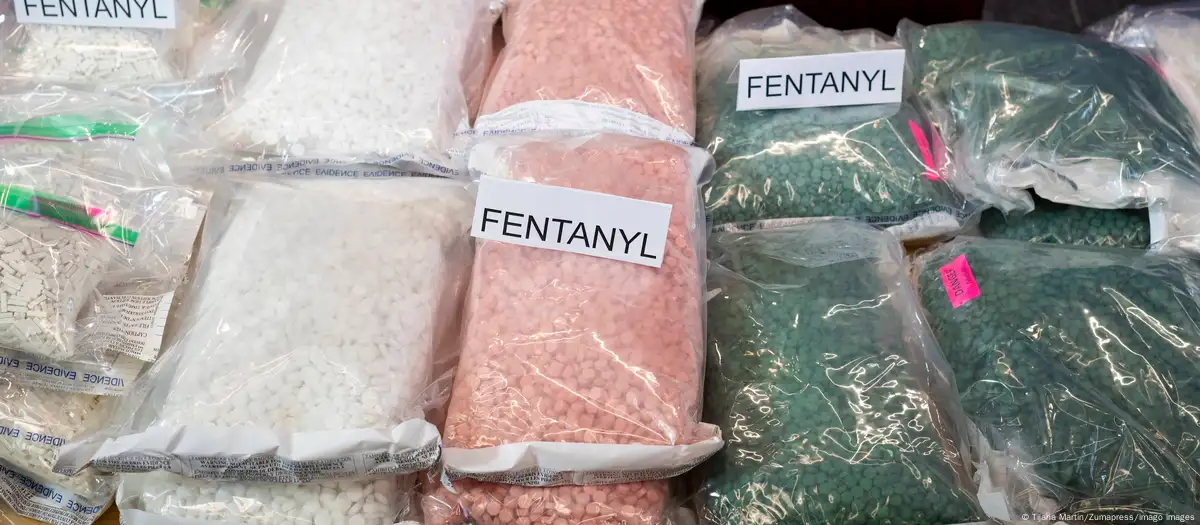
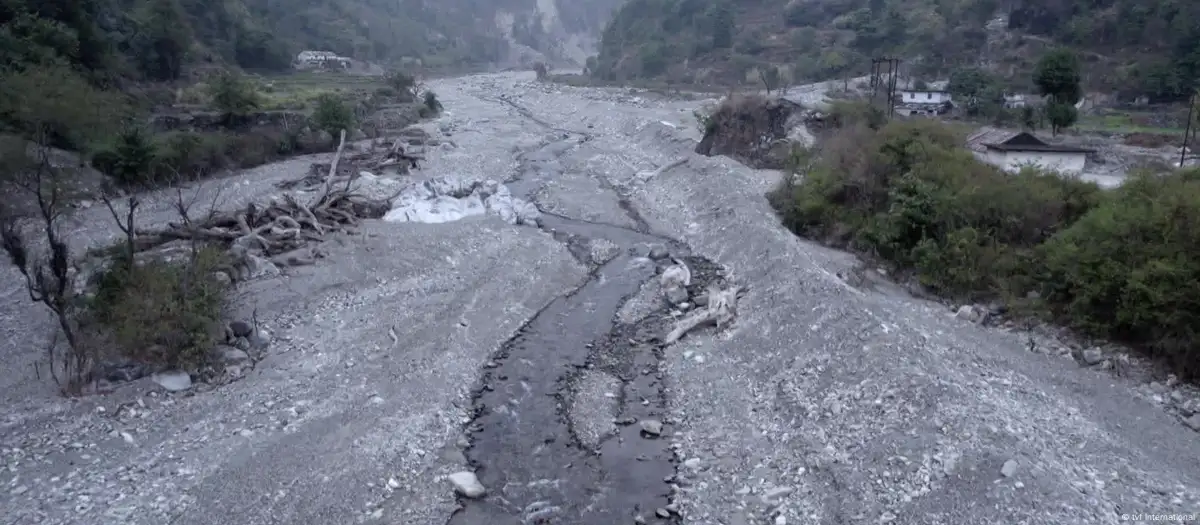
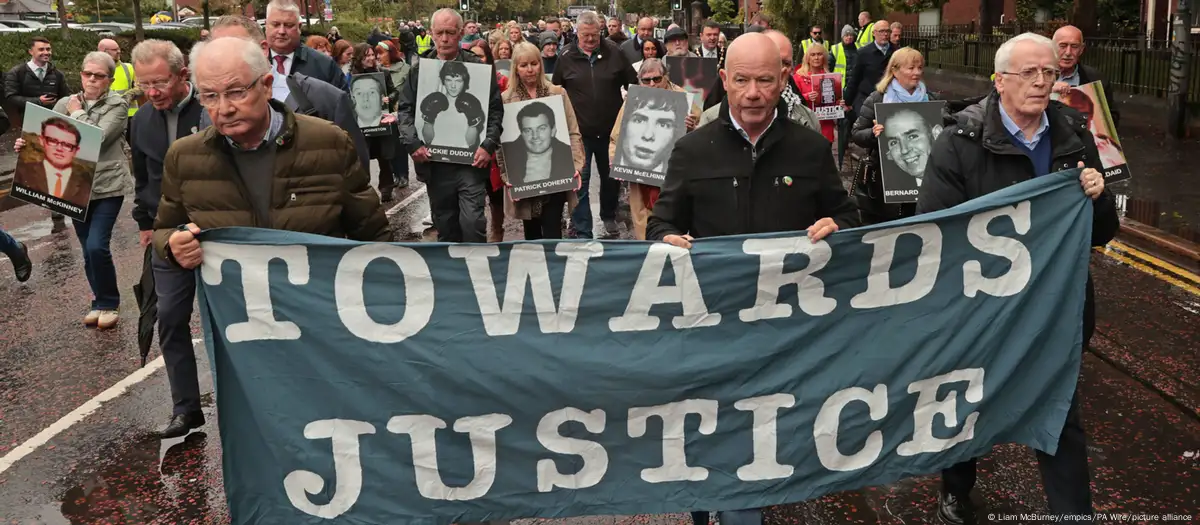
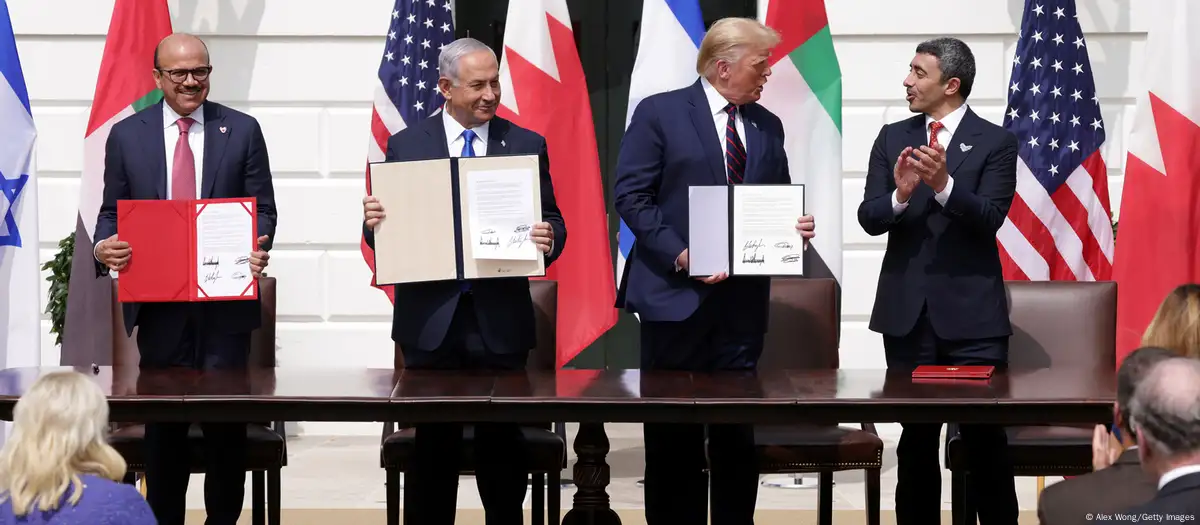
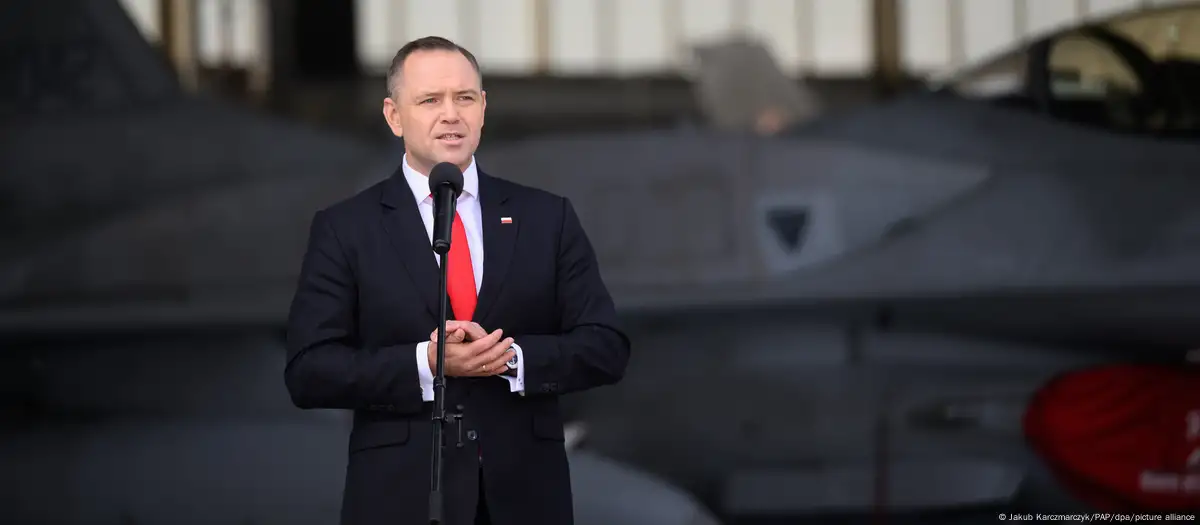
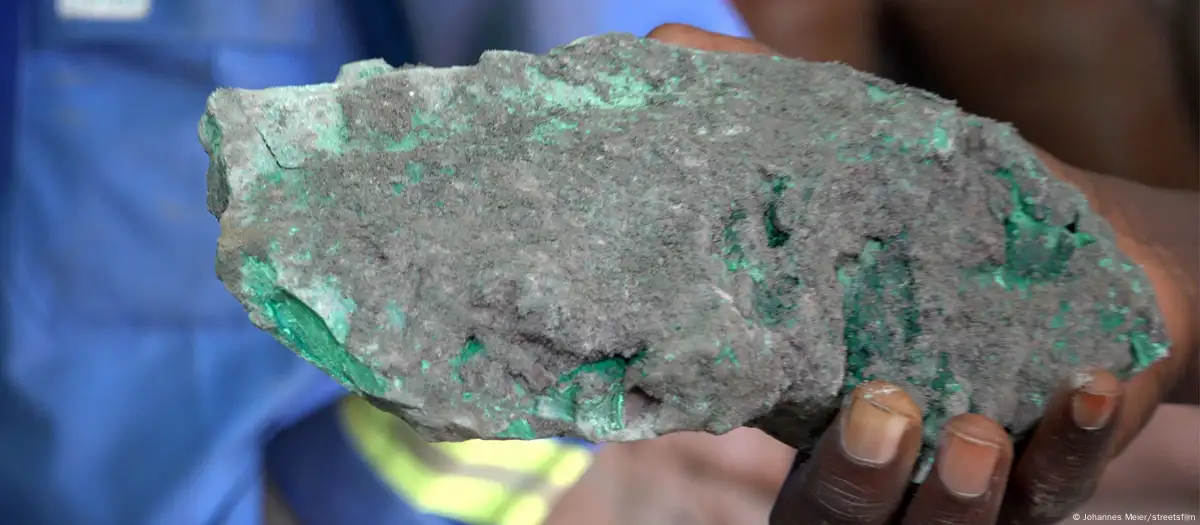
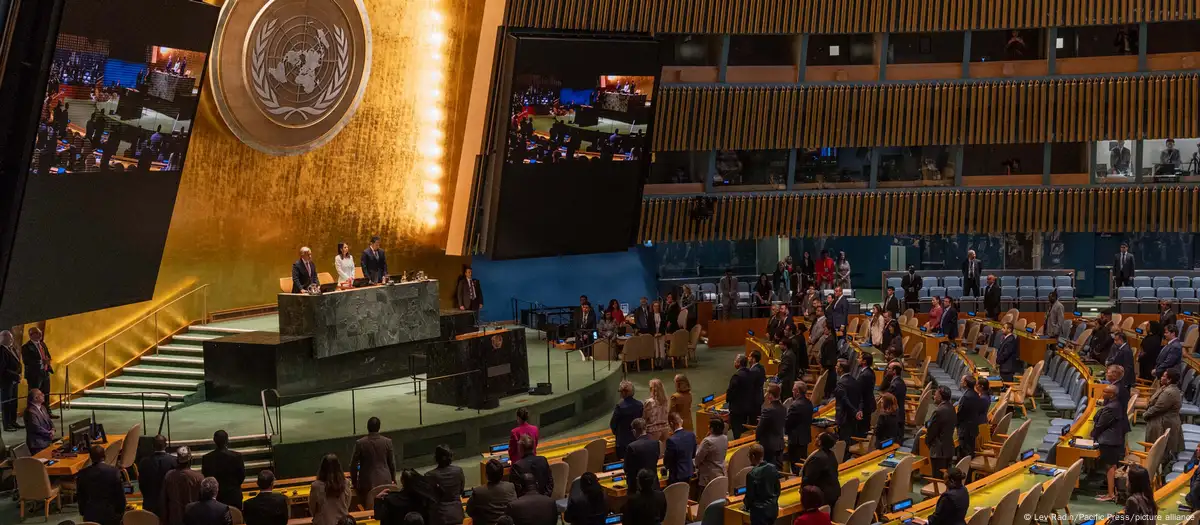
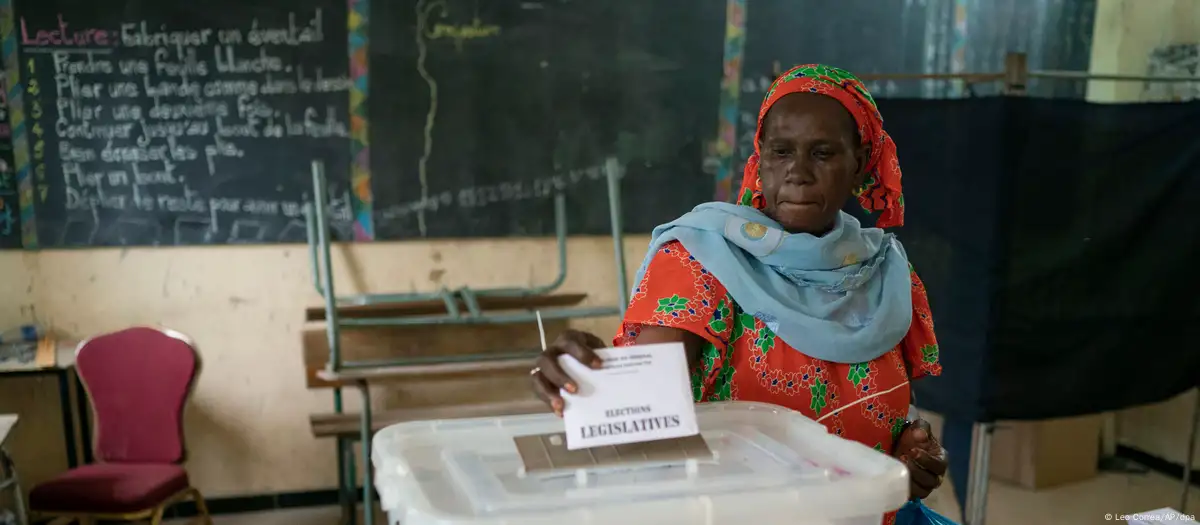
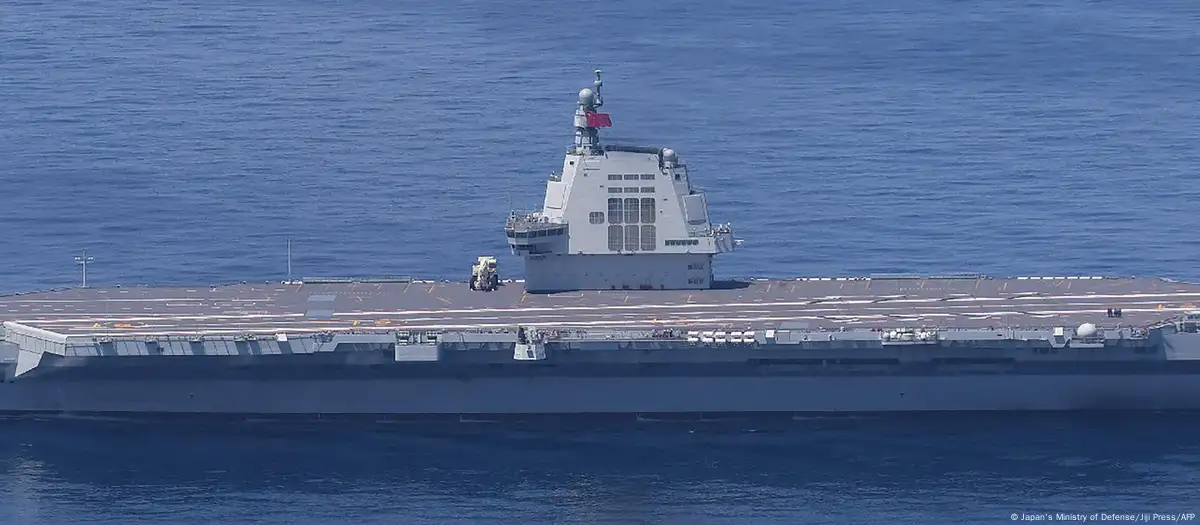
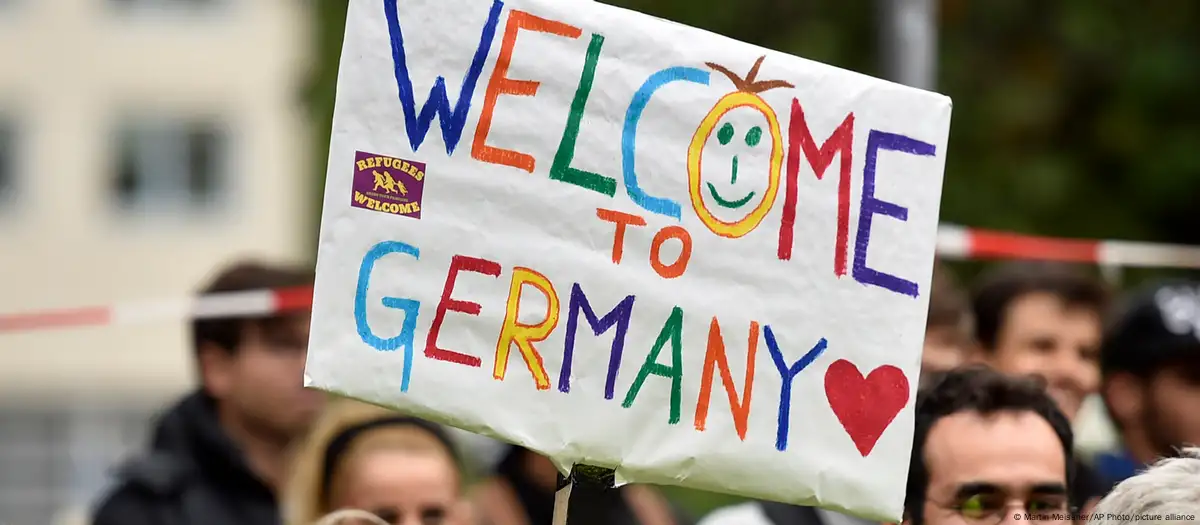
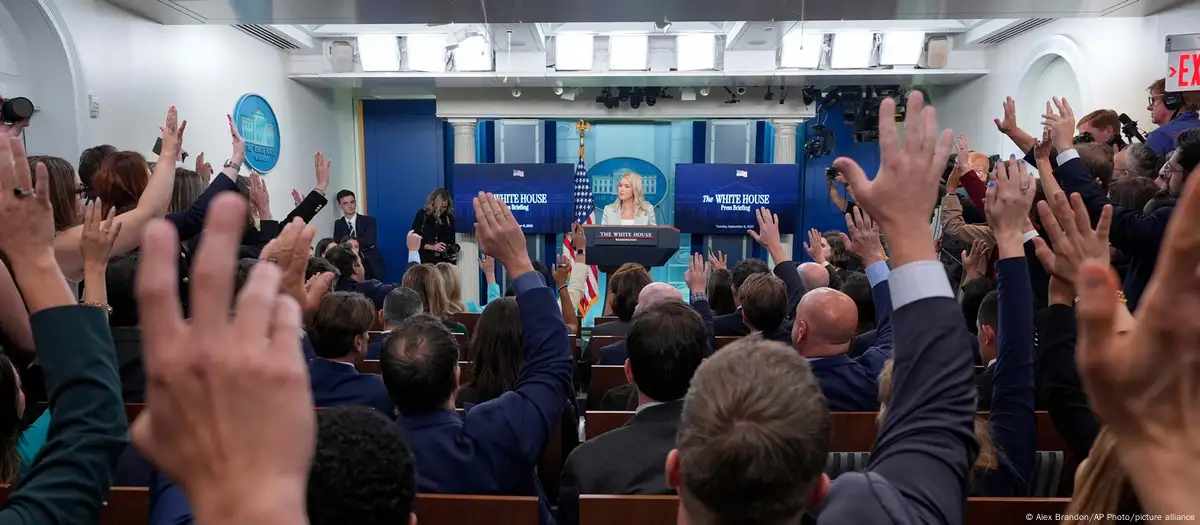
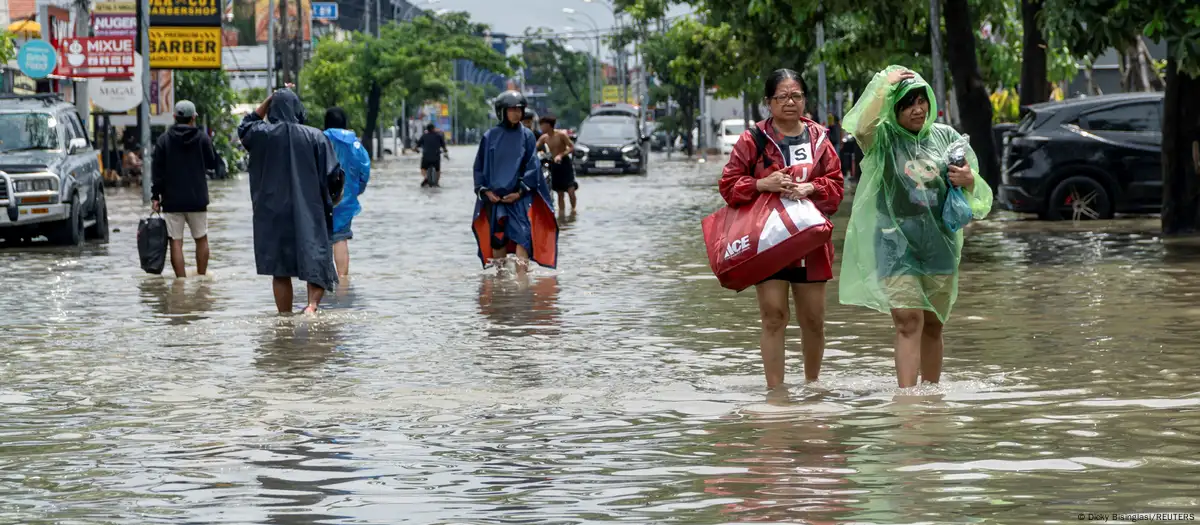


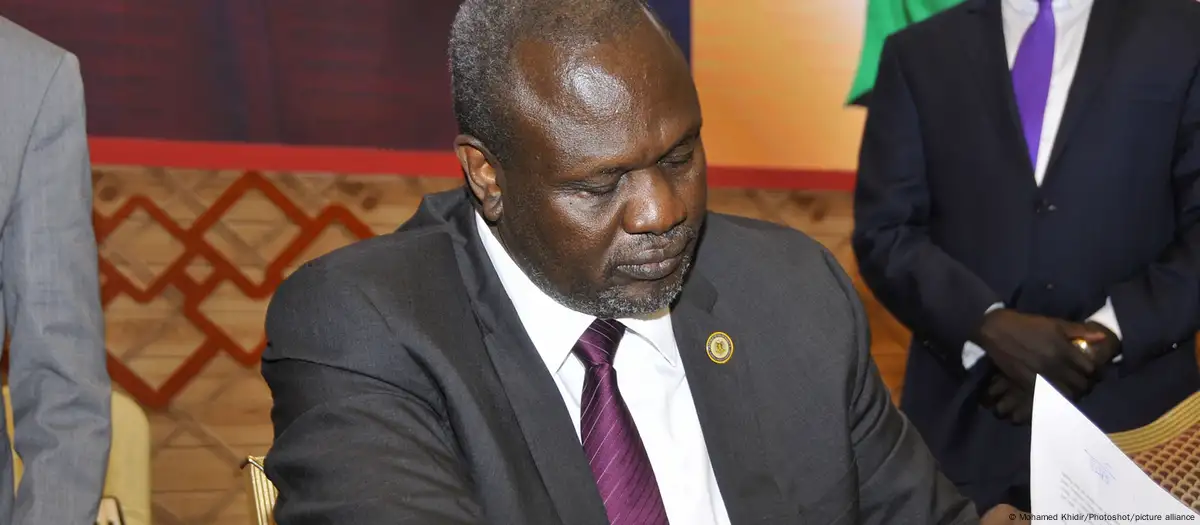
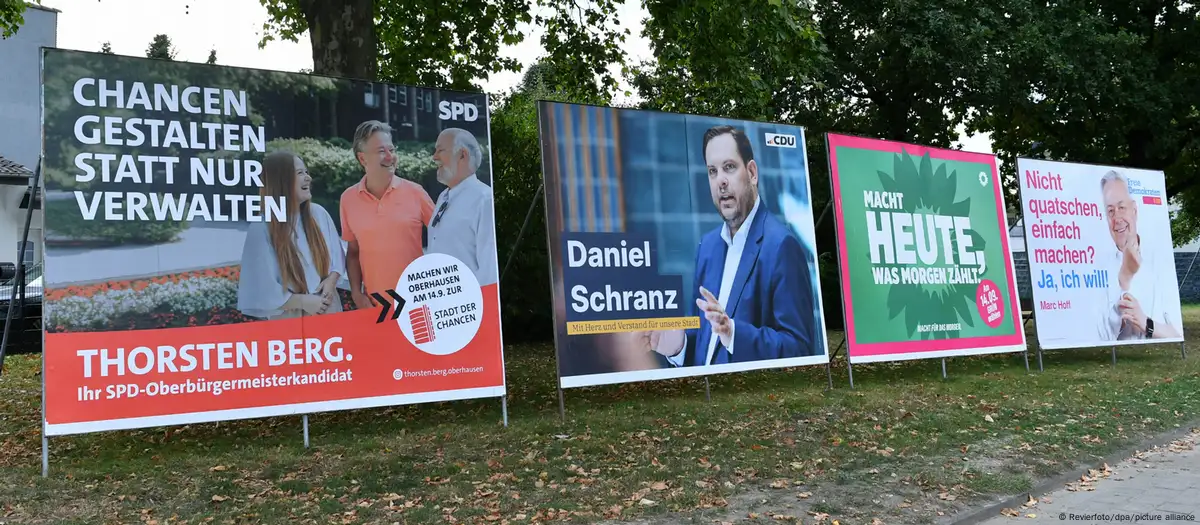
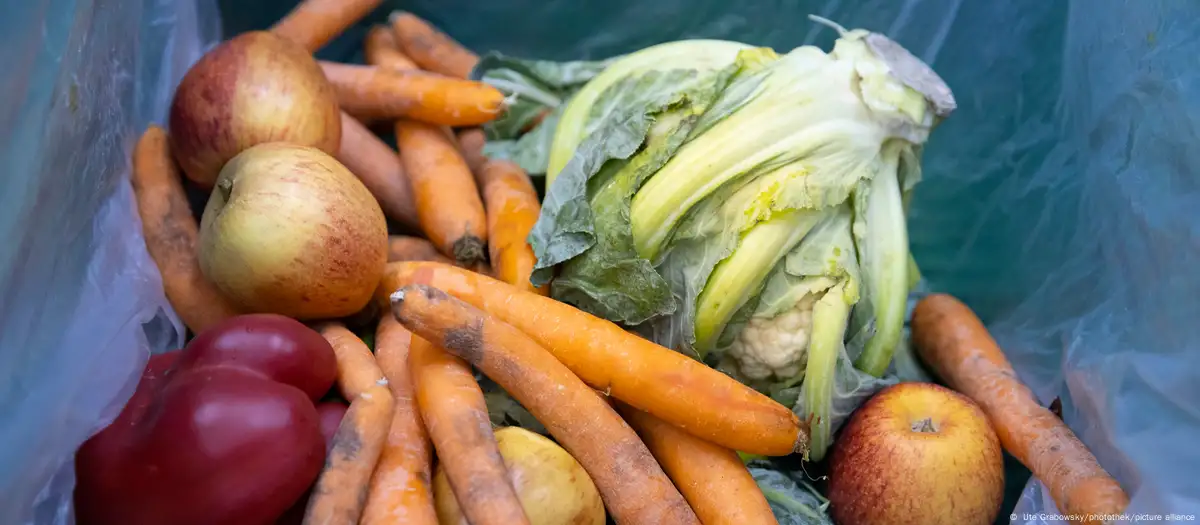
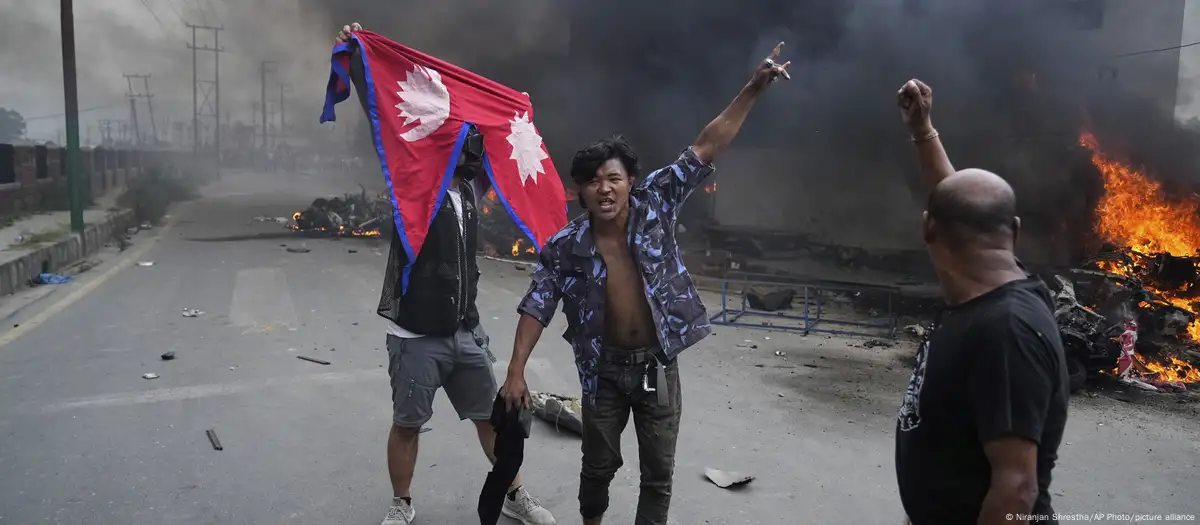

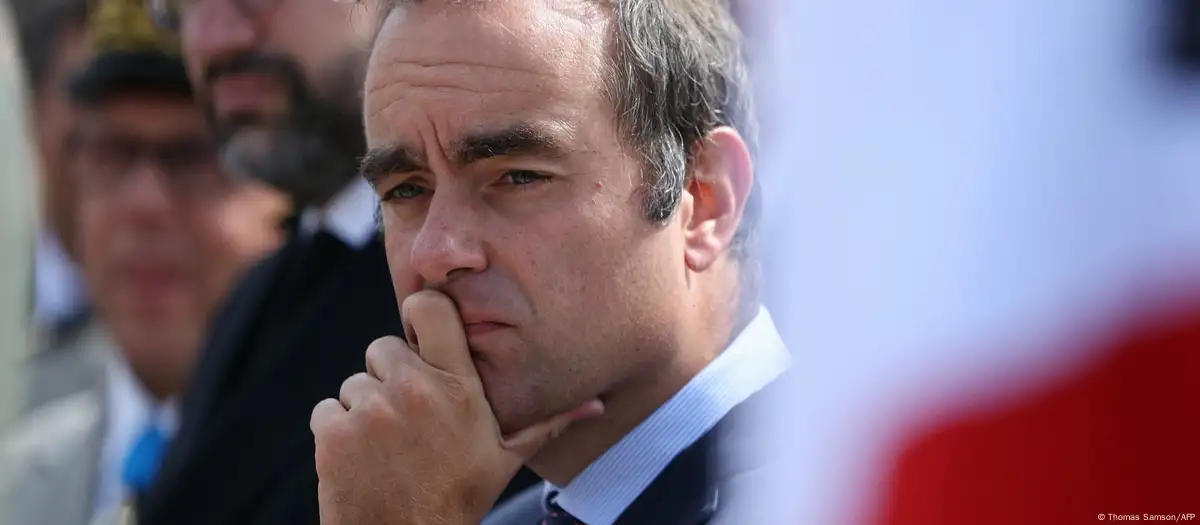
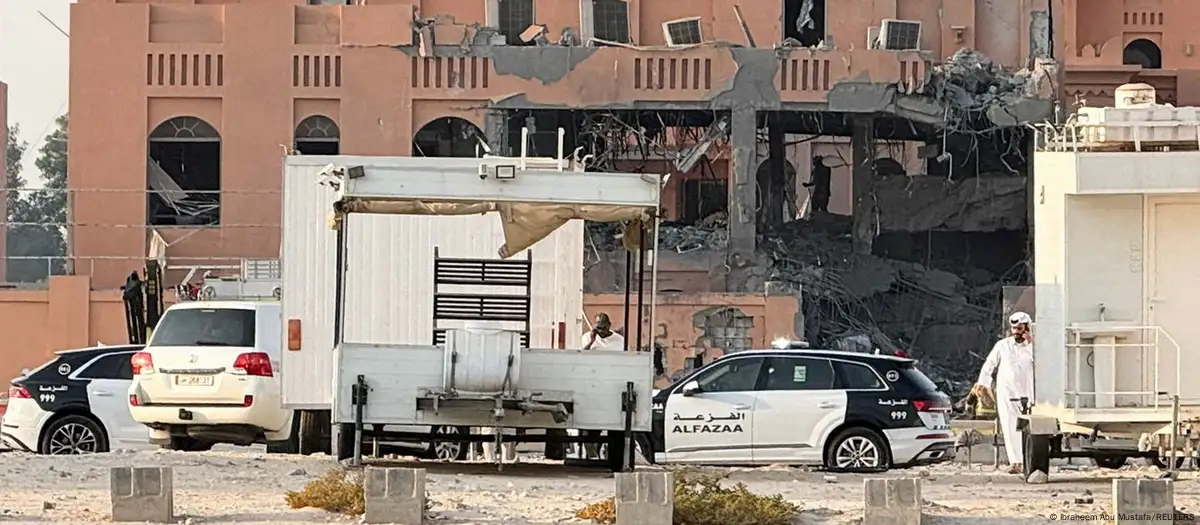
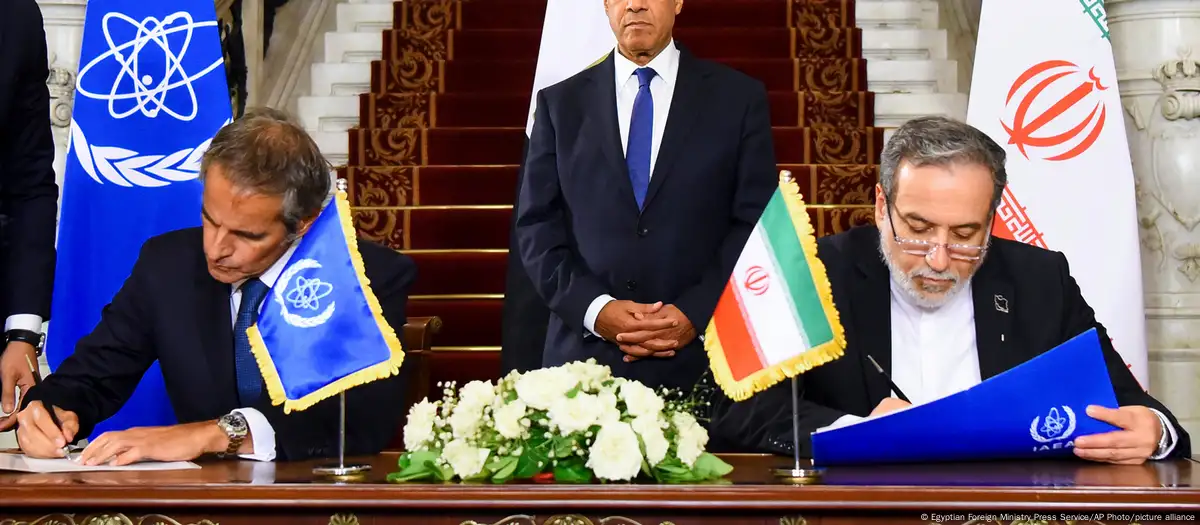
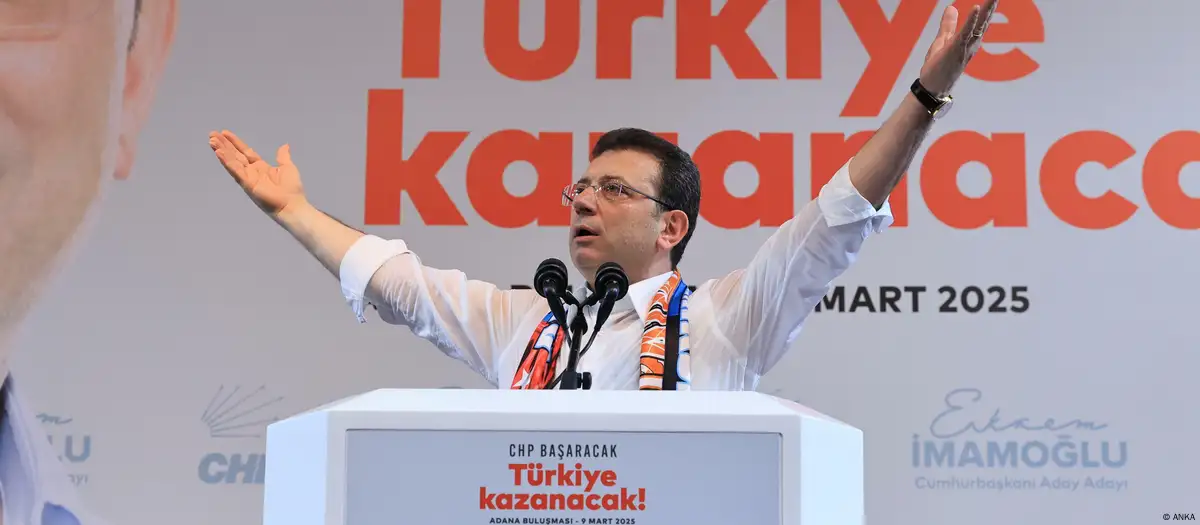
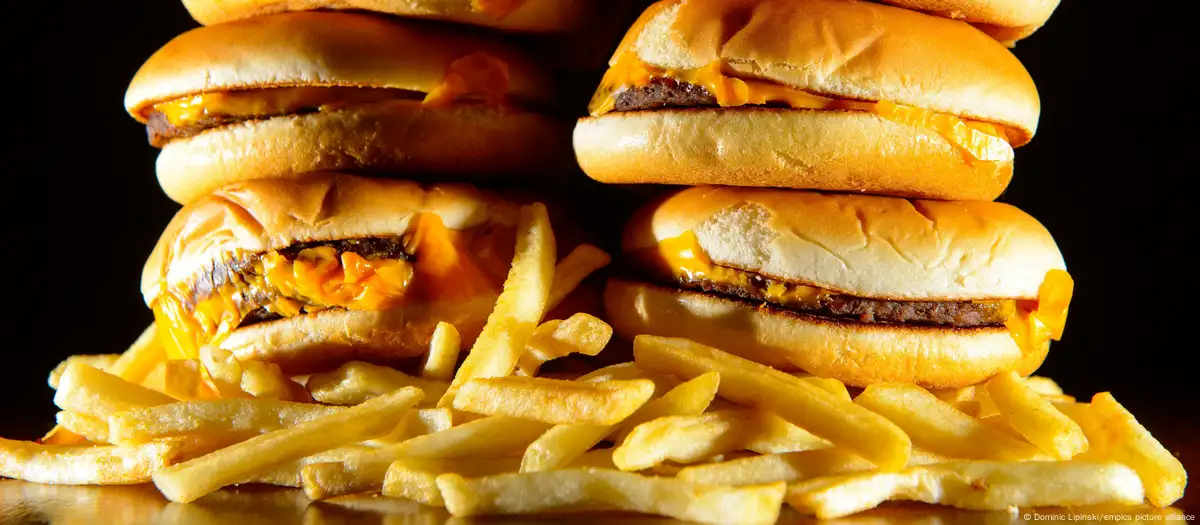
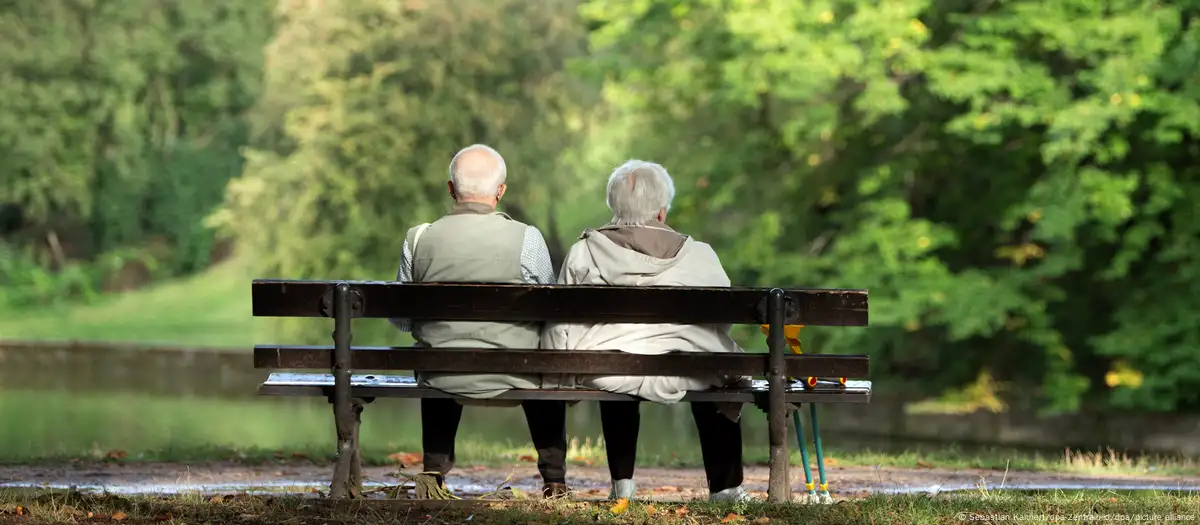
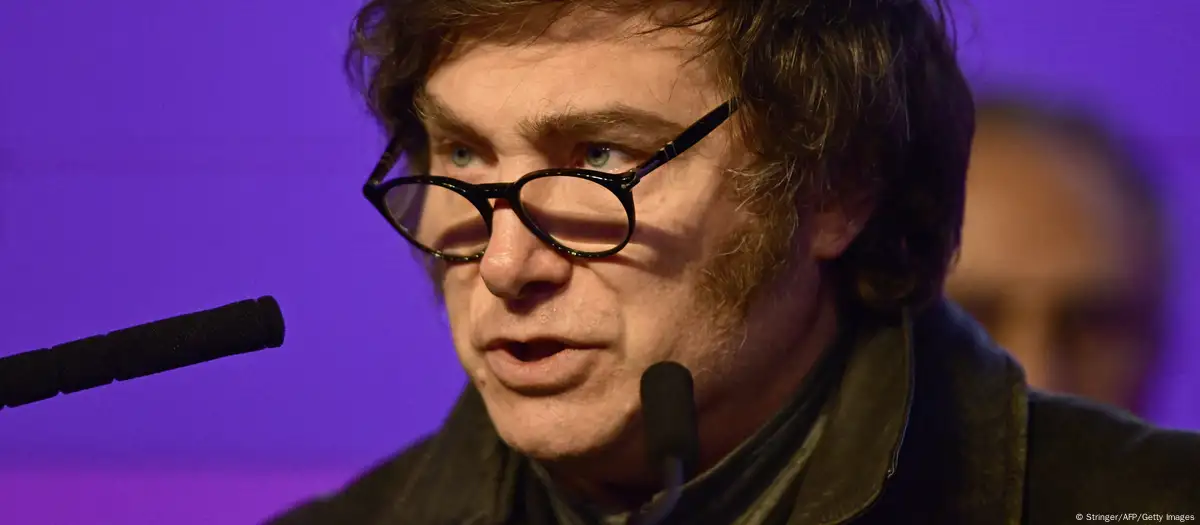
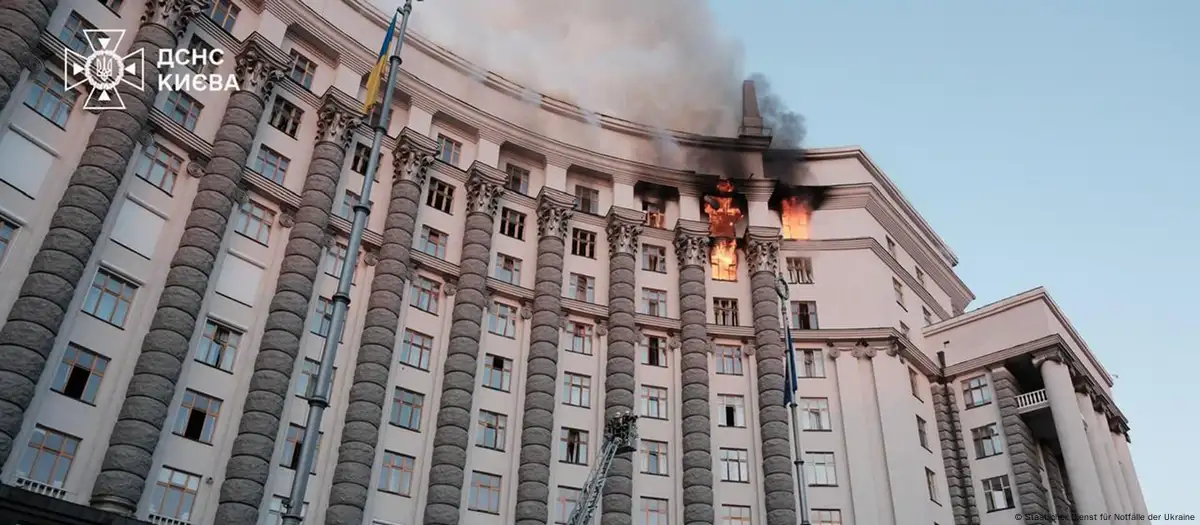
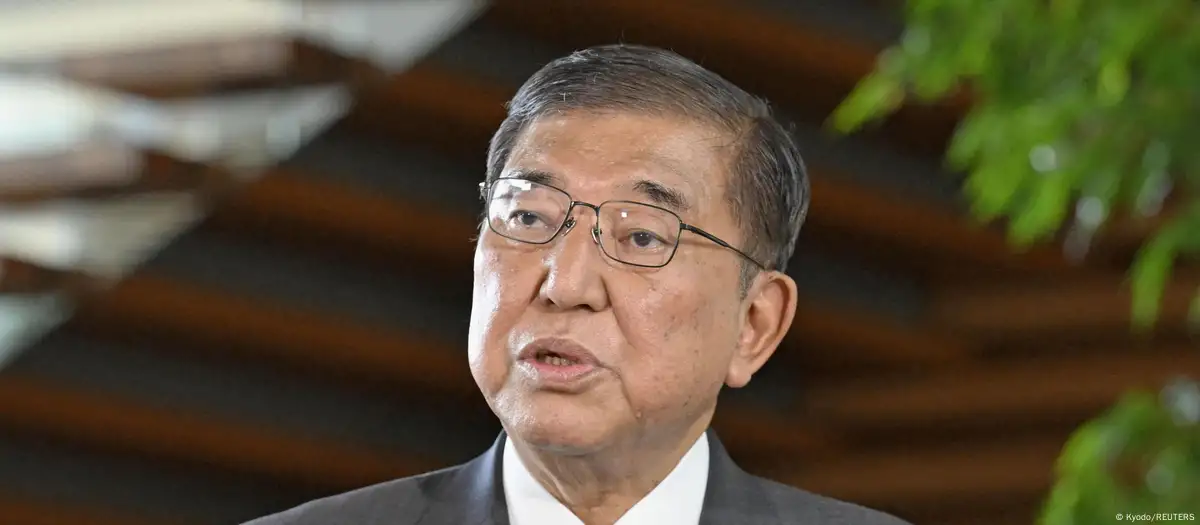
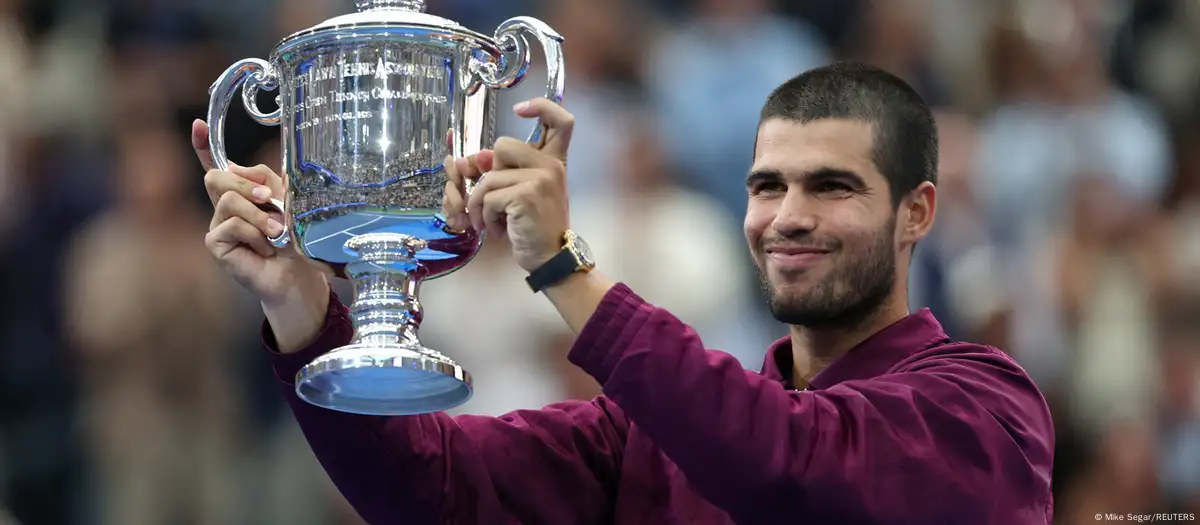
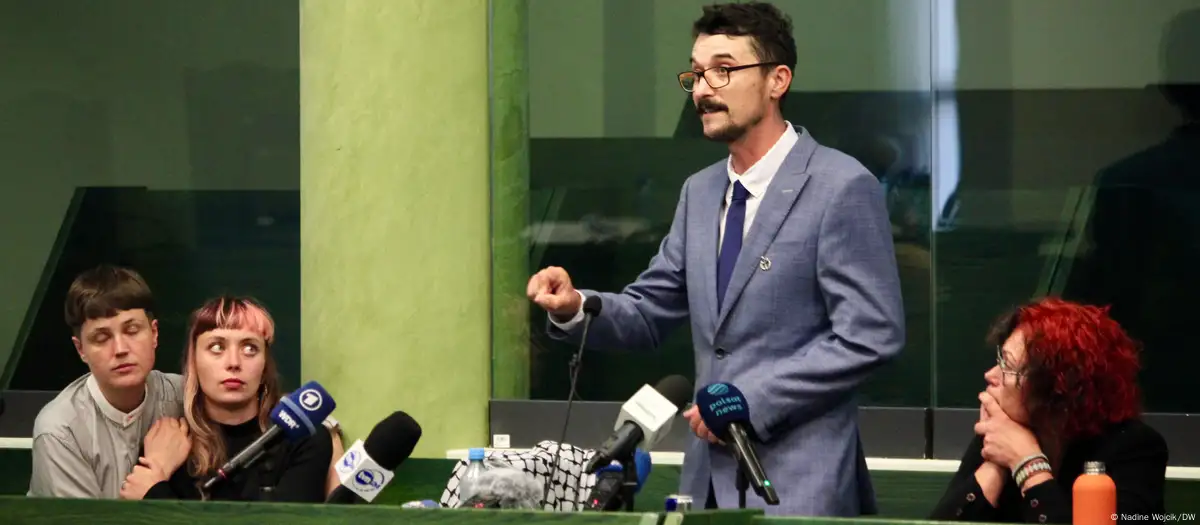
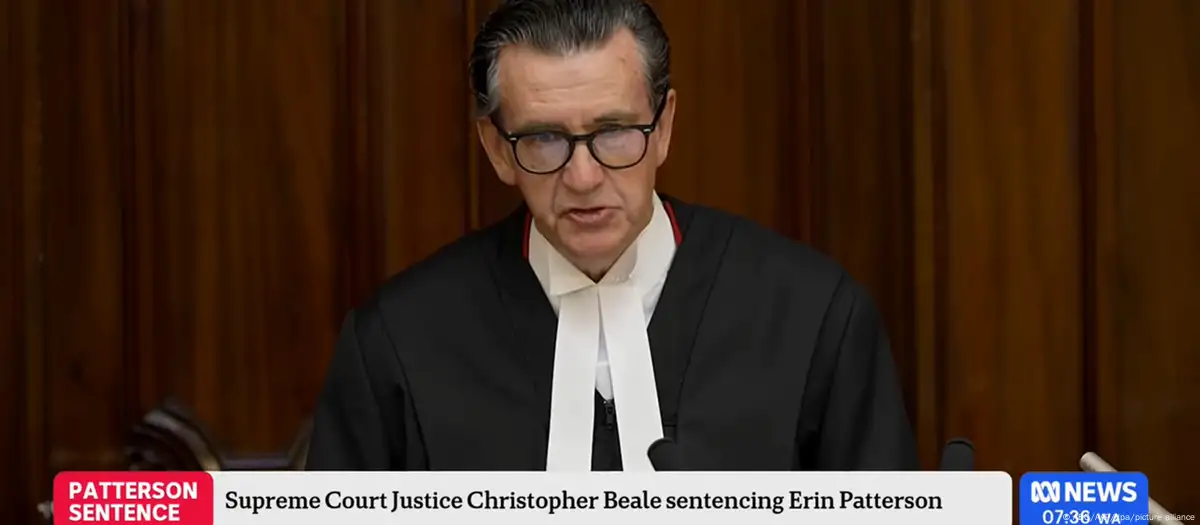
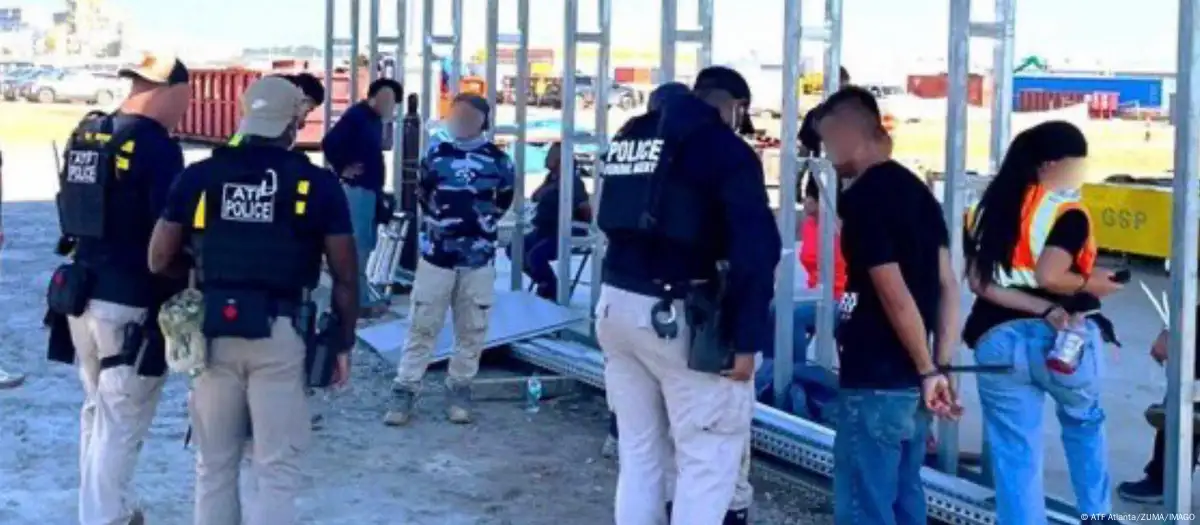
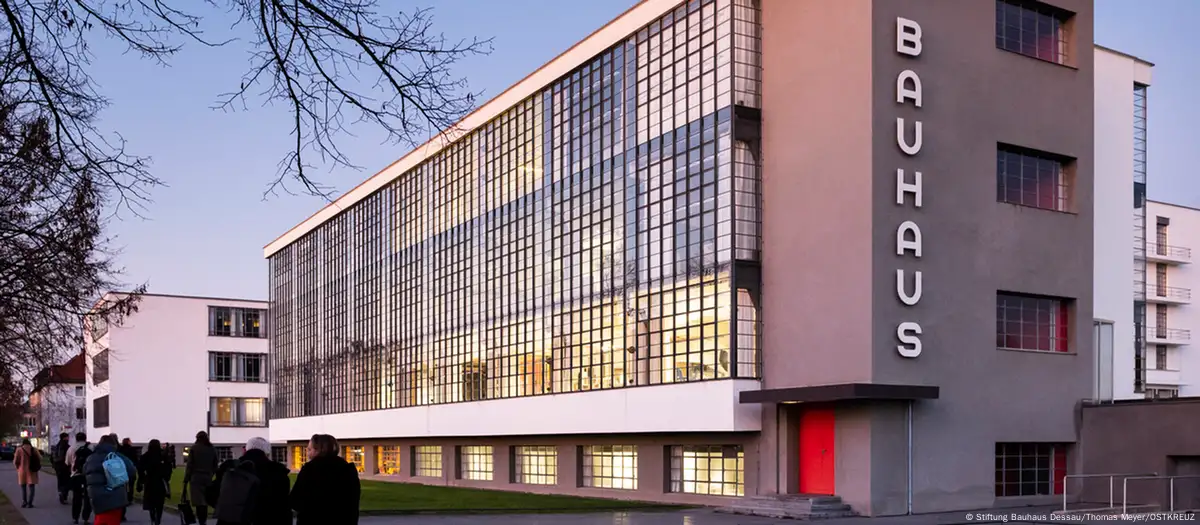
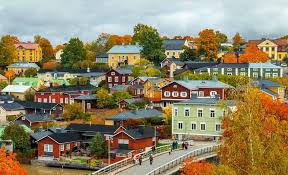
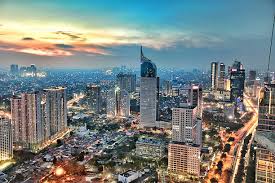
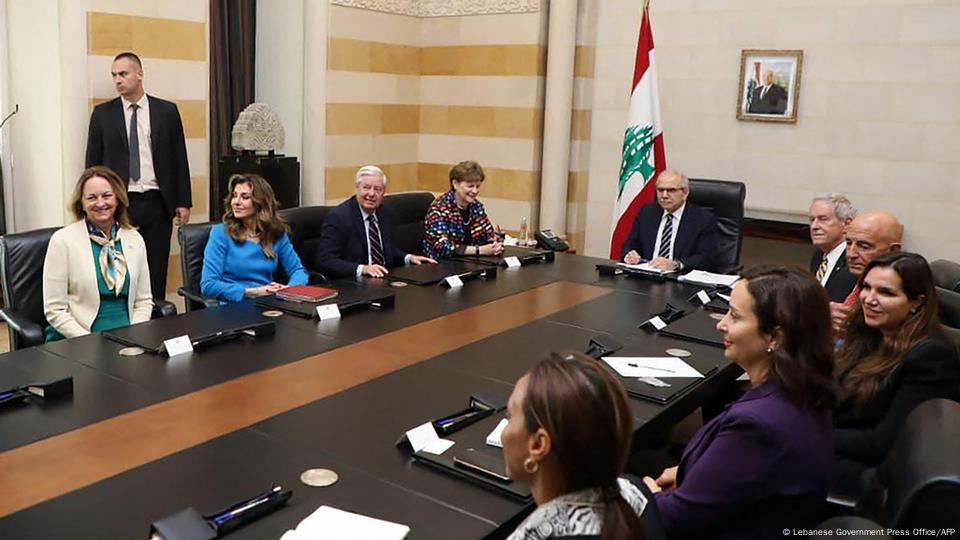
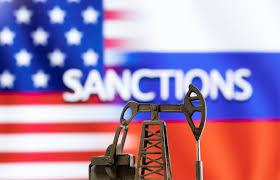
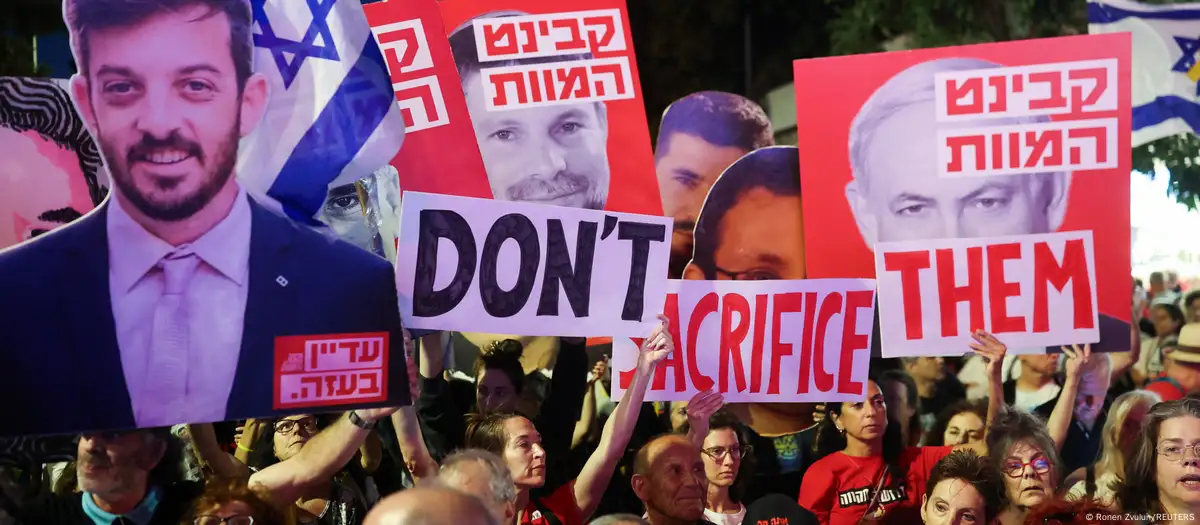
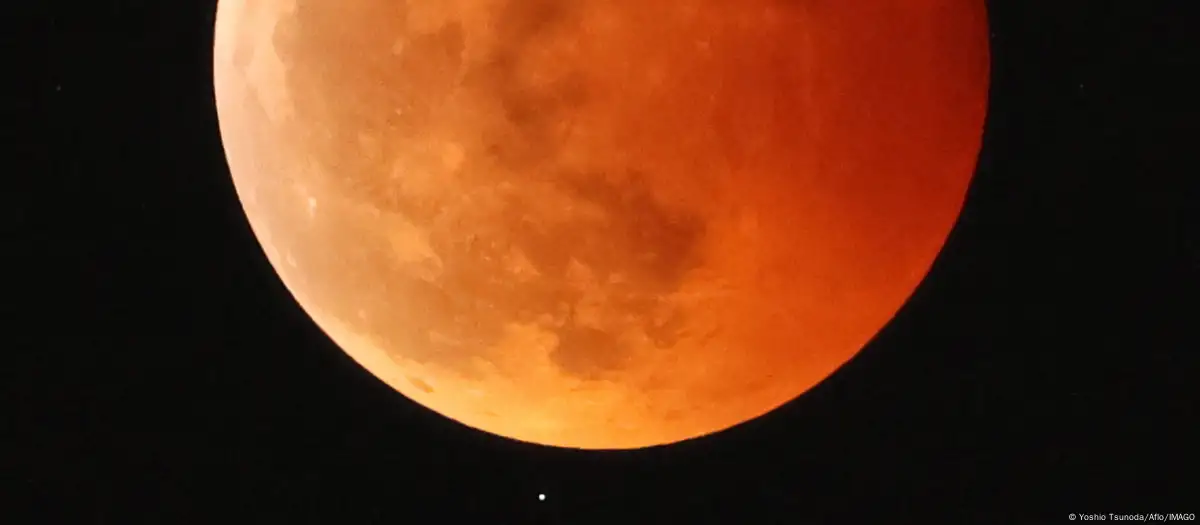
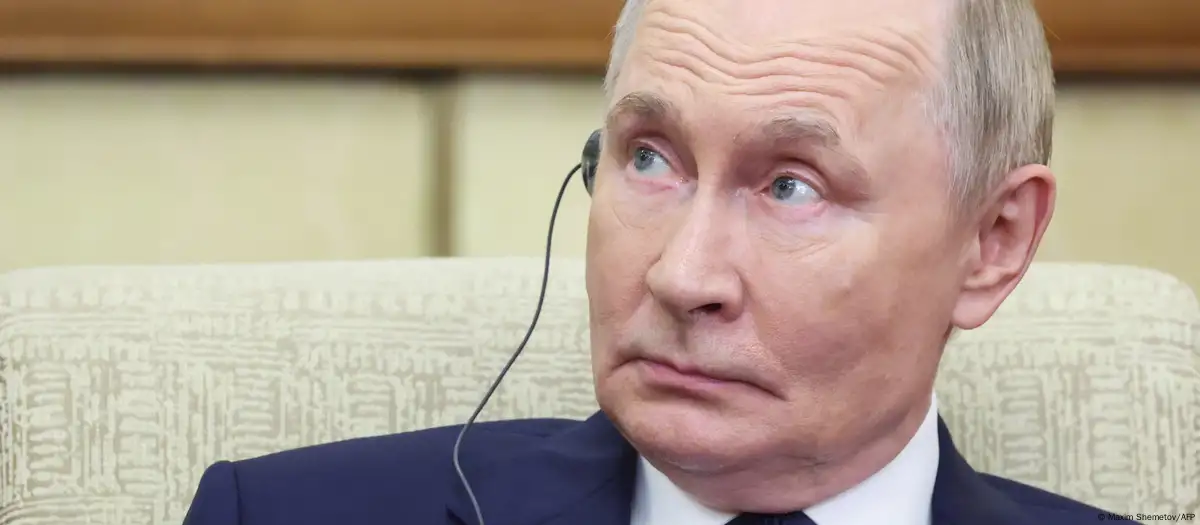
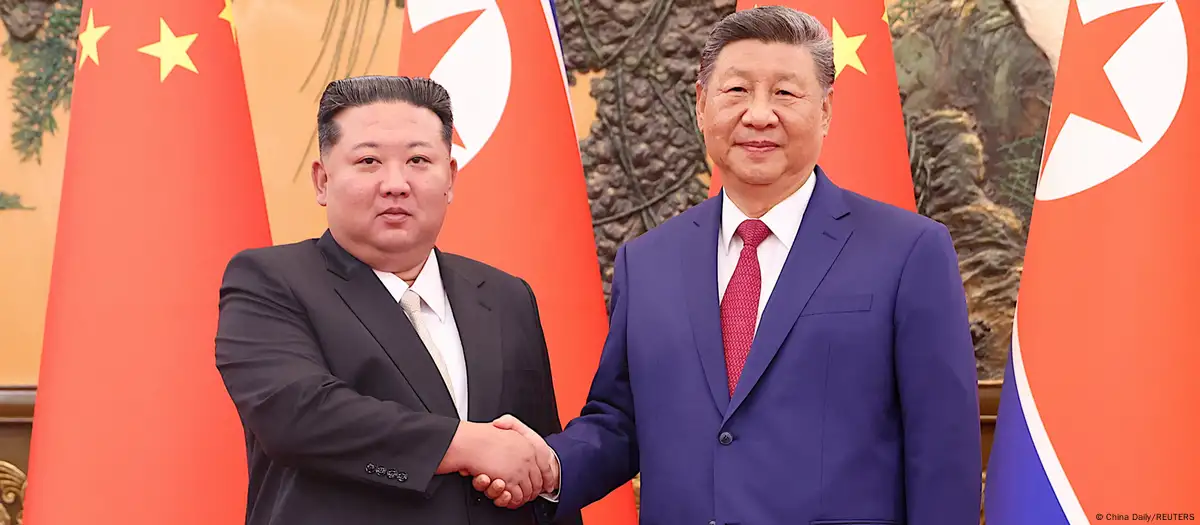
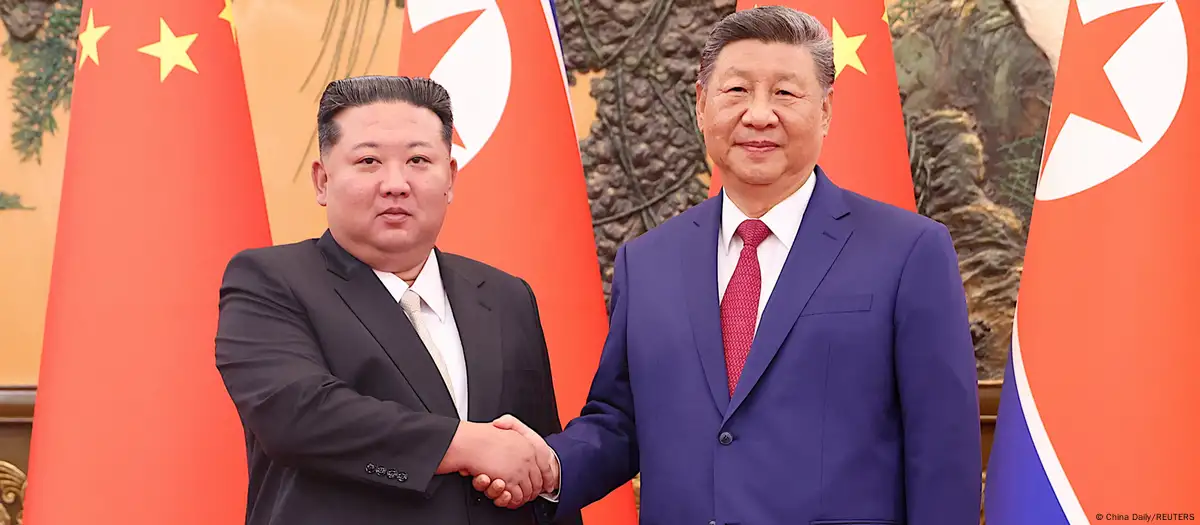
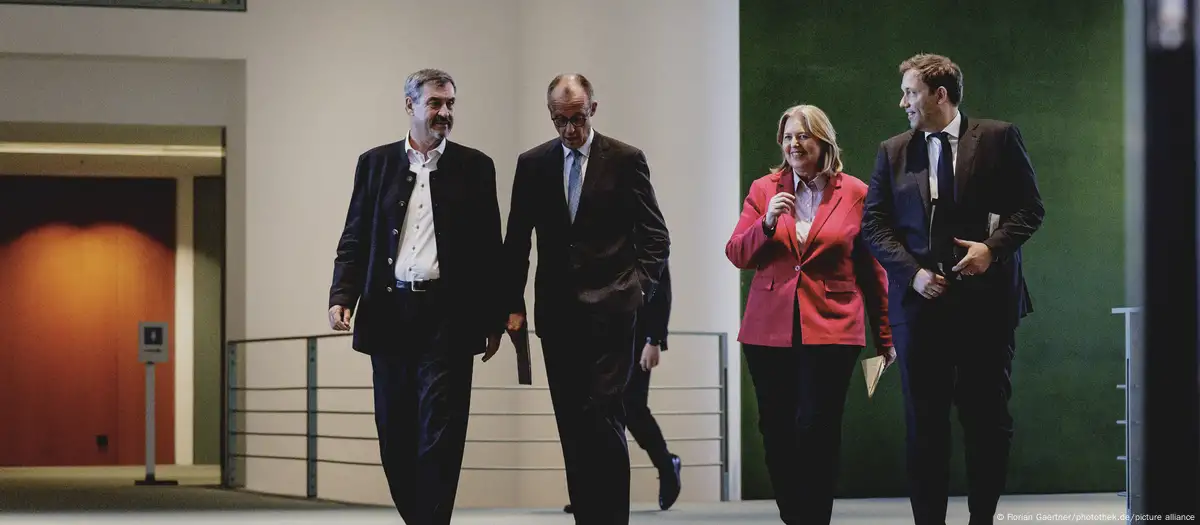
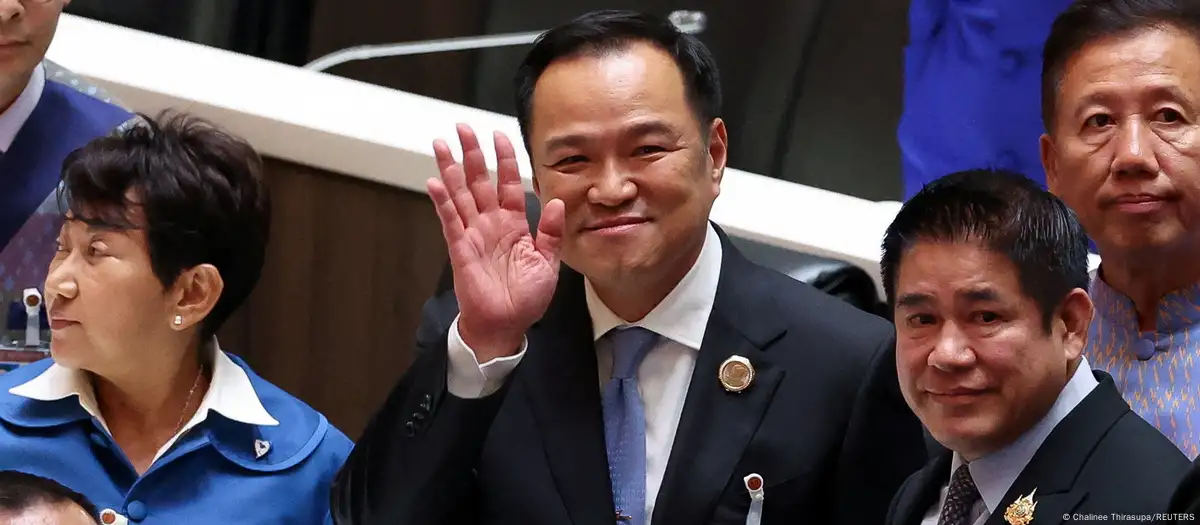
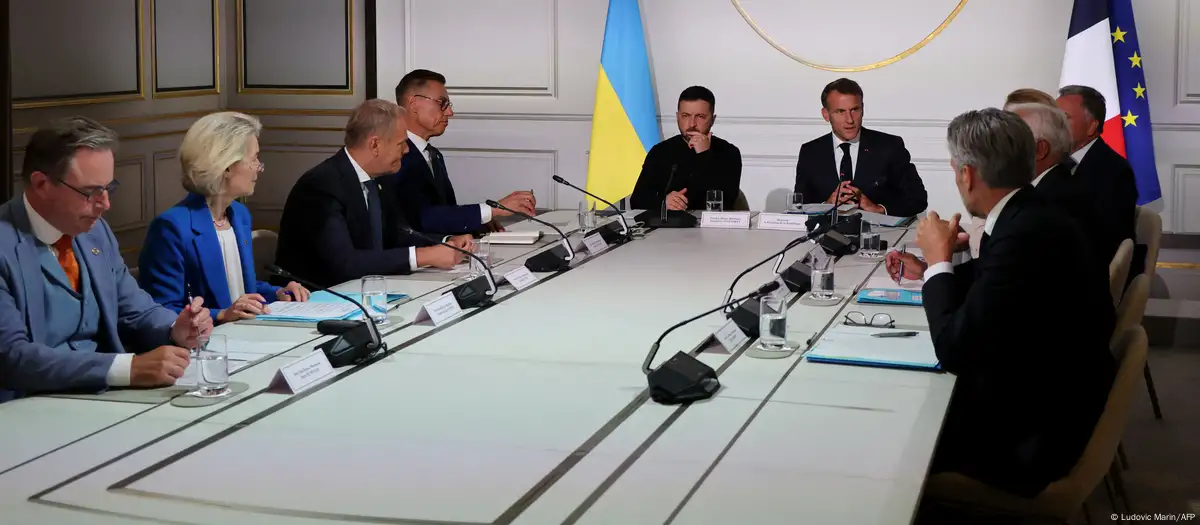

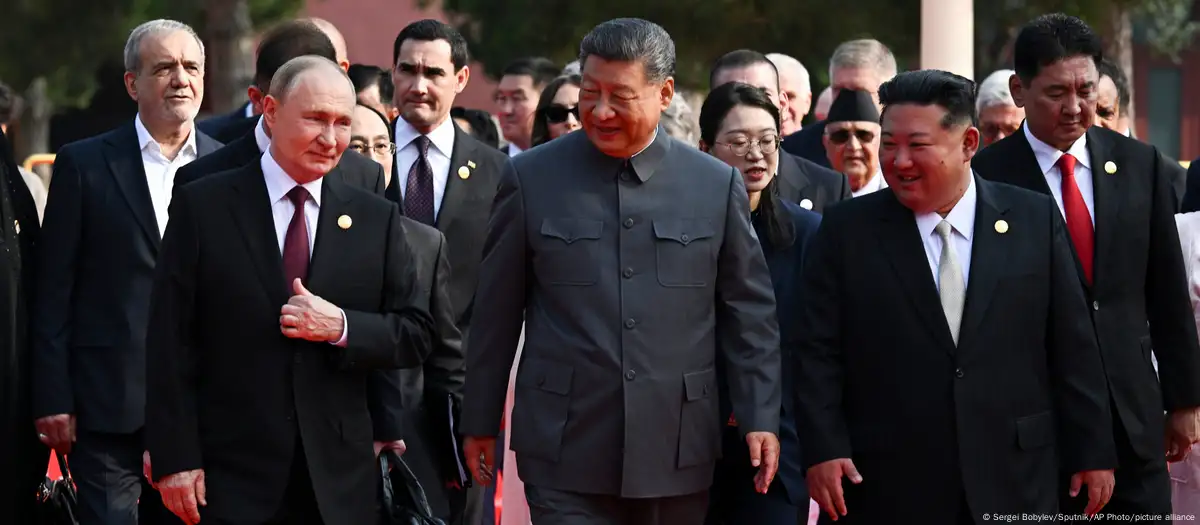
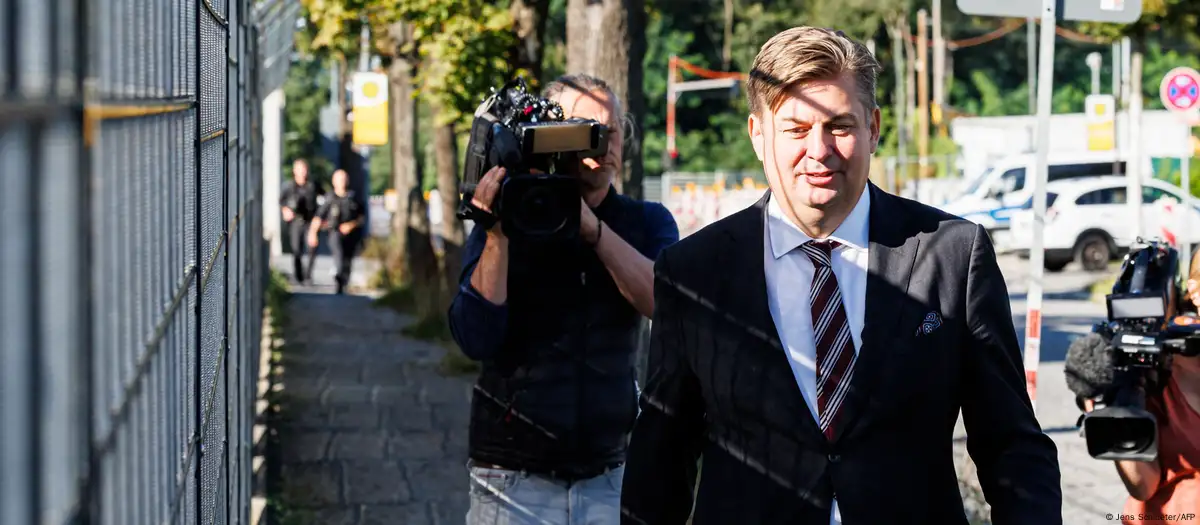
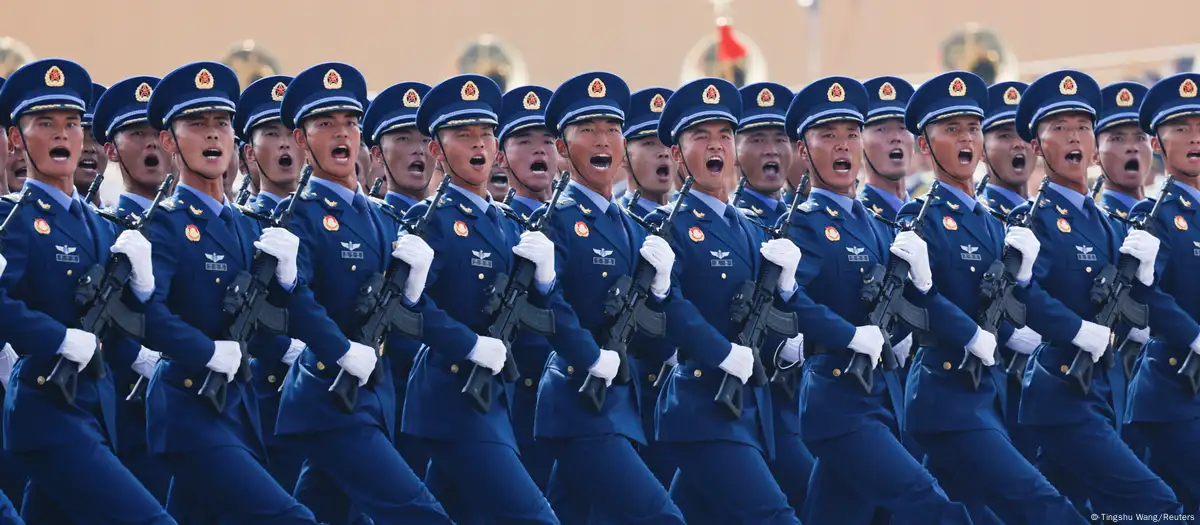
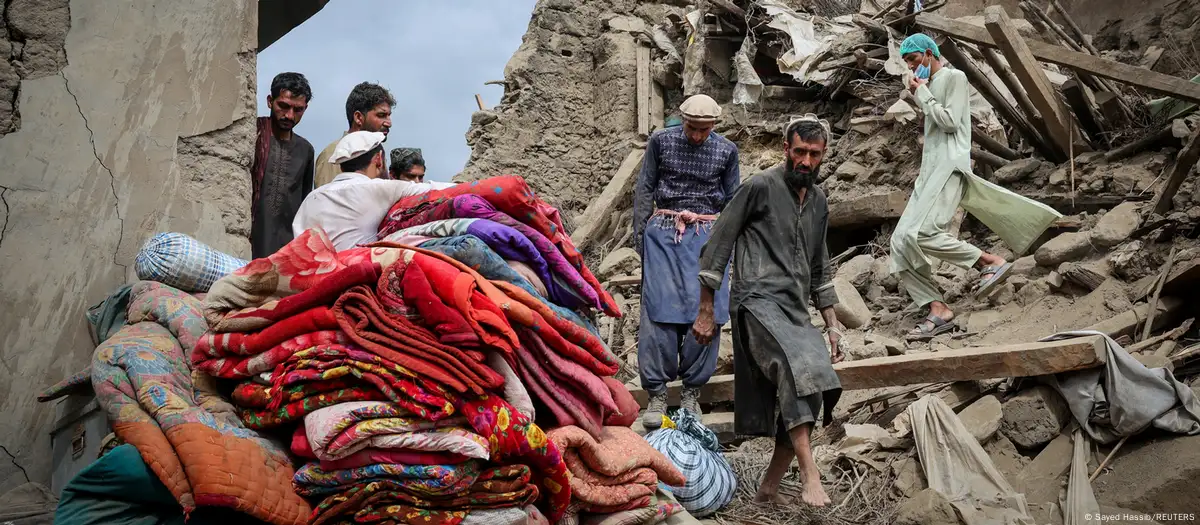
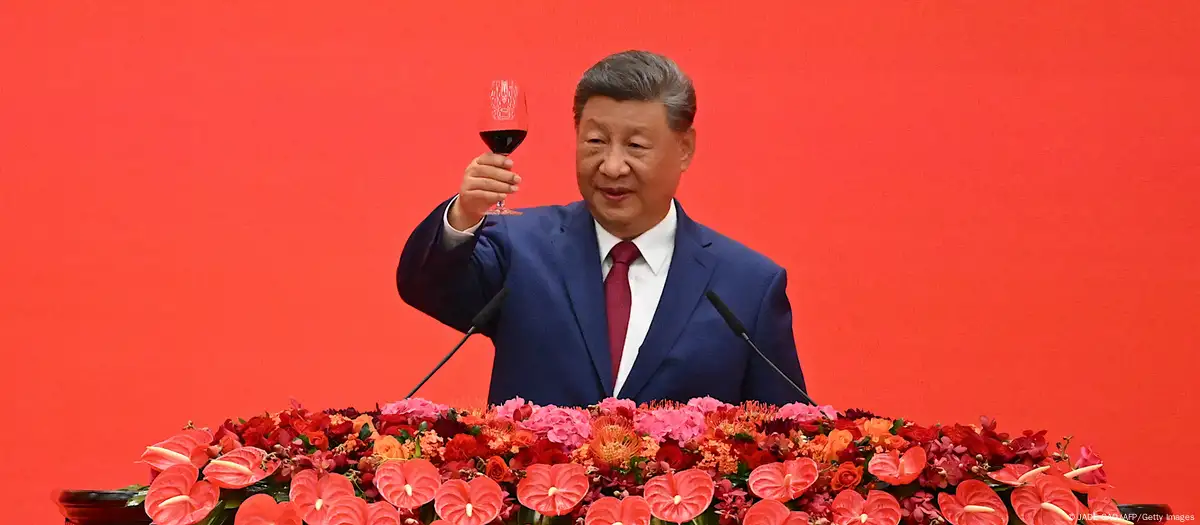
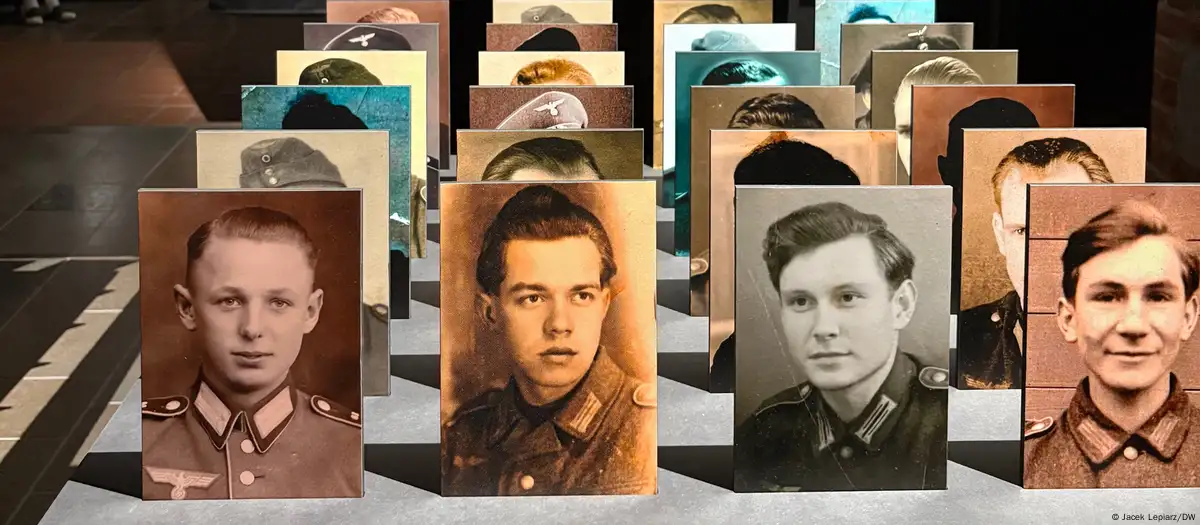
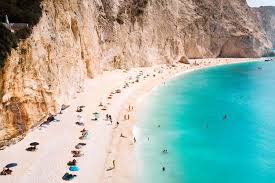
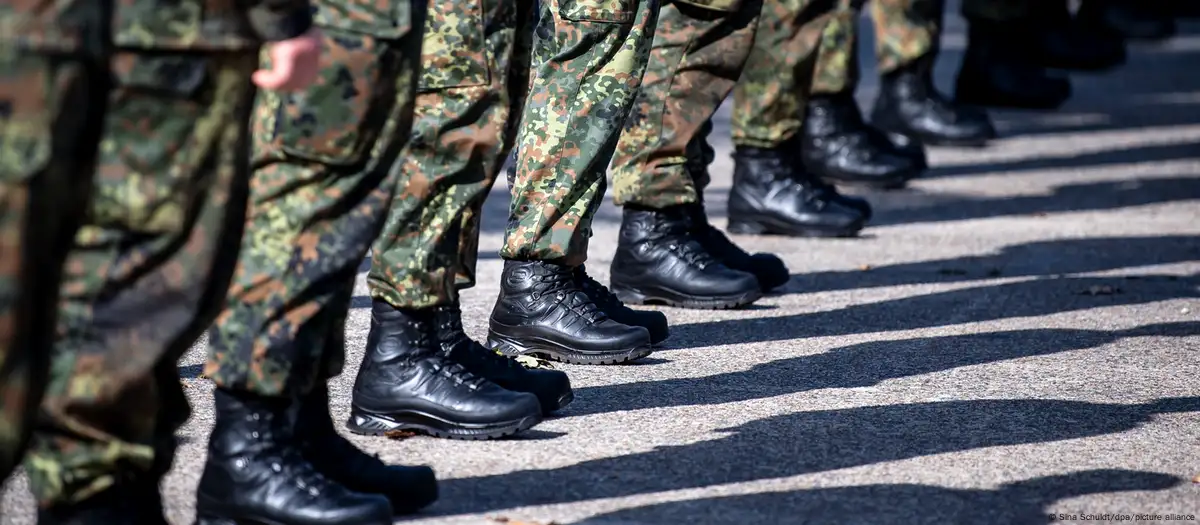
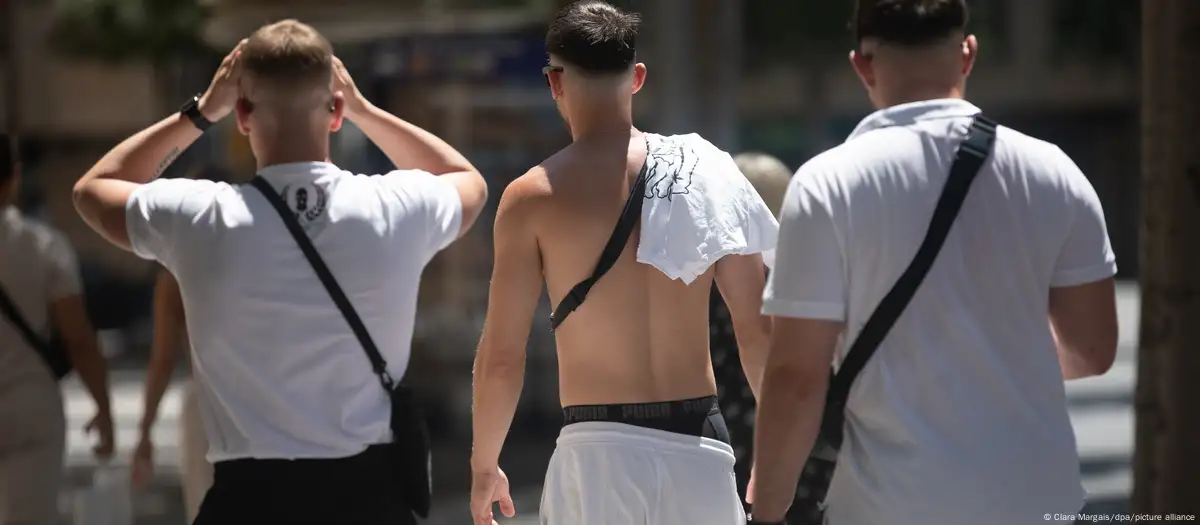

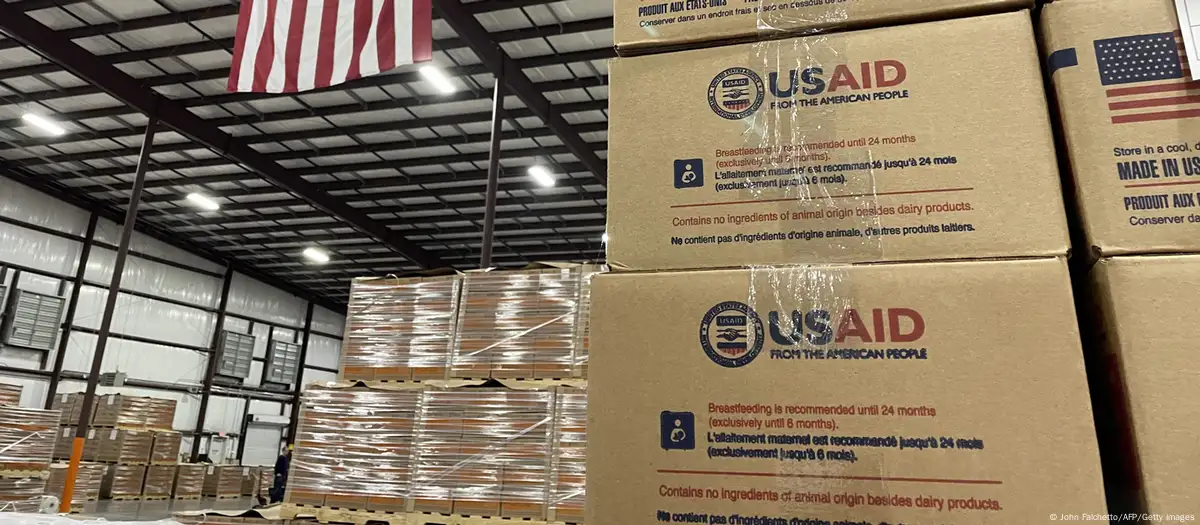
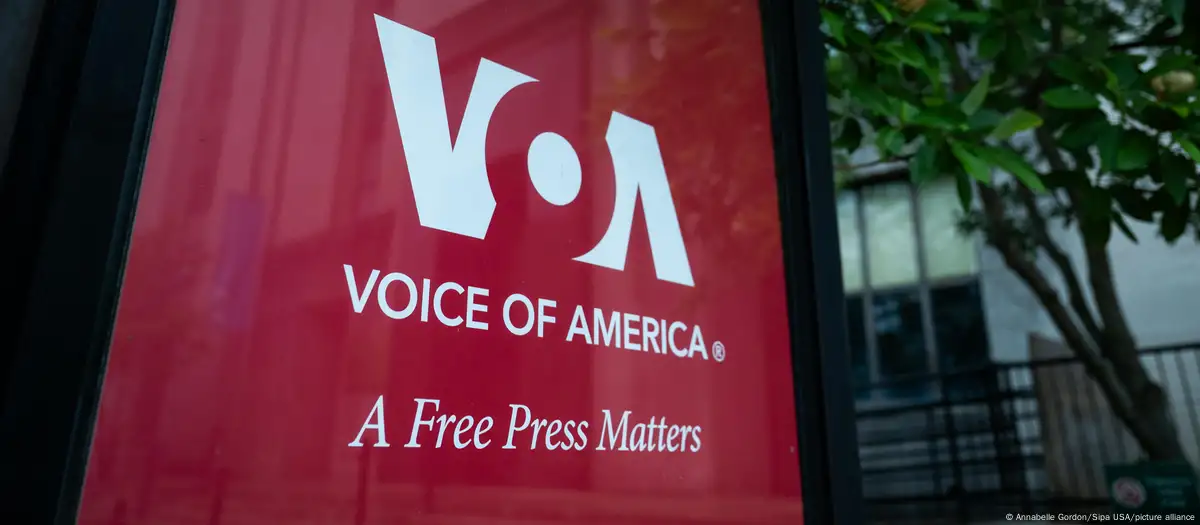
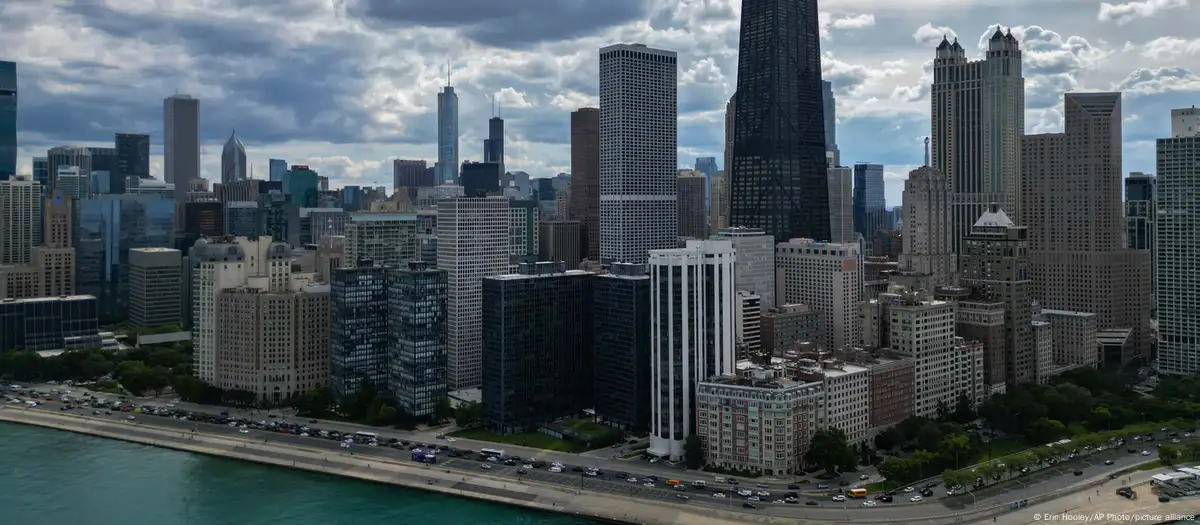

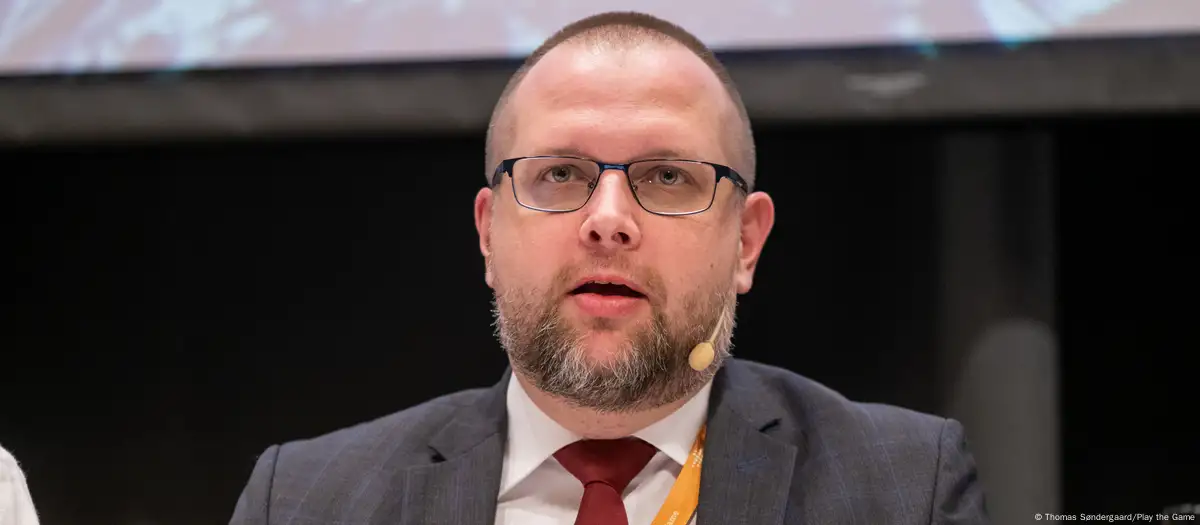
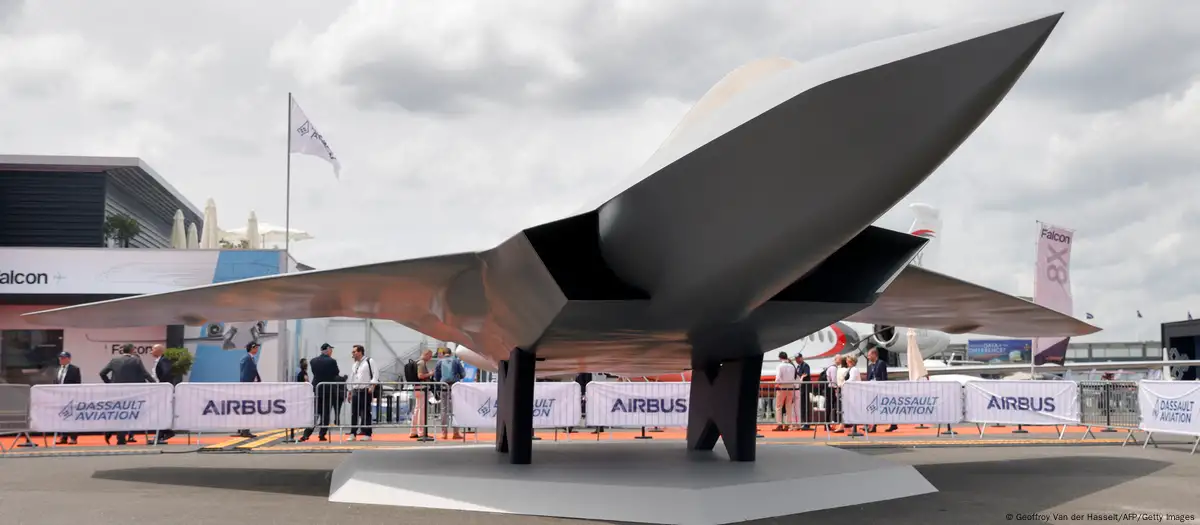

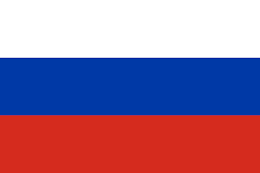
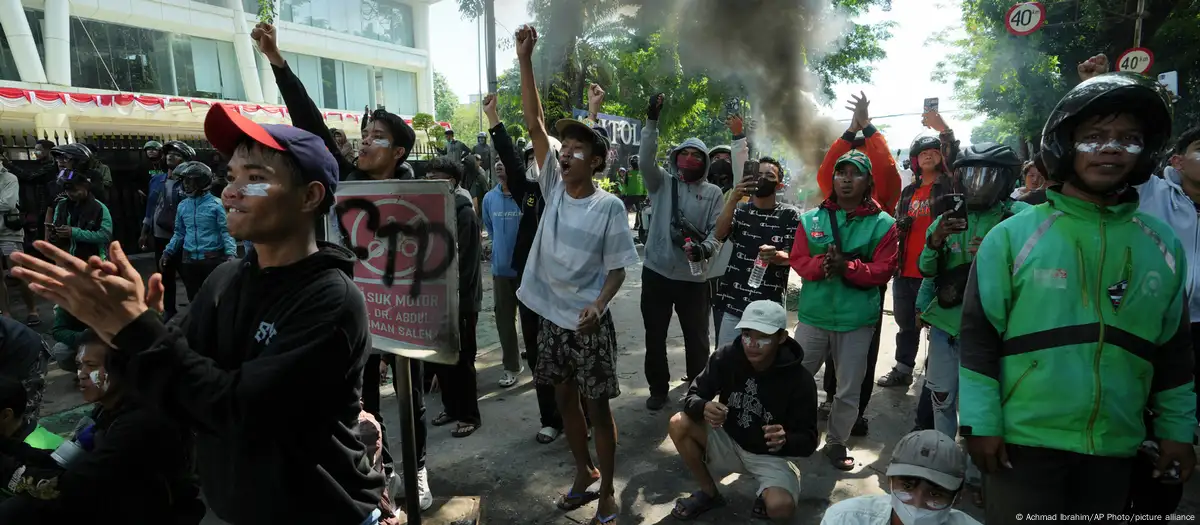
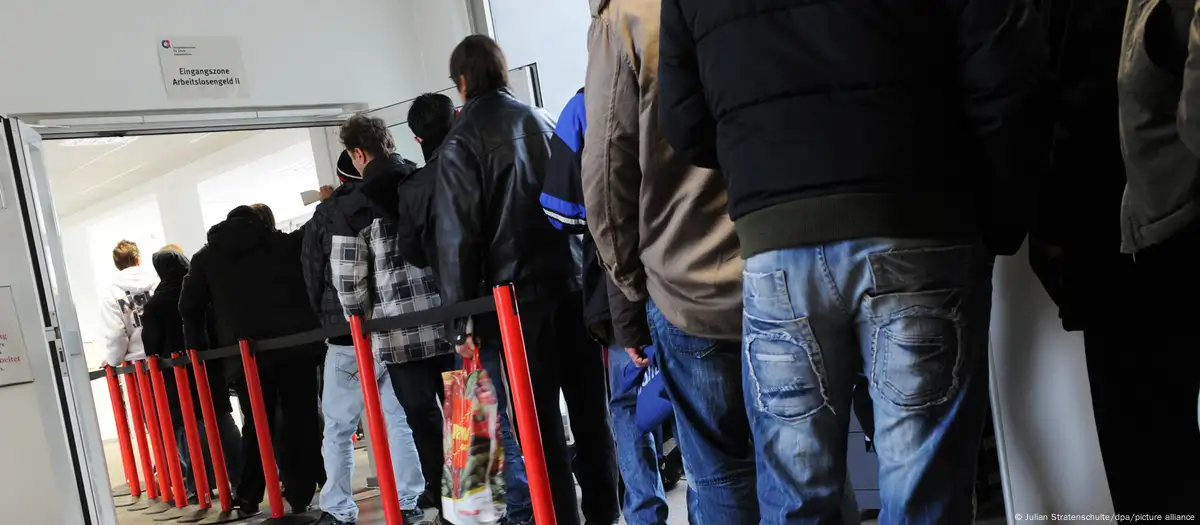
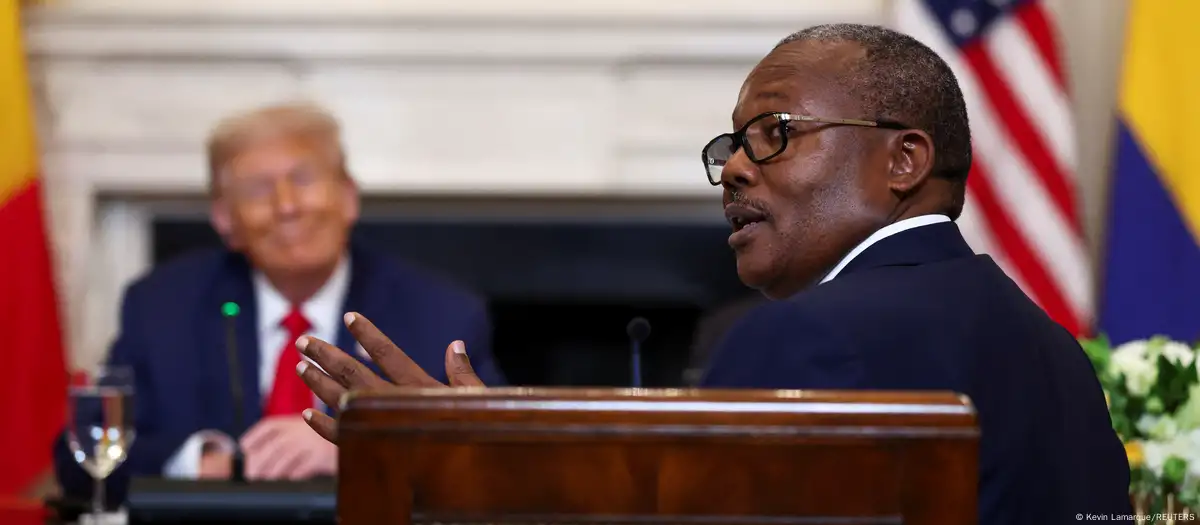
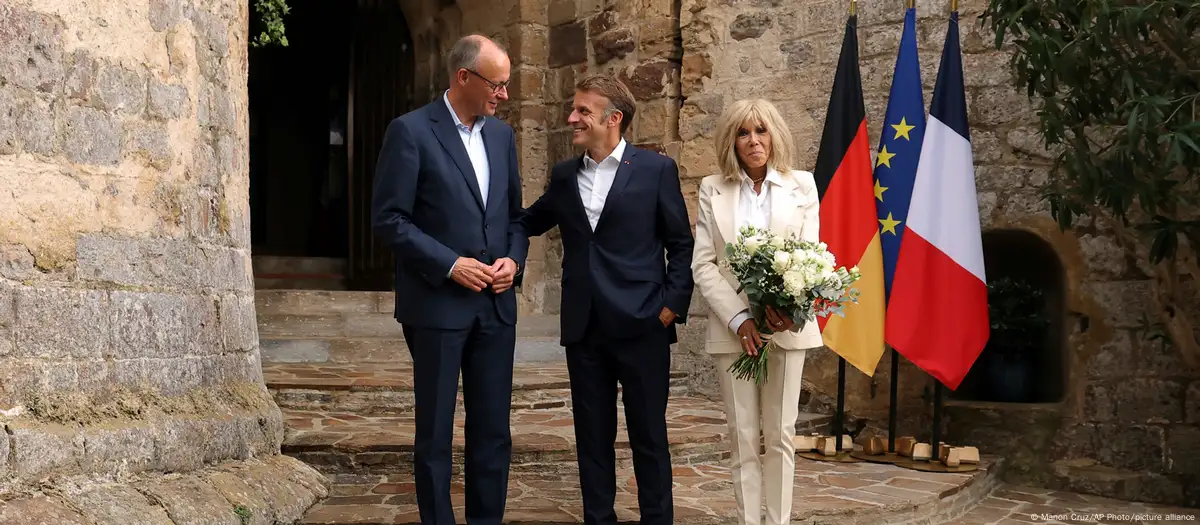
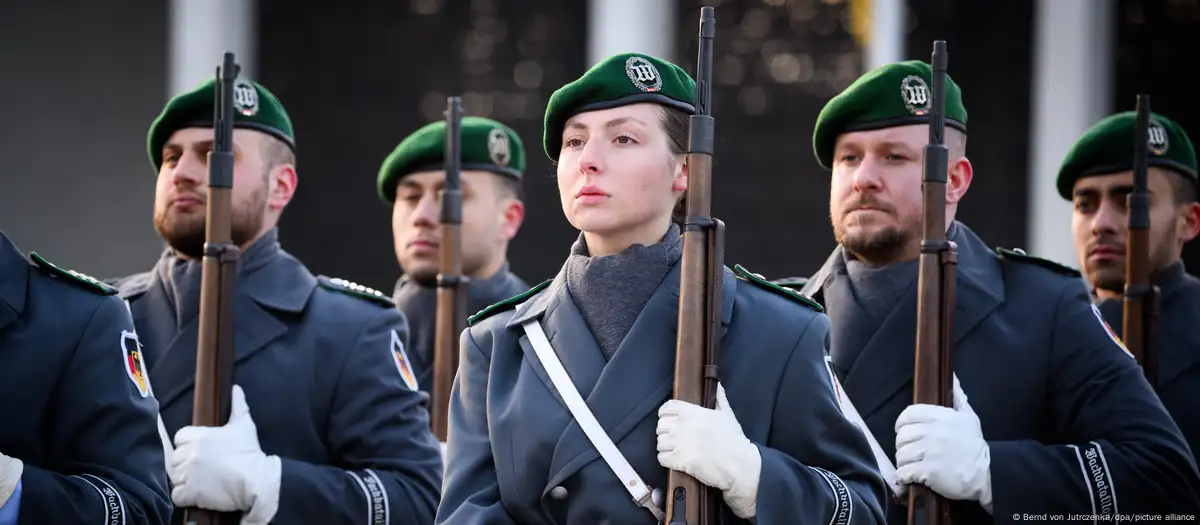
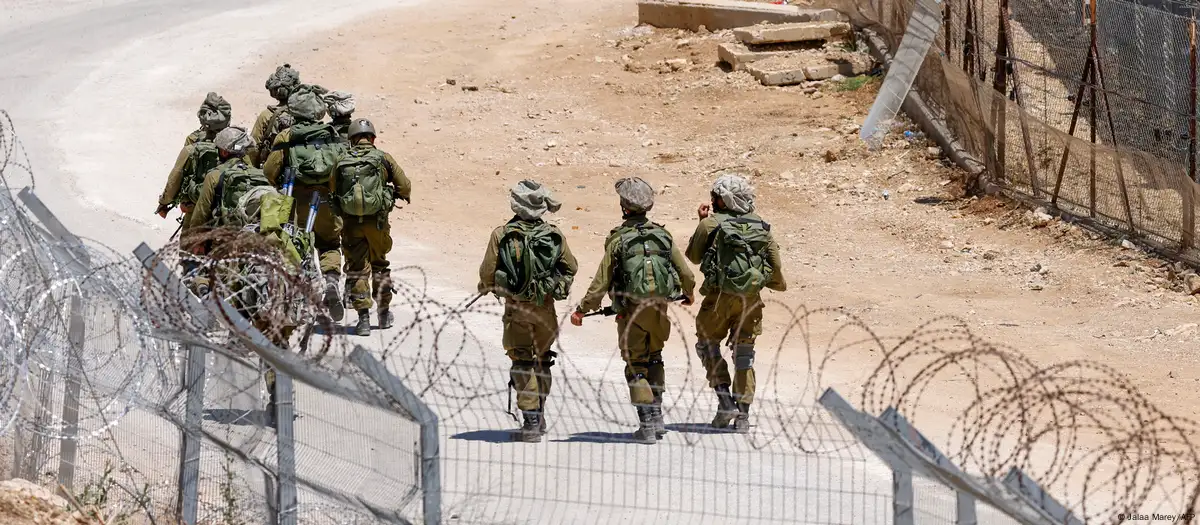
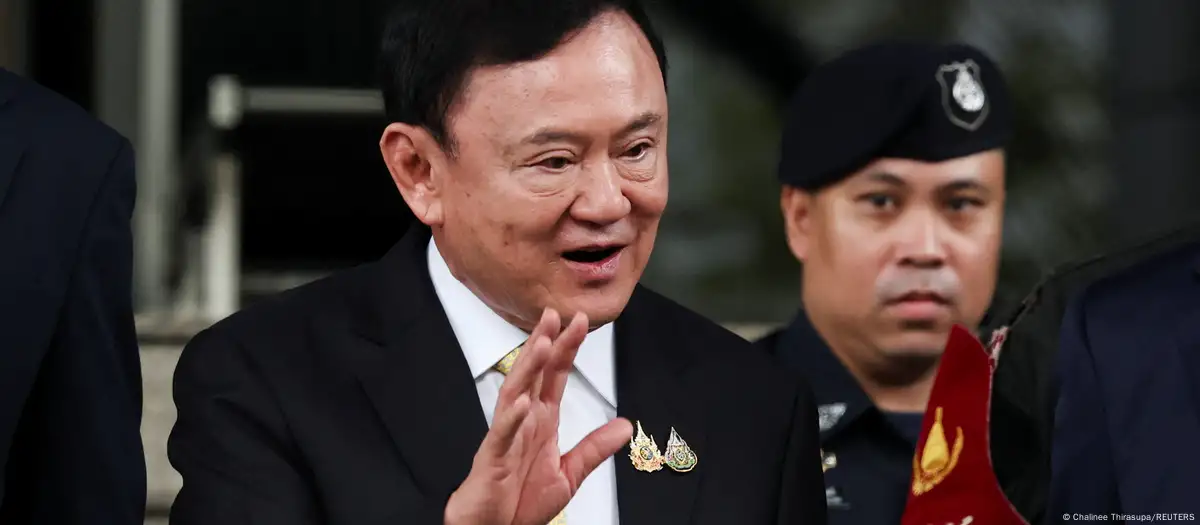

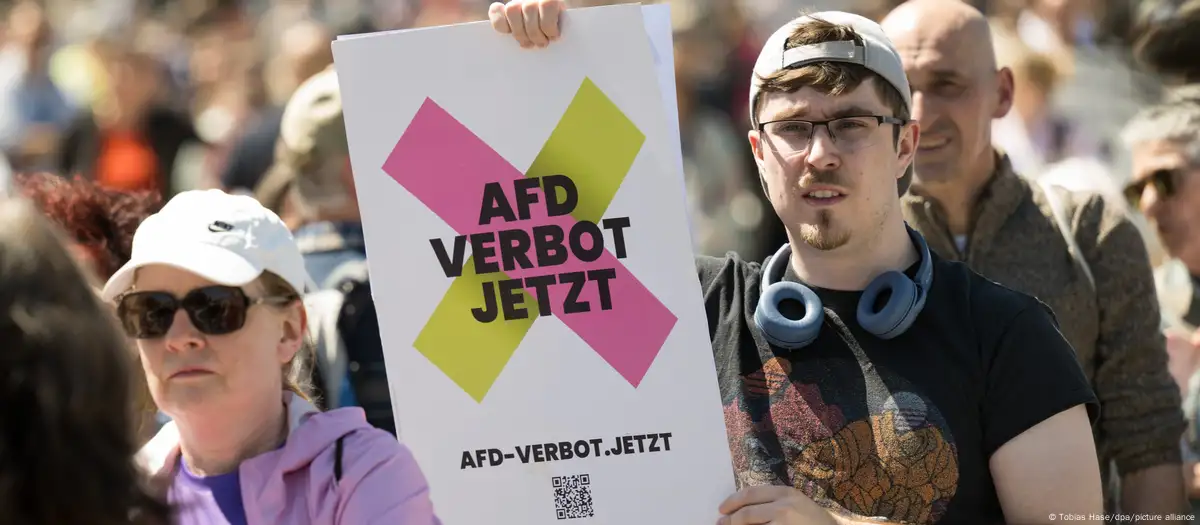
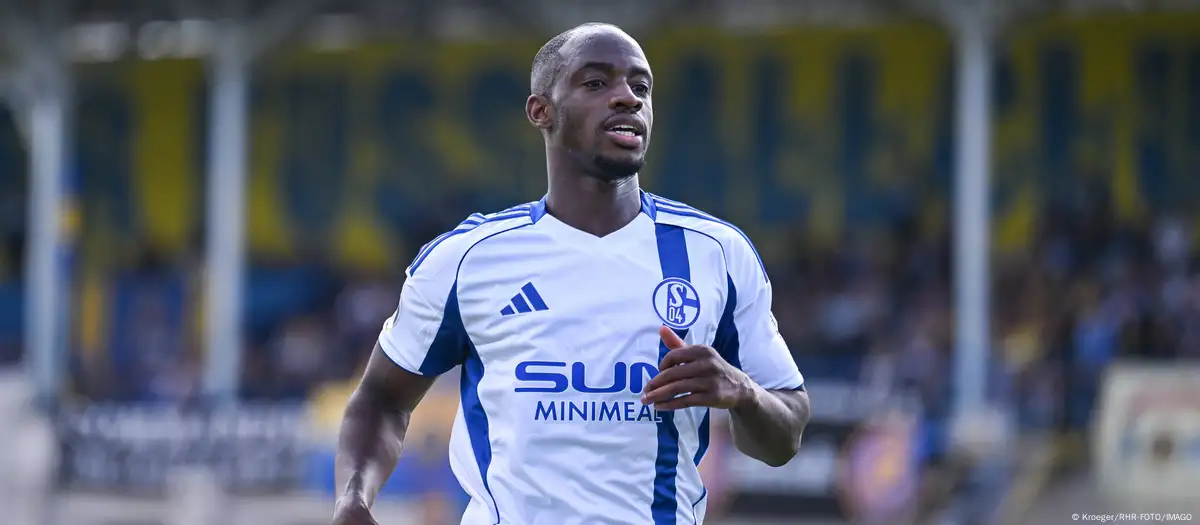
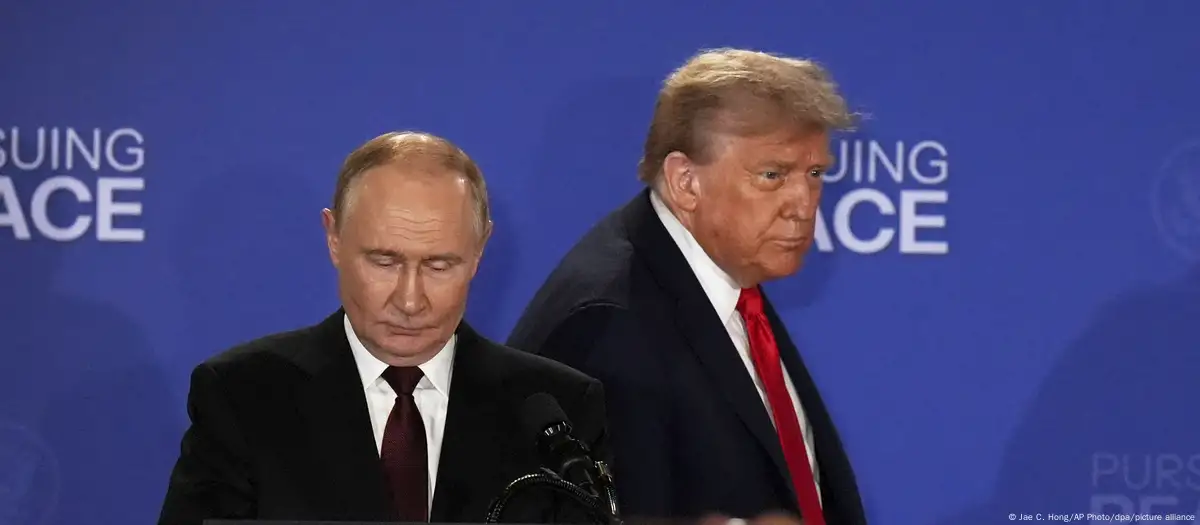
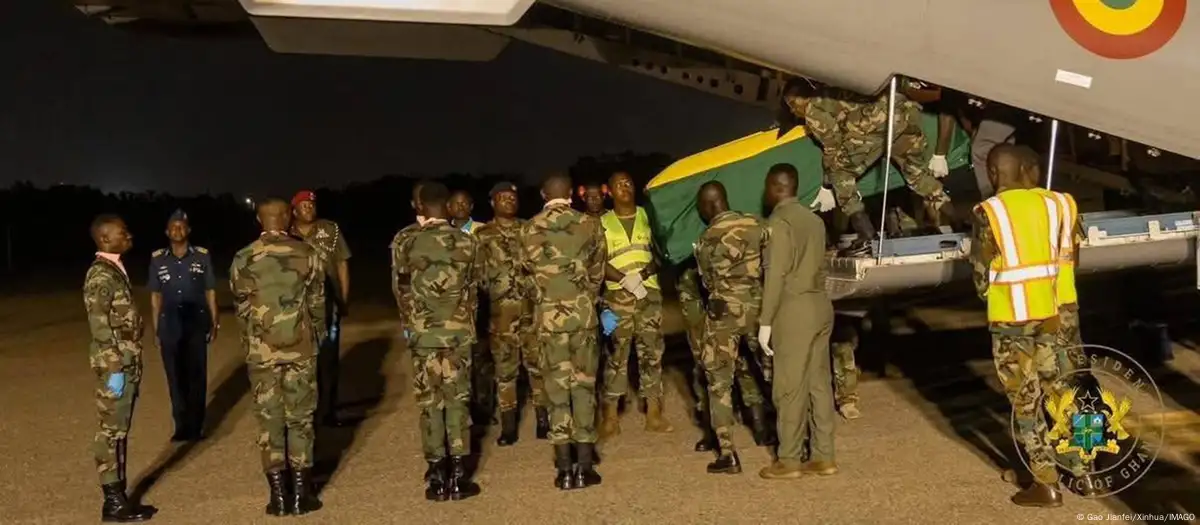
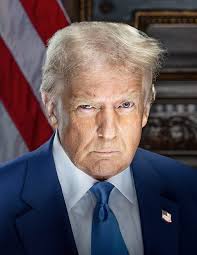

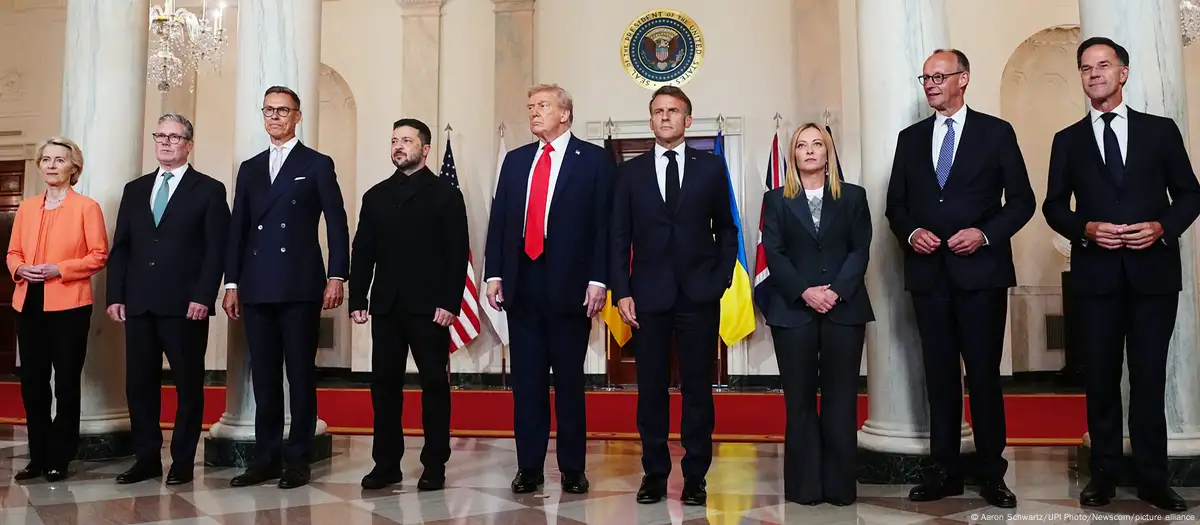
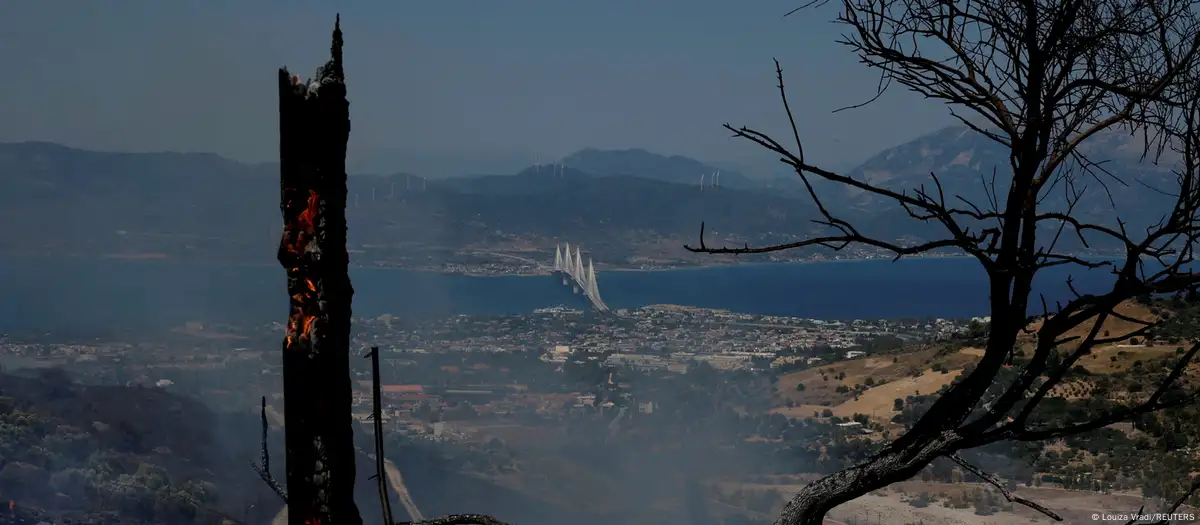
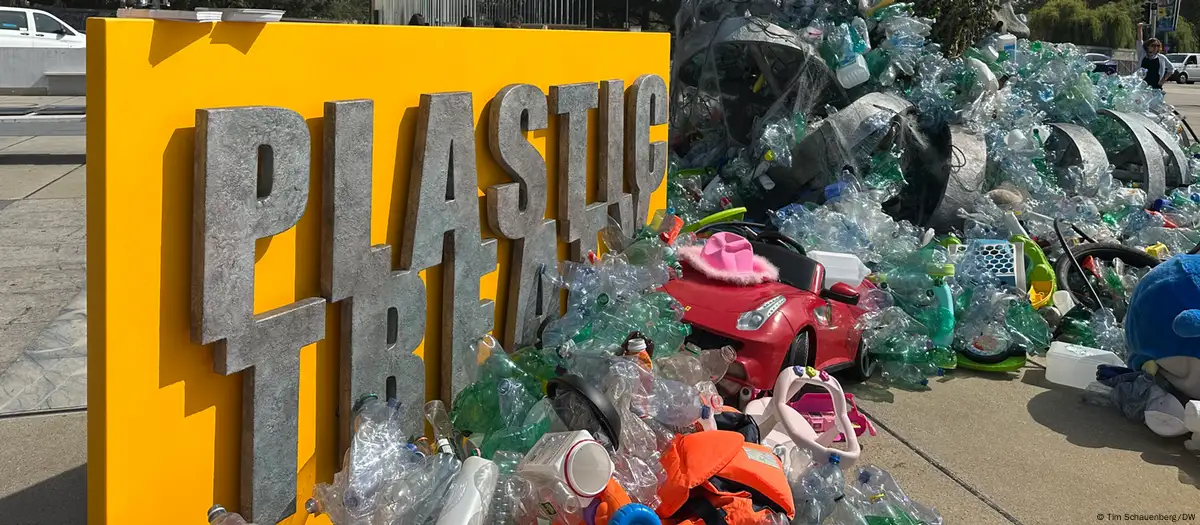
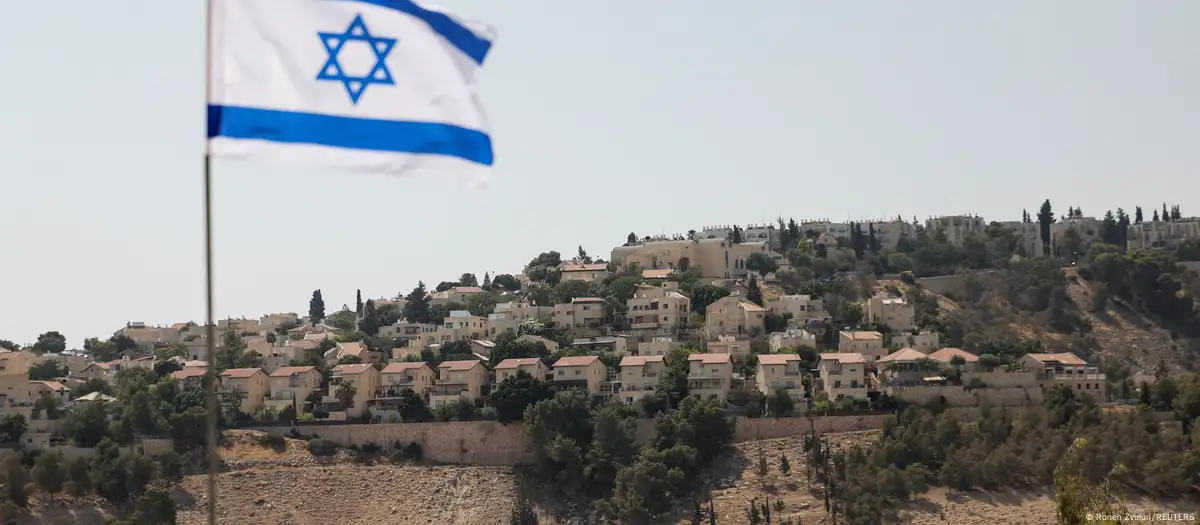
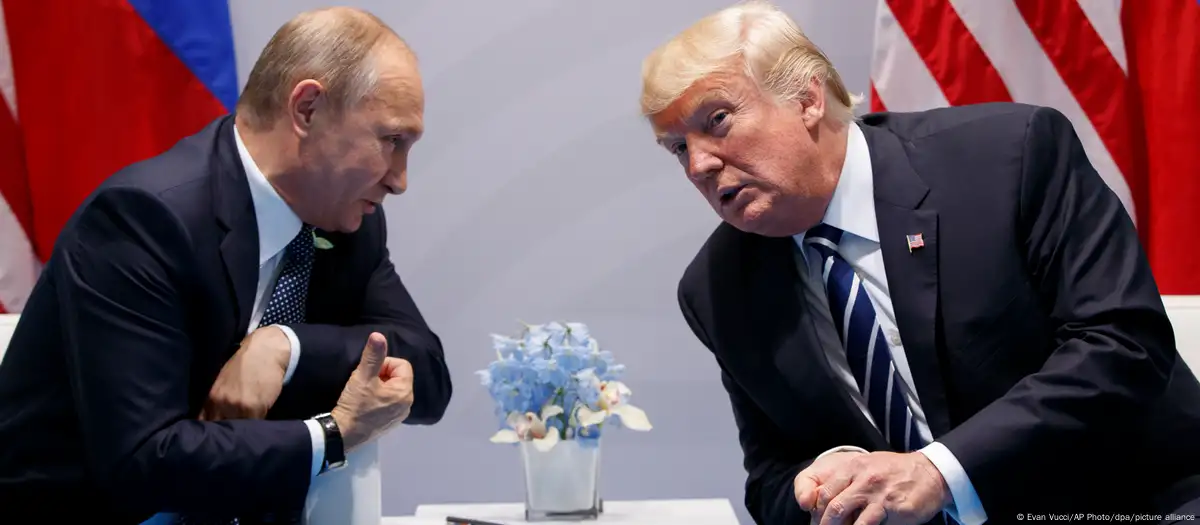
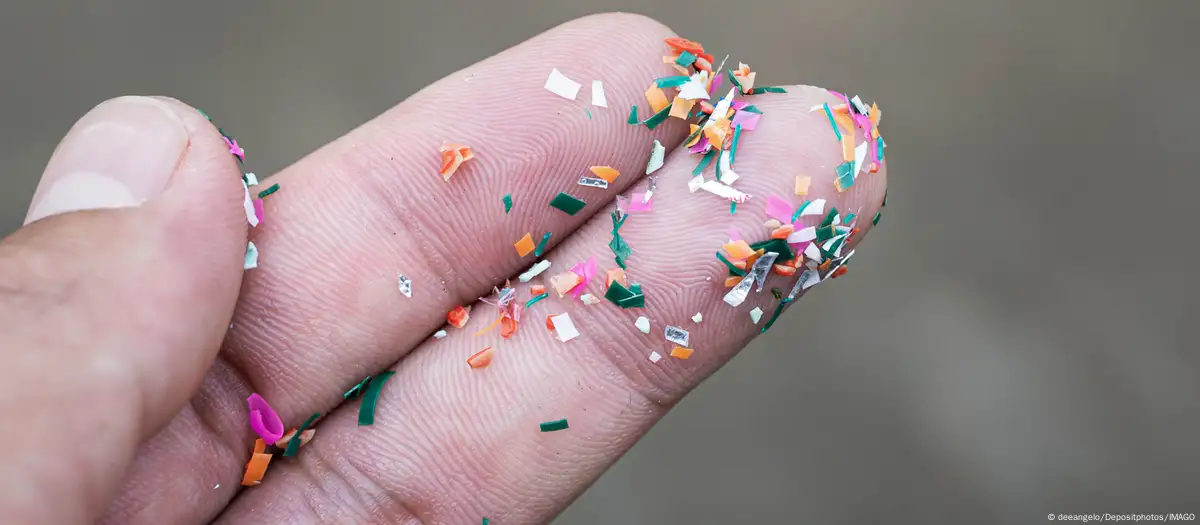
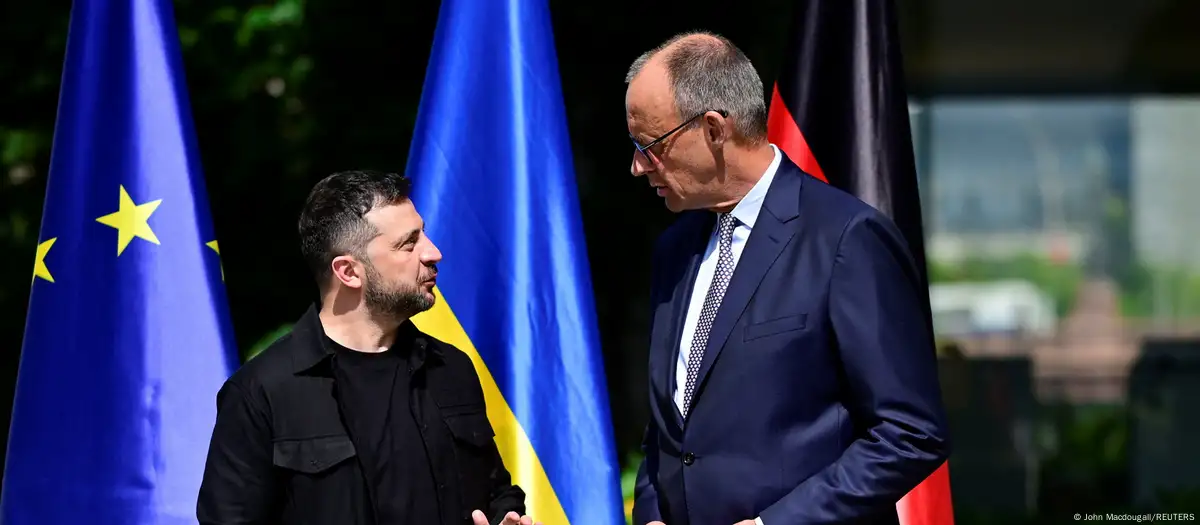
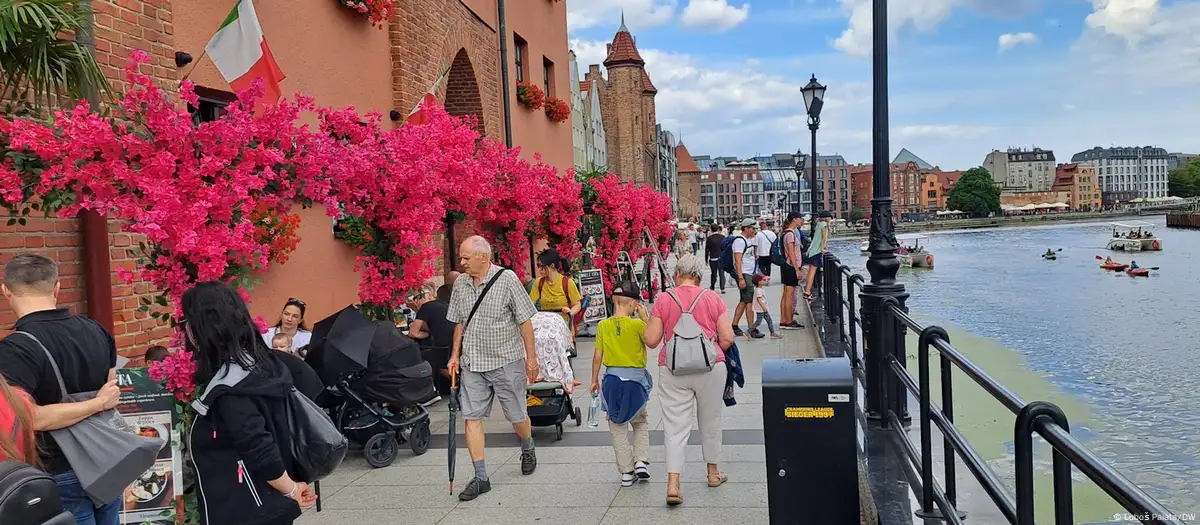
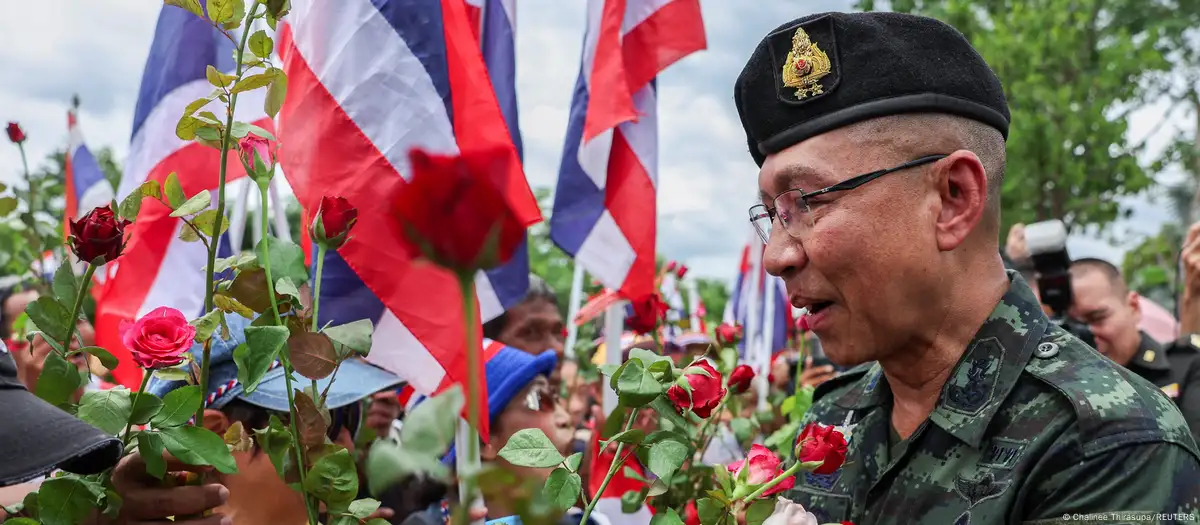
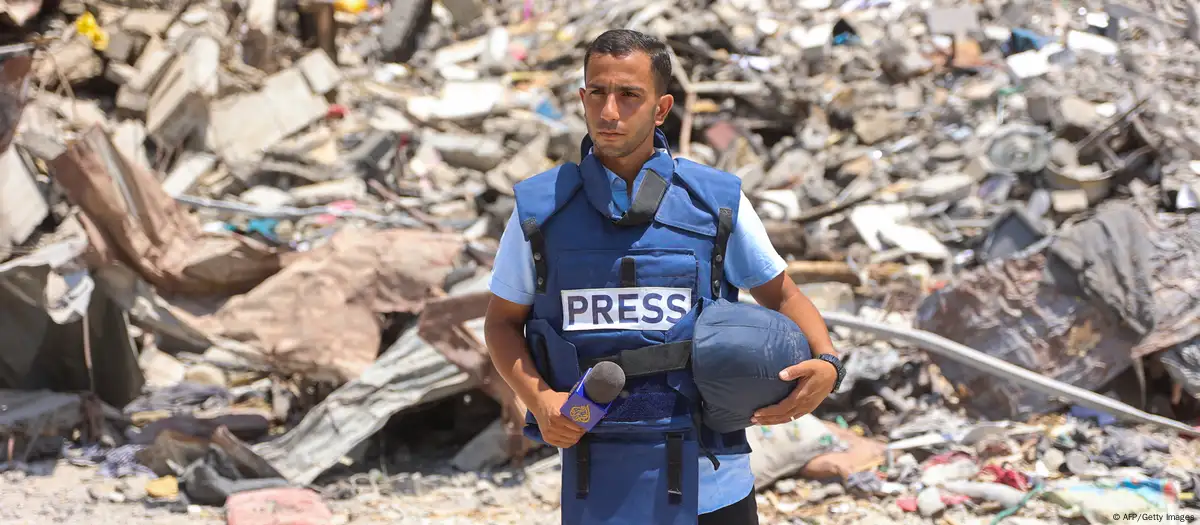
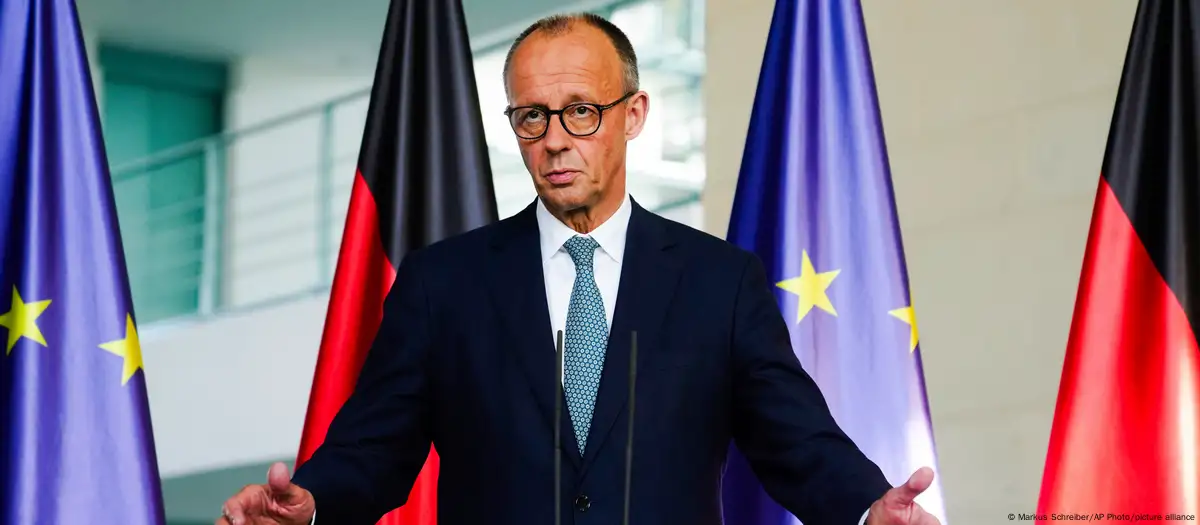
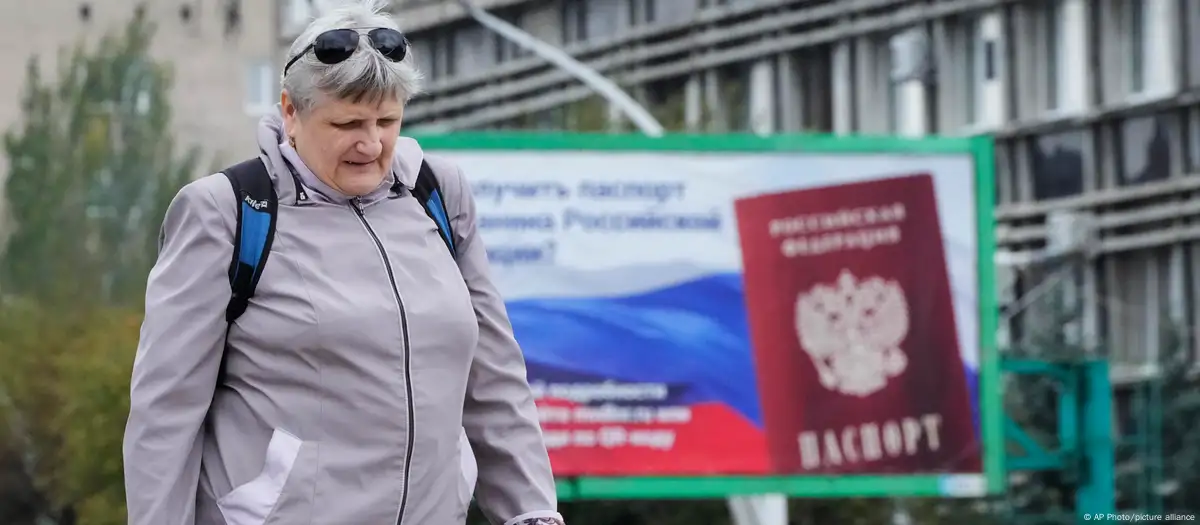
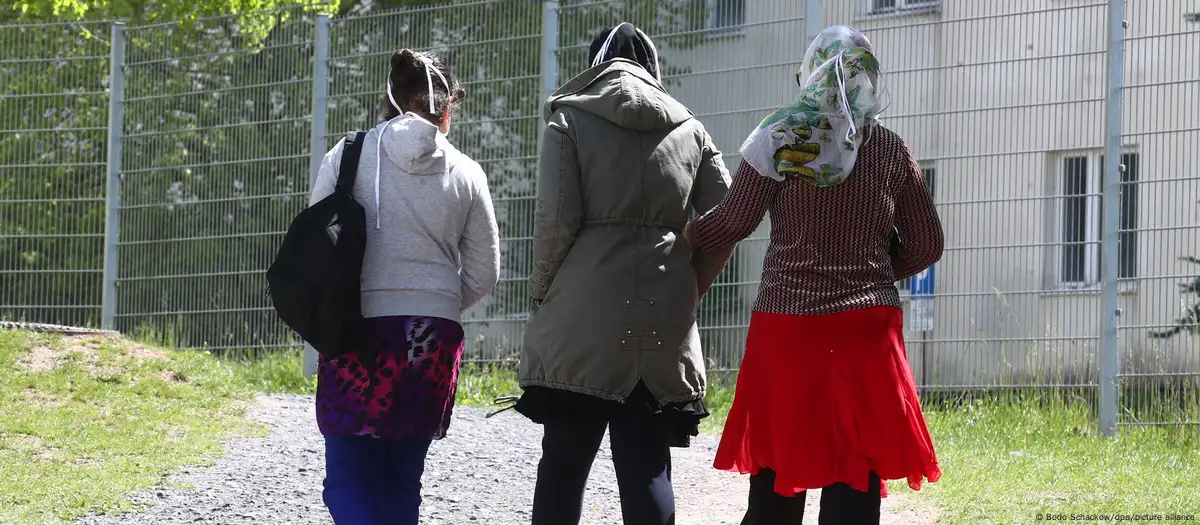
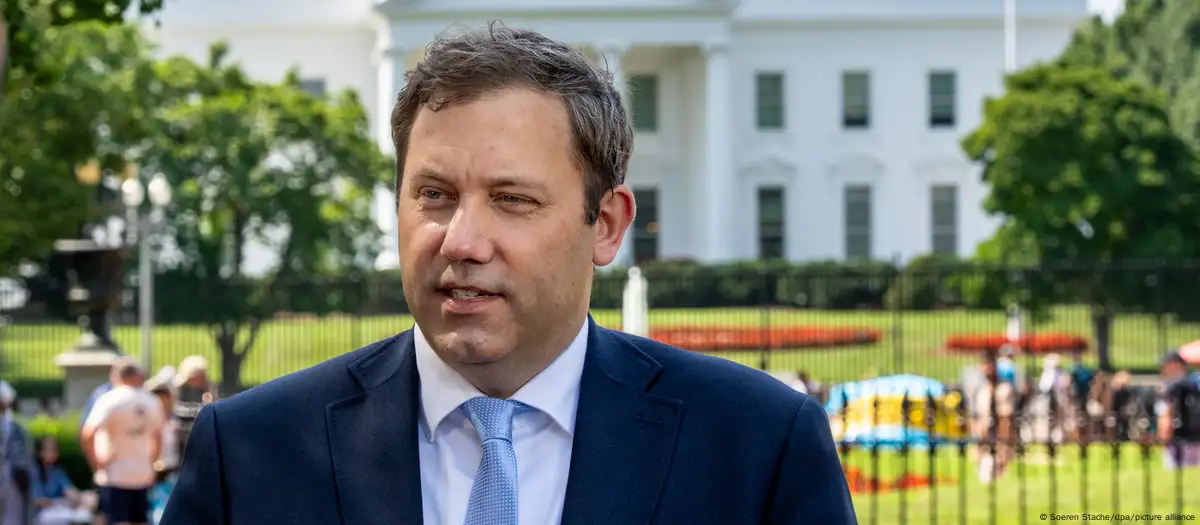
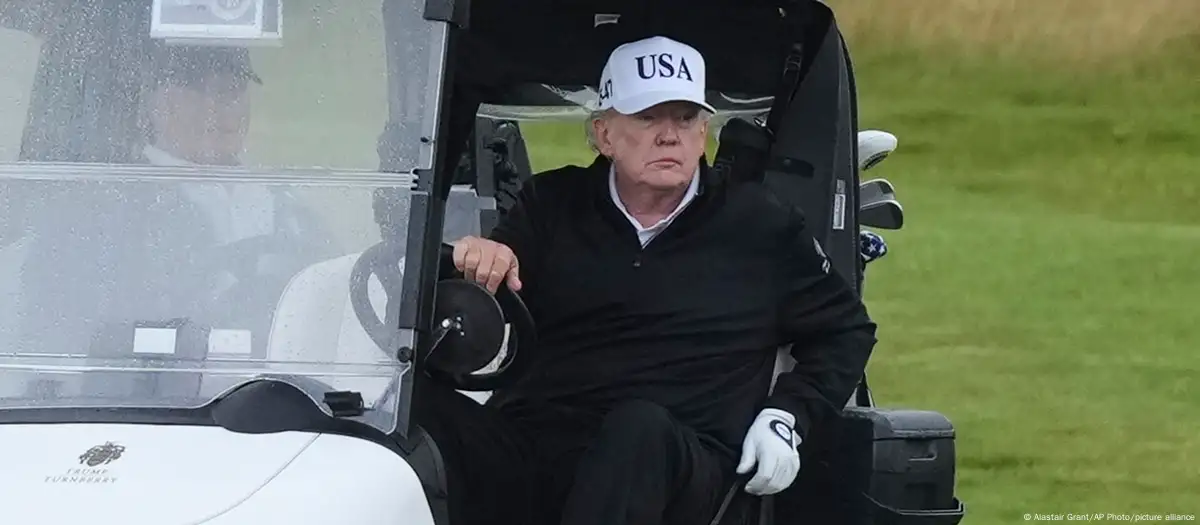
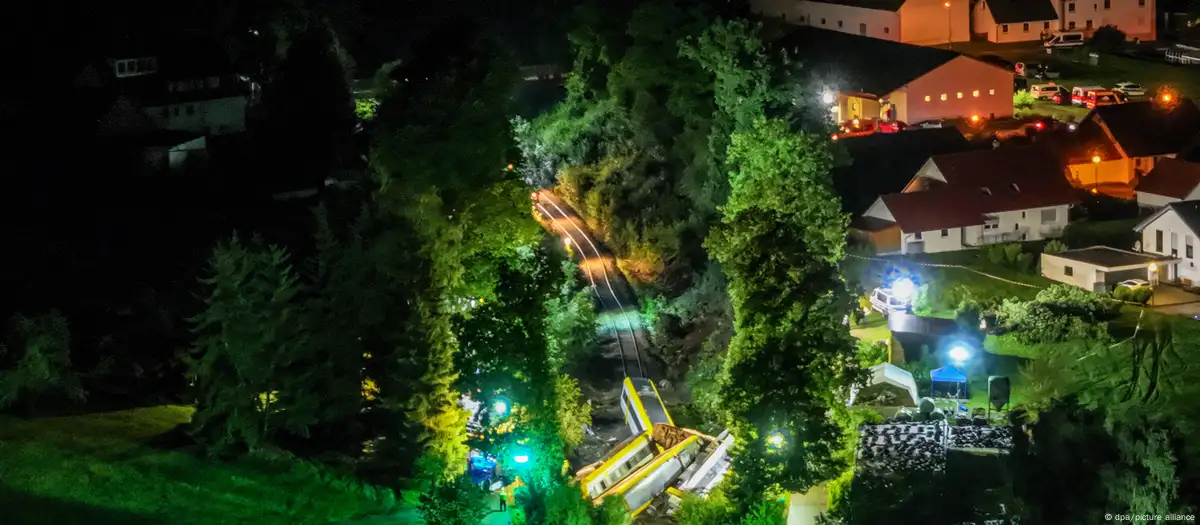
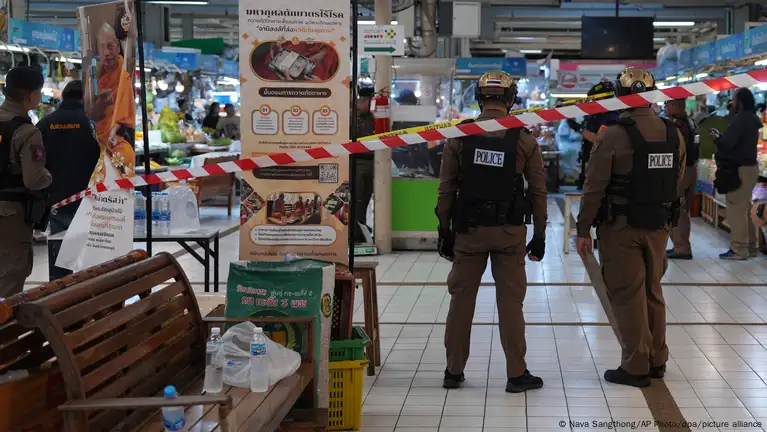
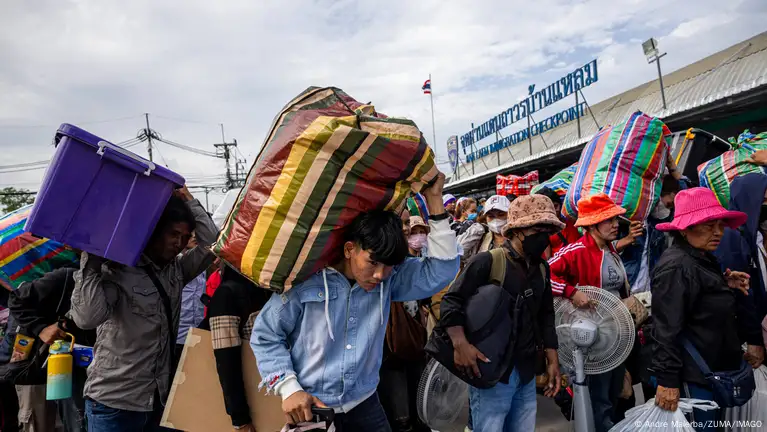
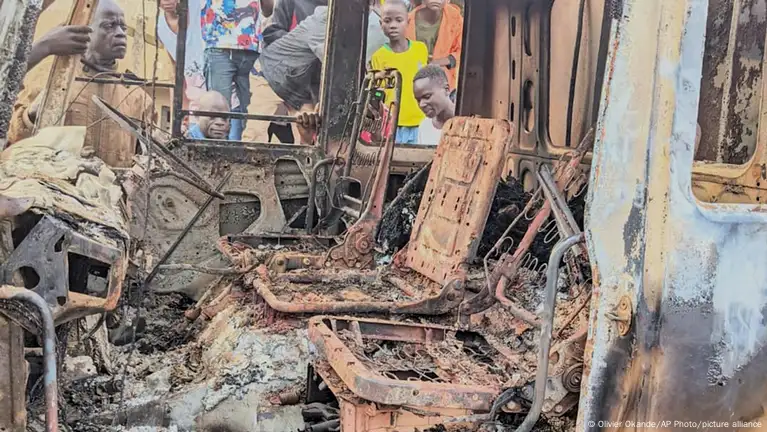

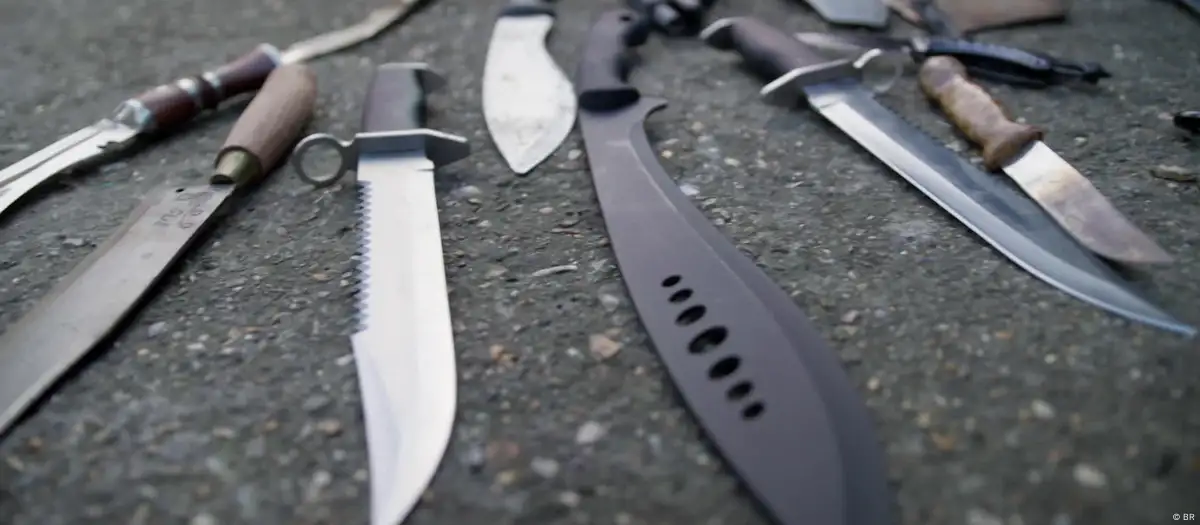
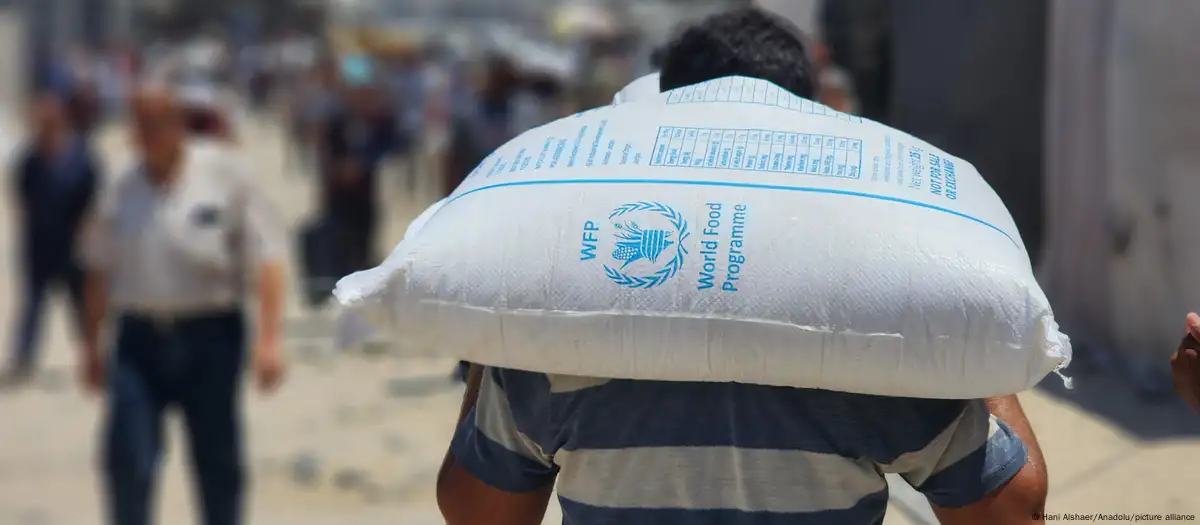
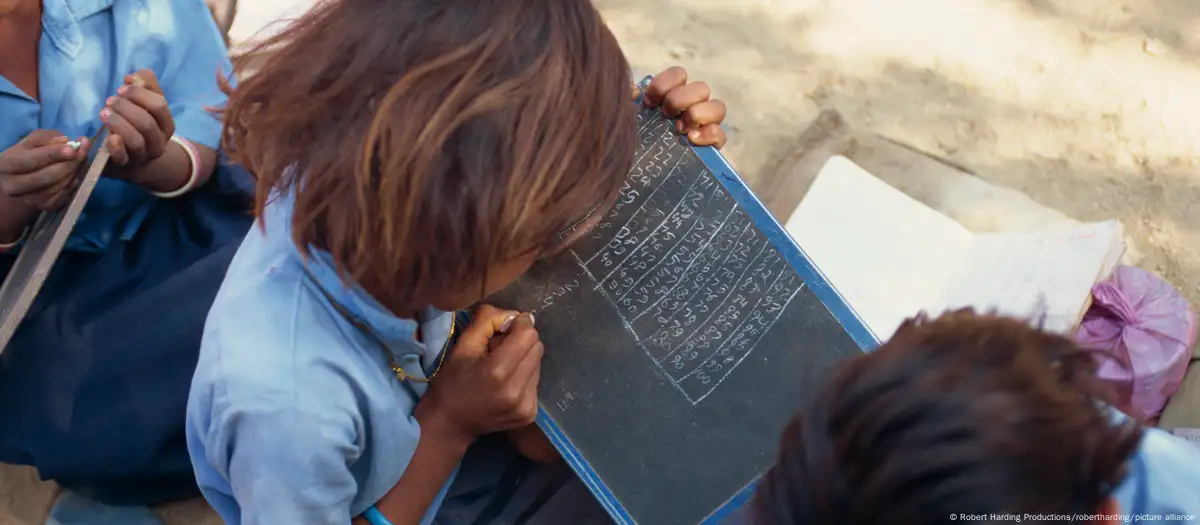
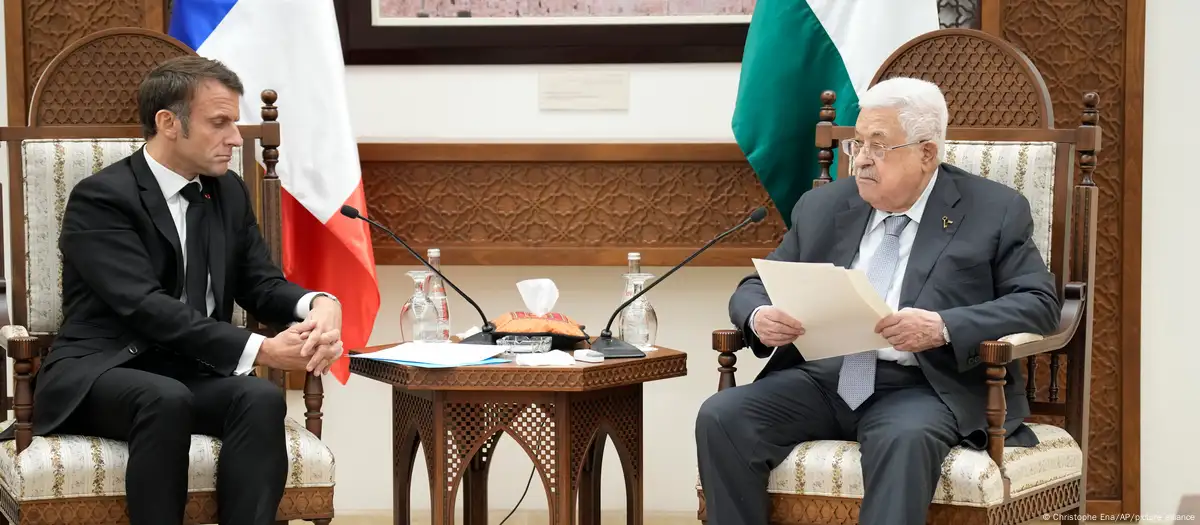
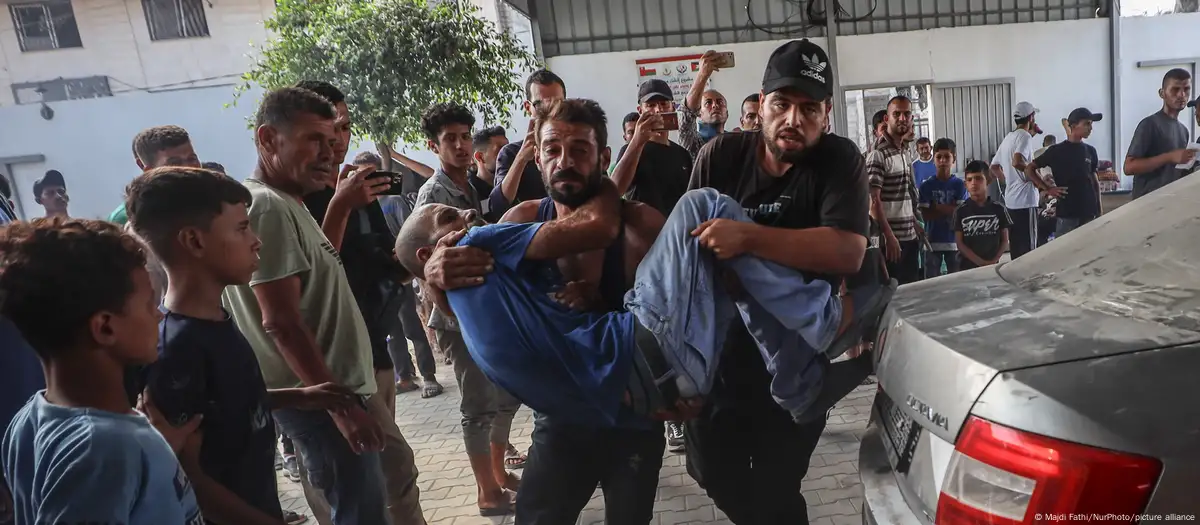
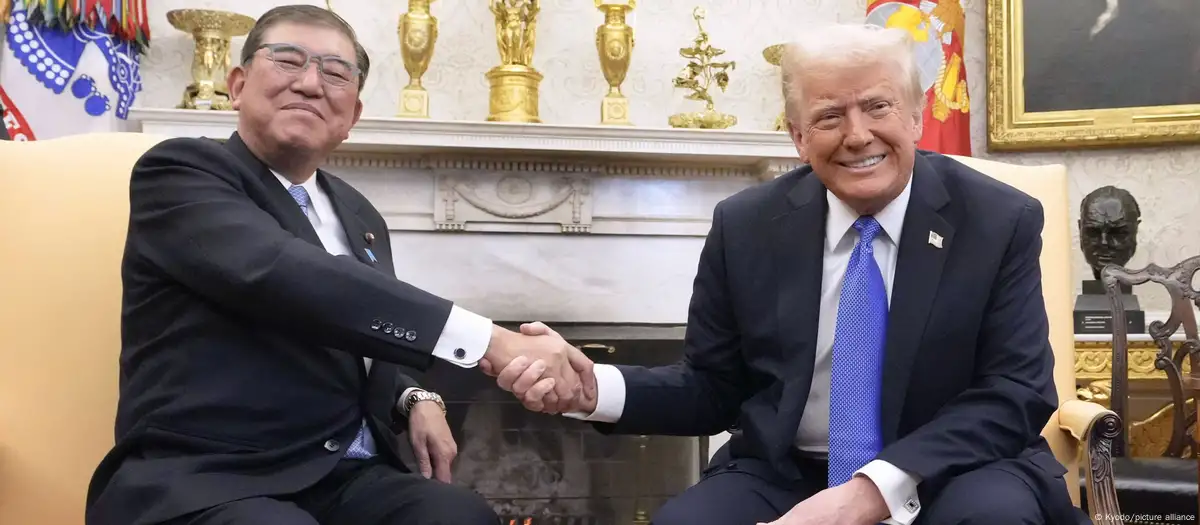
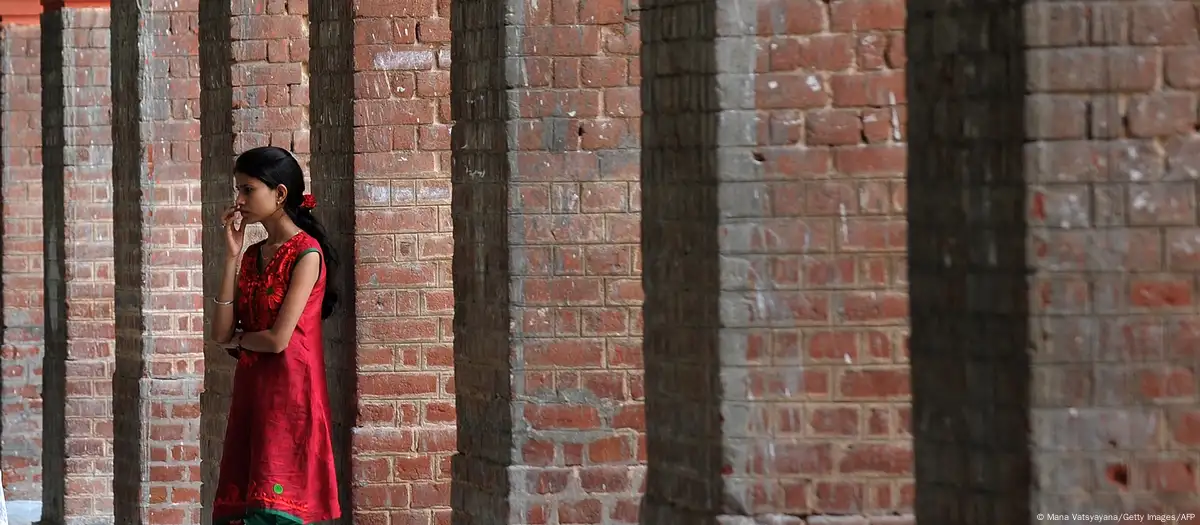
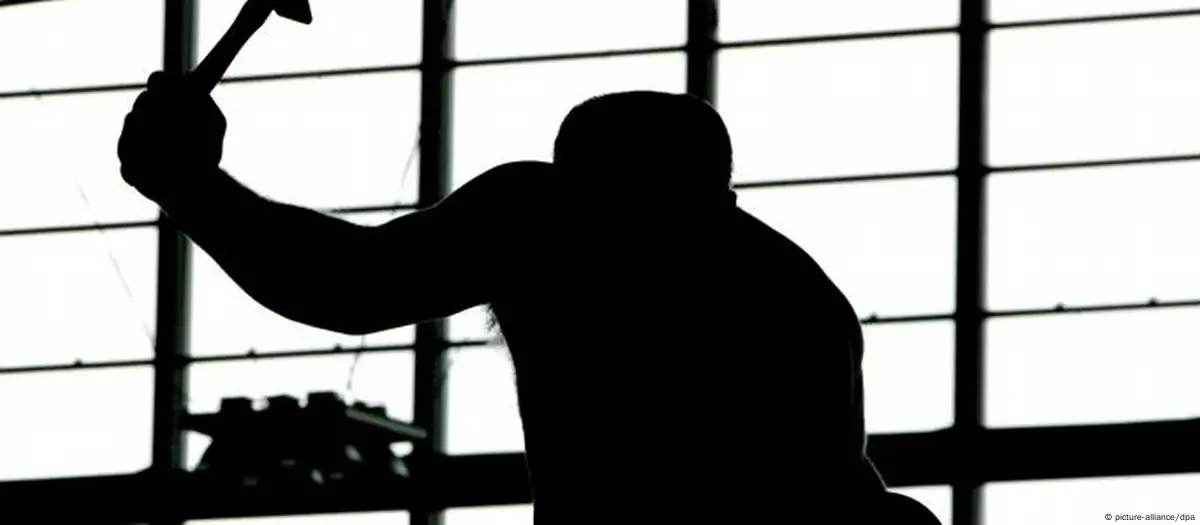
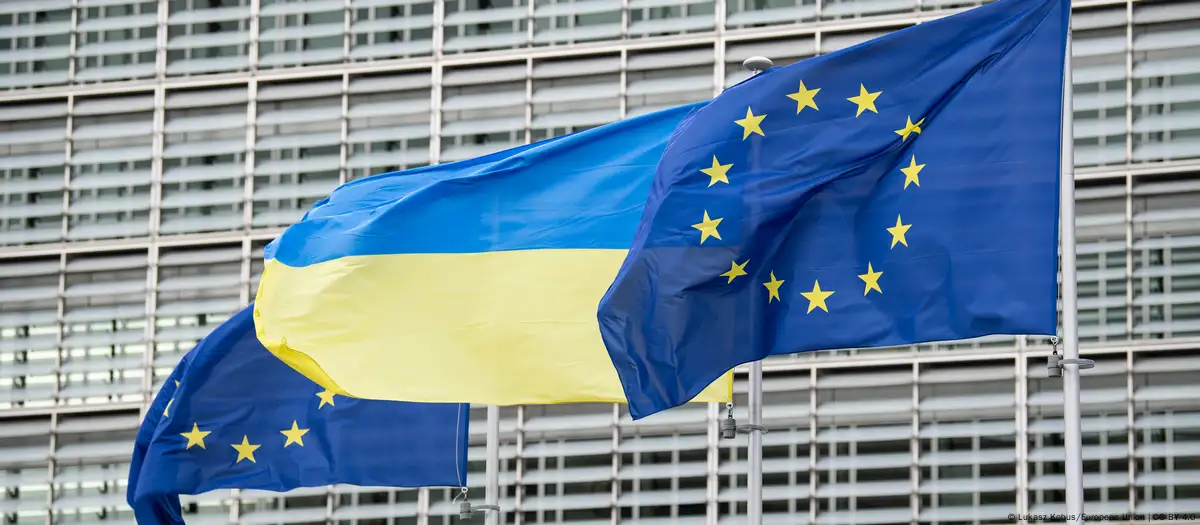
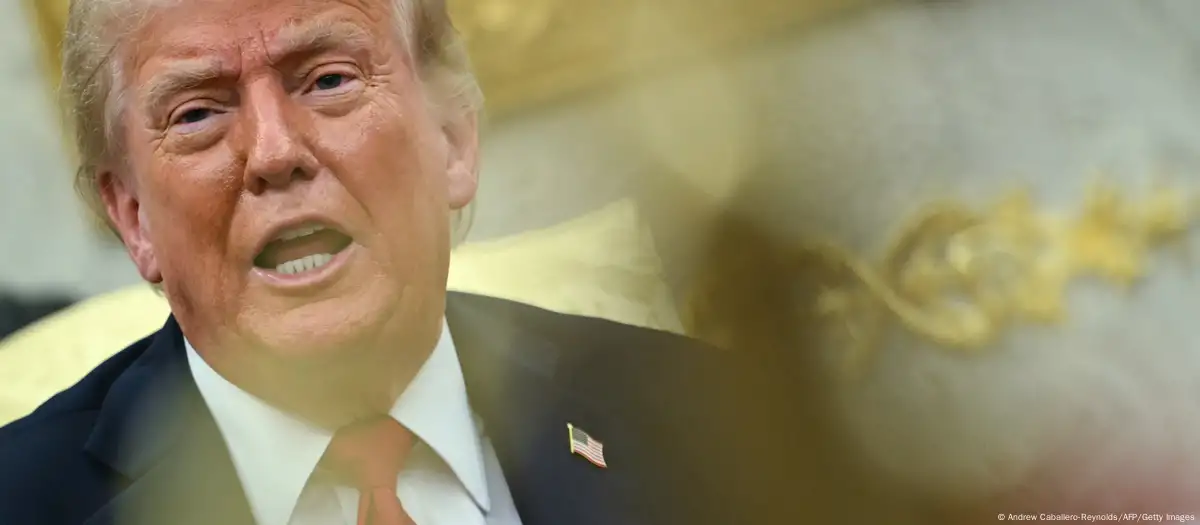
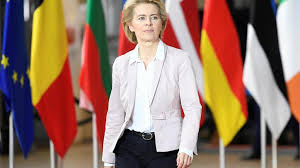
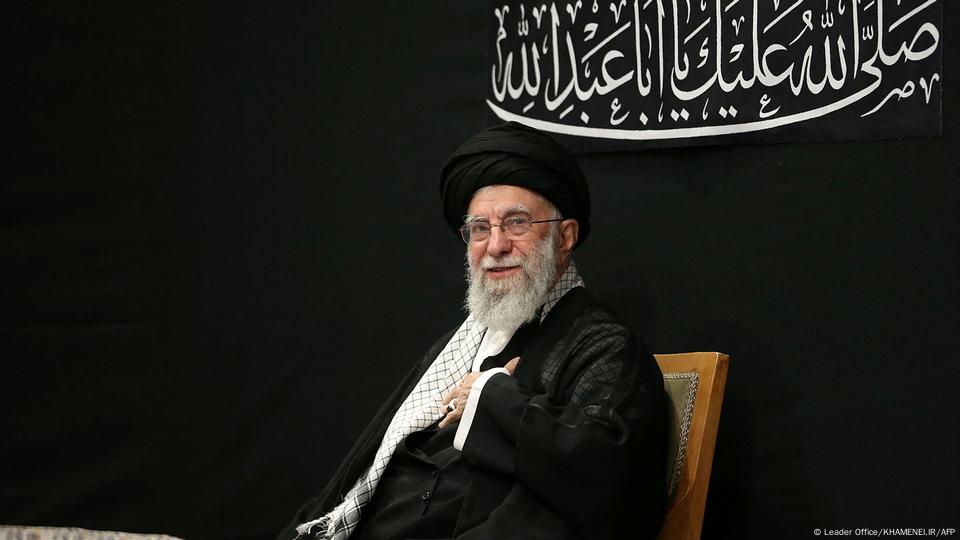
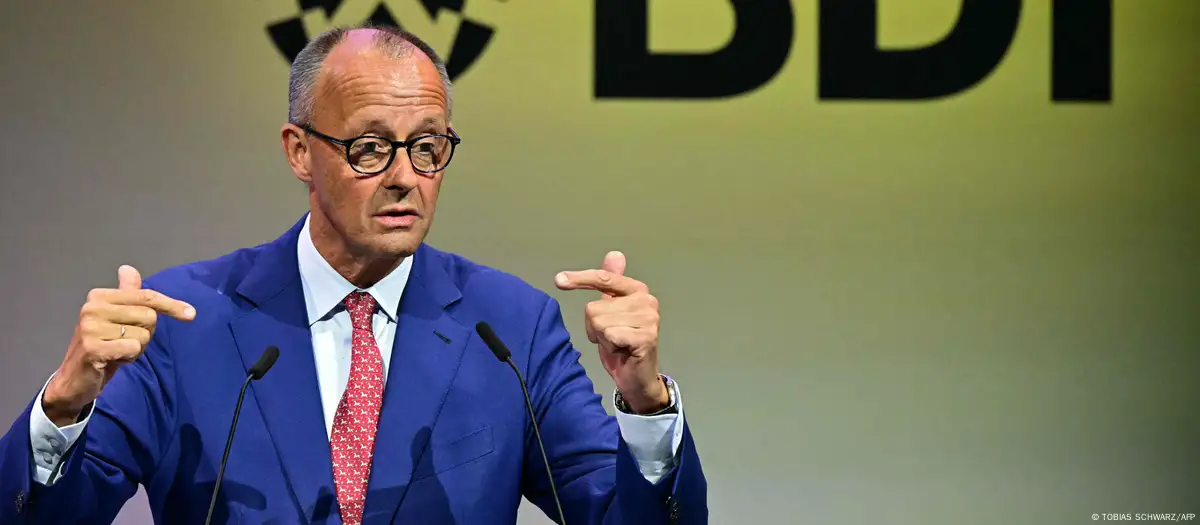
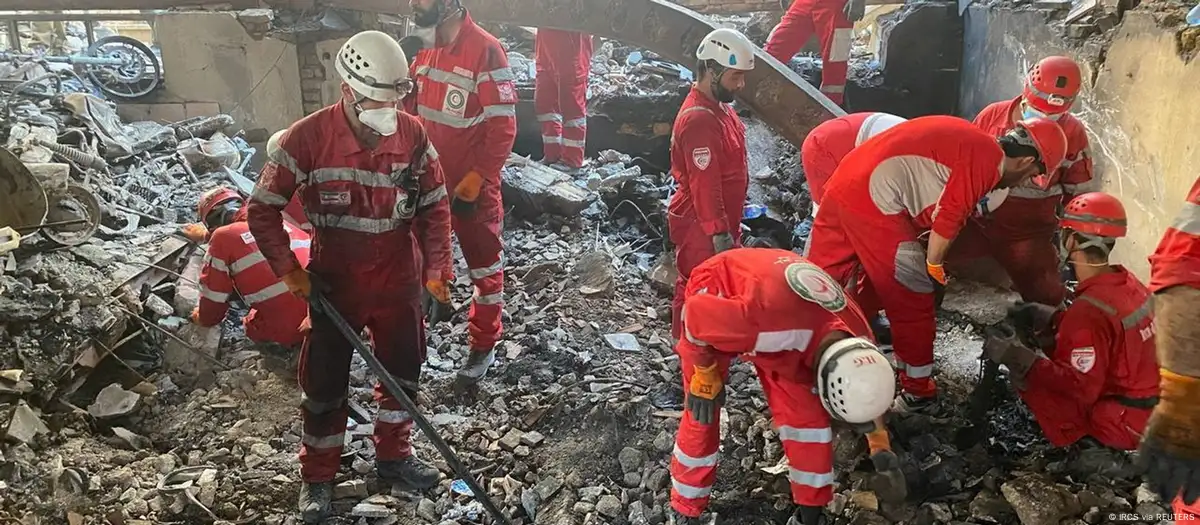
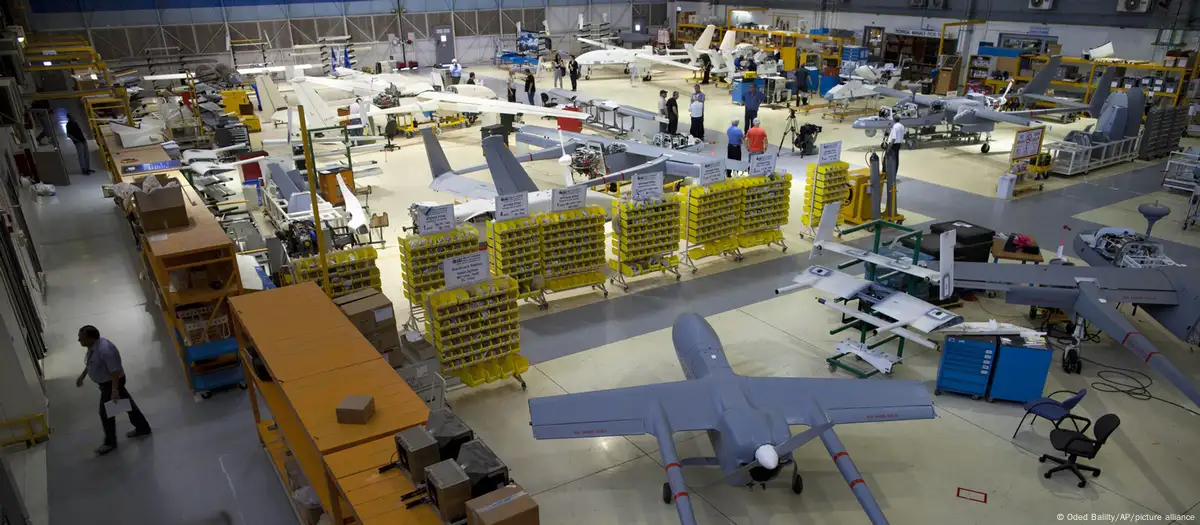
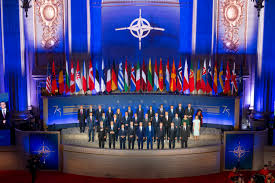
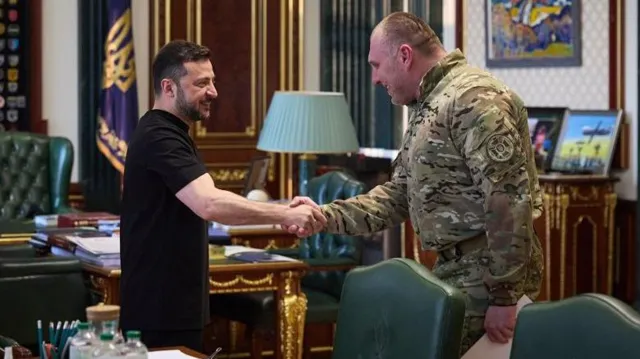
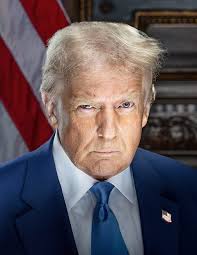
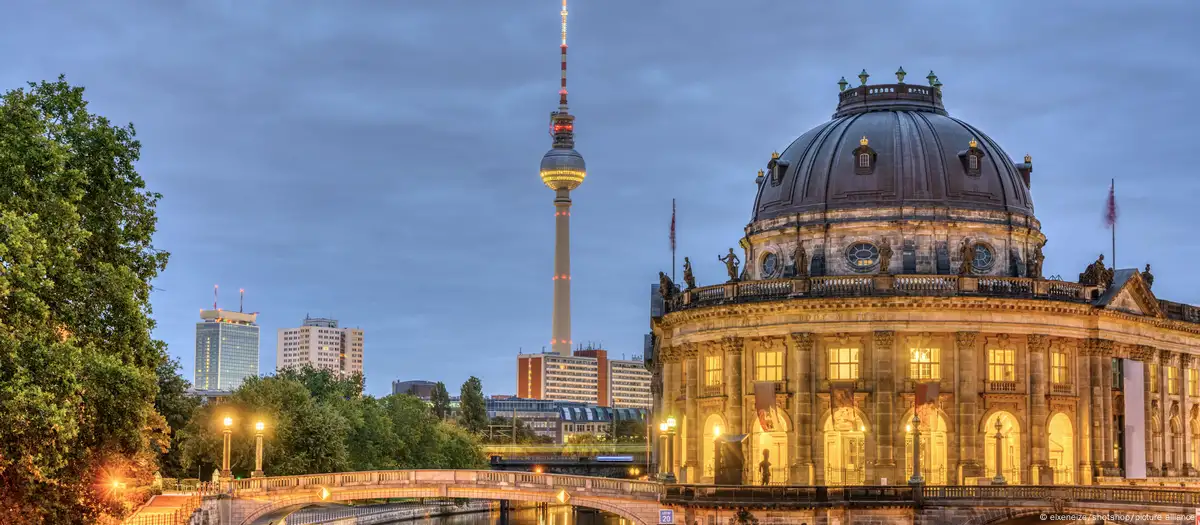
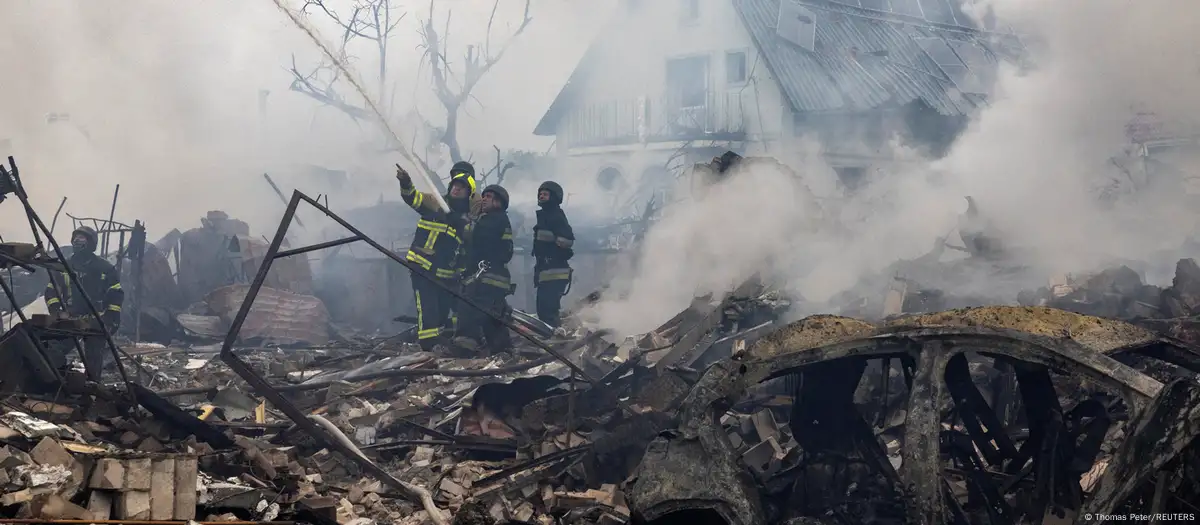

KIM JONG UN CHOOSES TEEN DAUGHTER
Kim Ju Ae - who is believed to be 13 - has in recent months been pictured beside her father in high-profile events like a visit to Beijing in September, her first known trip abroad.
North Korean lea…
campaign

SUICIDE BOMBING AT A SHIITE MOSQUE
ISLAMABAD — A suicide bomber targeted a Shiite mosque on the outskirts of Islamabad during Friday prayers, killing 31 people and wounding at least 169 others, officials said, a rare bombing in Pakist…
campaign

U.S., IRAN TO HOLD NUCLEAR PROGRAM TALKS
The United States and Iran are set to have high-stakes talks in Oman today to negotiate Iran's nuclear program. Typically, if both sides in a negotiation can't reach a deal, the diplomats go home, re…
campaign

JAPAN'S POLITICS SHIFT TO THE RIGHT
Polls show Japan's first female prime minister and her coalition within reach of a decisive win in snap elections on Sunday.
Sanae Takaichi got an additional boost in the form of an endorsement from…
campaign

JUNE DEADLINE TO REACH PEACE AGREEMENT
KYIV, Ukraine — The U.S. has given Ukraine and Russia a June deadline to reach a deal to end the nearly four?year war, President Volodymyr Zelenskyy told reporters, as Russian strikes on energy infra…
campaign

2026 WORLD CUP OPENED IN GHANA
As with previous World Cup tournaments, FIFA has allocated a fixed number of accreditations to Member Associations for written press and photographers.
campaign

SYLVESTER STALLONE, 79 RETIRE FROM ACTING
You’d think that at 79, Sylvester Stallone may be ready to call it quits. But bring up retirement with the actor, and it’s clear there’s still plenty of fight left in him.
“Forget it,” he tells Ya…
campaign

AMAZON CUTS 16,000 JOBS
Amazon is slashing about 16,000 corporate jobs in the second round of mass layoffs for the ecommerce company in three months.
The tech giant has said it plans to use generative artificial intellig…
campaign

U.S. IMMIGRATION SYSTEM OPERATES ON LAW, NOT PROTESTS
“The US immigration system runs on US immigration laws. They don’t change it because of protests,” she stated.
She acknowledged that public pressure can sometimes prompt institutions to act more q…
campaign

SYNTHETIC DRUG RING BUSTED IN EUROPE
More than 85 arrests were made, including the two suspected ringleaders, both from Poland, Kraag said. Europol called the alleged ringleaders "high-value targets."
Suspicions were raised back in 202…
campaign

U.K. TABLOID COURT BATTLE IS "NOT JUST ABOUT ME
Harry, dressed in a dark suit, held a small Bible in his right hand in London's High Court and swore to "almighty God that the evidence I shall give will be the truth, the whole truth and nothing but…
campaign

3 JOURNALISTS KILLED IN ISRAELI AIRSTRIKE
The Israel Defense Forces released a statement saying troops "identified several suspects who operated a drone affiliated with Hamas in the central Gaza Strip, in a manner that posed a threat to thei…
campaign

ROBOTS WILL OUTNUMBER HUMANS
"My prediction is there will be more robots than people," he said, adding that humanoid robots could help provide elder care in a world where there aren't enough young people to take care of older ci…
campaign

MILITARY SUPPLIES TO NIGERIA
AFRICOM described the latest delivery as part of a broader United States strategy to strengthen operational cooperation with regional partners in West Africa. The command’s statement emphasized conti…
campaign

INDONESIA CONSTITUTIONAL COURT HEARS CHALLENGES
Controversial changes fueled protests when they were first proposed in 2019. Business groups, including the American Chamber of Commerce and European Chamber of Commerce in Indonesia, expressed conce…
campaign

FIREWORKS KILLED TWO AT DUTCH NEW YEAR
Two people died in separate fireworks accidents and a historic Amsterdam church burned down as violence marked New Year’s Eve celebrations across the Netherlands.
A 17 year old boy from Nijmegen a…
campaign

AFD ON GERMANY'S 2026 AGENDA
The German government, a coalition of the conservative Christian Democrats (CDU); its Bavarian sister party, the Christian Social Union (CSU); and the center-left Social Democrats (SPD), will have …
campaign

CHINA AND RUSSIA IN VENEZUELA?
The actions of the US fleet in the Caribbean are increasingly causing alarm. US warships not only have alleged drug boats in their sights; since early December, they have also been targeting oil tank…
campaign

WOMEN GET DRUNK FASTER THAN MEN
At the same table, with the same drinks, women often get drunk faster than men — and alcohol can affect women's brains differently, making its effects stronger, sometimes more rewarding. But also mor…
campaign

GERMANY'S FAR-RIGHT AFD MAY SEIZE REGIONAL POWER
It was a gray November day. The hundreds of police officers gathered in a large congress hall in the city of Wiesbaden fell silent. The fall conference of Germany's Federal Criminal Police Office (BK…
campaign

FROM COUP TO BALLOT BOX
For more than four years now, General Mamady Doumbouya has been serving as Guinea's "transitional president," having led a coup d'etat against then-President Alpha Conde on September 5, 2021.
Doum…
campaign

WHEN THE GUNS FELL SILENT
December 1914. World War I had been raging for five months. Between minefields and barbed-wire fences, millions of soldiers faced each other in trenches along the Western Front, sometimes only some 3…
campaign

COCAINE HIDDEN IN BREAD
Indian authorities have arrested a 29 year old Nigerian woman for smuggling cocaine concealed inside bread loaves while travelling from Mumbai to Bengaluru. The arrested woman identified as Olajide E…
campaign

UKRAINE STRUGGLING TO KEEP LIGHTS ON
Ukraine's biggest private energy provider is living in permanent crisis mode because of Russian attacks on the grid, its chief executive has told the BBC.
Most of Ukraine is suffering from lengthy…
campaign

A TRILLION?DOLLAR PLAYER KNOCKING ON THE G20'S DOOR
It’s been an incredible ride for Poland's economy. Over the past two decades, the country has evolved from a postcommunist transition state to one of Europe's fastest-growing markets.
Fueled by do…
campaign

TRUMP CEDES ELECTRIC CAR MARKET TO CHINA
When US President Donald Trump recently announced the rollback of vehicle fuel efficiency regulations, he called it the end of the "green new scam."
He was referring to efforts to electrify transp…
campaign

CHEAP TOYS CAN POSE HEALTH HAZARD
It's that time of year again, when children in countries that celebrate Christmas all over the world are dreaming of what awaits them in brightly wrapped packages — everything ranging from model cars…
campaign

FIGHT AGAINST HOUSING PRICES CONTINUES
The Spanish government has imposed a fine of €64 million ($75 million) on short-term rental giant Airbnb due to rentals not having the relevant license, officials said Monday.
This comes as Madri…
campaign

MOST ICONIC VENUE FOR TWENTY TWENTY SIX WORLD CUP
Preparations continue across all sixteen venues as organizers finalize logistics for the largest World Cup in history. Stadium modifications, infrastructure improvements and fan experience enhancemen…
campaign

OBAMA RECOUNTED A BRIEF EXCHANGE SHE HAD WITH HER MOTHER
Michelle Obama says that one of the last conversations she had with her mother shaped the way she thinks about growing older.
Speaking at an event at People's headquarters in New York City on Wednes…
campaign

PRESSURE BRING ABOUT A CEASEFIRE
On Thursday, the European Parliament found unusually strong words for the escalation of the war and the humanitarian catastrophe in Sudan. Members of the European body passed a resolution which state…
campaign

ACTIVIST WINS GERMAN AFRICA PRIZE
Zimbabwean activist Namatai Kwekweza has won this year's German Africa Prize.
A select audience gathered on Wednesday in Berlin to honor the 26-year-old women's and youth activist.
The 20-membe…
campaign

COUP IN GUINEA-BISSAU
The atmosphere across Guinea-Bissau was tense but calm on the morning of November 26. Three days after the presidential election, the West African nation of 2.5 million people was waiting for the off…
campaign

FRESH START
After decades of war, Mogadishu is seeing a construction boom. Despite poverty, hopes for a new beginning are growing.
campaign

2025 AFRICAN SCHOOLS CHAMPIONSHIP
The much-anticipated draw is scheduled to be held in Abidjan at the WAFU-B headquarters.
The event marks the beginning of another exciting journey for West Africa’s brightest U-15 football talents…
campaign

2025 PAGEANT CONTROVERSIES
Fatima Bosch of Mexico has been named Miss Universe 2025 in a scandal-hit competition where she emerged as a fan favorite after she was berated by a Thai pageant director during a pre-pageant meeting…
campaign

SENTENCED TO DEATH
Bangladesh plans to execute its former leader. There’s one big thing in the way:.
She was once cast as a secular heroine, the daughter of a revolutionary leader, whose brutal assassination in the 19…
campaign

ISIS TARGETS GAS IN NORTHERN MOZAMBIQUE
Mozambique
—
Musty salt air crept at dusk over the nets and moored boats on northern Mozambique’s coast as seven armed and uniformed men marched into the fishing community last month, demanding …
campaign

EXPLORES MINING PARTNERSHIPS
A roundtable discussion on African mining industry potential brought together over 70 delegates from 15 African nations, Russia, China, and Iran to explore trilateral cooperation opportunities in ind…
campaign

MALAWI ENFORCES MAIZE EXPORT BAN
Malawi is enforcing maize export restrictions to protect stocks of the staple grain, the trade ministry announced on Thursday, November 6, after the government forecast that a fifth of the population…
campaign

NOVEMBER 9 IS A SIGNIFICANT DATE ON THE GERMAN CALENDAR.
The date on which the monarchy fell in 1918, Adolf Hitler staged his failed coup attempt in 1923, the Nazis and antisemitic mobs attacked synagogues and Jewish homes and businesses in 1938, and the B…
campaign

OVER A MILLION EVACUATE AHEAD
The Philippines braced for Fung-wong, set to be its biggest storm this year, just days after Typhoon Kalmaegi devastated the country. Over a million people have fled their homes, and two deaths have …
campaign

DEMOCRACY UNDER SCRUTINY
The presidential election on October 25 in the West African nation comes after a decade of relative stability following the post-electoral crisis of 2010–2011, which left thousands dead and a nation …
campaign

PROVOCATION
Venezuela has criticized the Caribbean nation of Trinidad and Tobago, which lies just off its coast, for conducting a joint military exercise with the United States and allowing a US warship to dock.…
campaign

MIGRANT SEX OFFENDER
British officials say that an Ethiopian man who was released from prison by mistake instead of being deported has been arrested after a nearly three-day manhunt.
Hadush Kebatu, believed to be 38, …
campaign

VETERAN OUATTARA SEEKS 4TH TERM
The Ivory Coast went to the polls on Saturday for a presidential election, with the favorite, 83-year-old President Alassane Ouattara, seeking to extend his rule to almost two decades.
Altogether …
campaign

CCM PARTY
Tanzania's largest opposition force, Chadema, is boycotting the upcoming presidential election, citing a demand for fundamental electoral reforms.
Meanwhile, Luhaga Mpina, the presidential candida…
campaign

RUSSIAN OIL
US President Donald Trump's sanctions on Russian oil giants Lukoil and Rosneft are putting pressure on India to recalibrate its energy strategy.
The measures announced last week mean that Indian o…
campaign

KURDISH REBEL
The Kurdistan Workers Party (PKK) militant group said on Sunday that it was withdrawing all its forces from Turkey to northern Iraq as part of a disarmament process.
The group, which has waged an …
campaign

MALI
Mali's military junta has closed schools and universities across the Sahel country amid a blockade on fuel imports from neighboring states by Islamist militants.
Mali, along with the other junta-r…
campaign

SOUTHEAST ASIA
US President Donald Trump arrived in Japan on Monday, the second stop of his five-day tour of Asia — his longest journey abroad since taking office in January.
His first stop was the Association …
campaign

MERZ
German Chancellor Friedrich Merz has once more vowed that his conservative CDU/CSU alliance would distance itself "clearly and explicitly" from the far-right Alternative for Germany (AfD) ahead of fi…
campaign

CDU HEADQUARTERS
Thousands of people gathered in front of the headquarters of Chancellor Friedrich Merz's Christian Democrats (CDU)on Tuesday under the motto "We Are the Daughters," a reference to a comment he made w…
campaign

CONSCRIPTION
The president of Germany's Reserve Association, Patrick Sensburg, says he expects many people to volunteer for Germany's armed forces, the Bundeswehr, amid a new enlistment drive, but said bringing b…
campaign

GERMANY DECLINES
Most Germans have taken a more negative attitude to the US since President Donald Trump's second term began in January, a study by a political magazine has shown.
The survey by the opinion researc…
campaign

ECONOMIC DAMAGE
Chancellor Friedrich Merz's recent statements suggesting that migration has had a negative impact on German cities will have harmful economic consequences, the president of the German Institute for
…
campaign

GERMAN WORKFORCE
Official figures released on Wednesday have shown that many sectors of the German economy would face severe staff shortages if there were no workers who were immigrants or the children of immigrants…
campaign

RUSSIA'S BEHEST
Politicians from Germany's far-right Alternative for Germany (AfD) party have been accused of filing parliamentary questions on sensitive issues as a way of spying for Russia.
AFD parliamentarians…
campaign

MERZ REMARKS
Chancellor Friedrich Merz was again asked to comment on his controversial recent comments on migration while in London for a West Balkans conference on Wednesday. He said that people with migrant bac…
campaign

KYIV HAILS NEW EU, US SANCTIONS
After failing to secure a promise from US President Donald Trump to provide powerful Tomahawk missiles to Ukraine last week, President Volodymyr Zelenskyy has appealed to European Union leaders to su…
campaign

WORLD MUST FORCE ISRAEL
The Palestinian delegate to the International Court of Justice (ICJ) said the world must make sure that Israel complies with the ruling to allow aid into Gaza.
According to delegate Ammar Hijazi, …
campaign

BASIC NEEDS OF GAZA
The World Health Organization led the evacuation of 41 critical patients and 145 of their companions out of Gaza, Director-General Tedros Adhanom Ghebreyesus said, marking the first time such an evac…
campaign

FAR-RIGHT LAWMAKERS
Politicians from Germany's far-right Alternative for Germany (AfD) party in the eastern state of Thuringia have been accused of filing parliamentary questions on sensitive issues as a way of spying f…
campaign

: BODY OF MISSING BOY FOUND
Police in northern Germany on Monday said they had found the body of a child believed to be an eight-year-old boy known in the German press as Fabian. They added that a criminal offense was suspected…
campaign

FRAUD
On day two of testimony in the first of a number of criminal cases against Austrian real estate developer Rene Benko, the court quickly moved to sentencing.
The 48-year-old ex-billionaire was foun…
campaign

TRUMP'S PEACE PLAN
As the Israel–Gaza ceasefire took effect and US President Donald Trump declared peace, Europe found itself sidelined.
While key European leaders attended the summit in Sharm el-Sheikh, Egypt — wh…
campaign

GIANT RAILA ODINGA DIES
Kenyan opposition leader Raila Odinga has died in India, Indian police said Wednesday. He was aged 80.
President William Ruto declared a seven-day mourning period, calling Odinga's death an "immen…
campaign

$15 BILLION
Google on Tuesday announced that it will invest $15 billion to build a giant data center and artificial intelligence base in India.
"This investment of approximately $15 billion (USD) over five ye…
campaign

AFRICAN DEMOCRACY
In early 2025, as the United States announced wide-ranging aid cuts that predominantly affected African nations, there were fears that Western interest and influence on the continent was receding, as…
campaign

PRESIDENT FLEES
Madagascar's military has taken charge of the African island nation, an army colonel announced on Tuesday, after a rising Gen Z-led protest movement peaked over the weekend.
"We have taken the pow…
campaign

NEW PRESS RULES
Several US and international news organizations on Tuesday refused to sign the new rules proposed by the Pentagon for media access.
At least 30 news outlets, including the New York Times, the Asso…
campaign

RUSSIAN TROOPS
Russian troops with concealed faces and unmarked uniforms have appeared at Estonia's border, echoing tactics used at Ukraine's borders in 2014. Estonian officials called it a "clear danger," while Mo…
campaign

JUSTICE
Deutsche Welle reporter Adonis Alkhaled is still waiting for the outcome of the police investigation into his violent assault by men who he says appeared to be bodyguards at a concert in Düsseldorf, …
campaign

GAZA DEAL
Twenty living hostages were returned to Israel on Monday, marking the first stage of a landmark ceasefire deal between Israel and Hamas.
The deal is part of a broader plan mediated by US President…
campaign

ROLE
Aid for people in Gaza must begin quickly, German Foreign Minister Johann Wadephul said in Paris on Thursday.
"We are ready to provide humanitarian aid to the Gaza Strip immediately," he said at…
campaign

EU
For 18-year-old Aisling Giltinane from Ireland, cyberbullying is a deeply personal issue as she experienced it when she was younger.
She jumped at the chance to join a small group of young Europe…
campaign

GEN Z UPRISING
Since September 25, Madagascar has witnessed a dramatic shift in its political landscape as young protesters took to the streets, sparking one of the most powerful demonstrations in the country’s rec…
campaign

SEVERAL INJURED
At least three people were injured Saturday after a person opened fire at a marketplace in a town in central Germany, according to local media reports.
The shooting reportedly took place at a spor…
campaign

CEASEFIRE TAKES EFFECT
Tens of thousands of exhausted Palestinians were returning to their ruined homes on Saturday, a day after a ceasefire between Israel and the militant Hamas group took effect in Gaza.
Reuters news…
campaign

JAPAN IN LIMBO
Japan's political elites are scrambling for new allies following the collapse of the ruling coalition that left even the prime ministerial post up for grabs.
Last week, nationalist Sanae Takaichi …
campaign

PEACE PLAN
Vague and undefined: Experts agree that these are the best descriptions of the ceasefire plan that the US government has shepherded into reality in Gaza by pressuring both Hamas and Israel.
Some o…
campaign

PALESTINIAN PRISONERS
As we've been reporting, Israel's justice ministry has released the names of 250 Palestinian prisoners - who had been serving life sentences - set to be released as part of the ceasefire agreement.
…
campaign

UNICEF
Unicef's communications manager Tess Ingram has been describing the conditions in Gaza as the ceasefire comes into effect.
She tells the BBC's Lyse Doucet that it is "incredibly crowded" in al-Maw…
campaign

CEASEFIRE DEAL
Let's bring you a few comments from Gordon Gray, former US ambassador to Tunisia.
He tells the BBC that the Gaza ceasefire deal is a “very positive first step” for Israel and Gaza - but says more …
campaign

NETANYAHU THANKS TRUMP
Israeli Prime Minister Benjamin Netanyahu says President Trump deserved to win the Nobel Peace Prize, which was won by Venezuelan opposition leader María Corina Machado earlier today.
"The Nobel C…
campaign

TEEN JAILED
A 19-year-old man has been jailed after he attacked and seriously injured a man in a supermarket car park.
Oakley Daniell, from Wilkinson Gardens, Redruth, Cornwall, was given a 14-month sentence …
campaign

BBC SACKING
The BBC's decision to dismiss one of its radio presenters has been found "reasonable" by a judge at an employment tribunal.
Jack Murley, from Bodmin, worked at BBC Radio Cornwall from 2019 until 2…
campaign

MAN GUILTY
A man who came to the UK on a small boat has been found guilty of threatening to kill Nigel Farage in a video posted on TikTok.
Fayaz Khan, 26, posted a video last October where he named the Refor…
campaign

GHANA CARDS
The National Identification Authority (NIA) has announced that it will begin issuing Ghana Cards to children aged 6 to 14 years starting Monday, October 6, 2025.Ghana travel guide
The exercise wil…
campaign

NEW PM RESIGNS
France's newly appointed prime minister, Sebastien Lecornu, resigned on Monday, shortly after naming his Cabinet, the presidency said.
During a public address on Monday morning, an hour after anno…
campaign

COURT
One of the men found guilty of sexually abusing Gisele Pelicot is set to appear in court in the southern French city of Nimes.
Husamettin D. was sentenced to nine years in prison for rape. He clai…
campaign

NOBEL PRIZE
The Nobel Prize in physiology or medicine for 2025 will be awarded jointly to Mary Brunkow and Fred Ramsdell of the United States and Shimun Sakaguchi of Japan for "for their discoveries concerning p…
campaign

CERVICAL CANCER
A vaccine administered to adolescent girls and boys has been so successful that herd immunity against a virus that causes cervical cancer is within reach, at least in the United States.
However, s…
campaign

END IRISH TROUBLES
Part of his earlier popularity was due to the fact that, in 1998, he helped negotiate the Good Friday Agreement, which ended years of sectarian violence in Northern Ireland.
But after the attacks …
campaign

BOARD OF PEACE
All of this obviously happened long before Tony Blair's time. But now it seems that the former British prime minister, 72 years old, could well end up with another kind of mandate in this region. Tha…
campaign

PEACE MISSION
Great Britain and the Palestinian people have had what can best be described as a troubled relationship, even before the recent news came out that former British prime minister Tony Blair may play a …
campaign

US DISTRIBUTOR
When "No Other Land" won the 2025 Oscar for best documentary, the victory should have ensured worldwide release.
Instead, the film — about the forced displacement of Palestinians in the West Bank …
campaign

NATO
Pal Henning Jonson: I think there are three things. I think the Russians are testing us politically to see if there's a strong cohesion in the alliance. Let me be crystal clear: on the Swedish side w…
campaign

HIGHWAYS
The 2026 budget is currently being debated in the lower house of parliament, the Bundestag. The draft was presented by Finance Minister and Vice Chancellor Lars Klingbeil and will be deliberated fo…
campaign

STABILITY
Omara Joseph, Advocacy and Protection Officer at the South Sudan Human Rights Defense Network, told DW that Machar's detention carries both symbolic and practical significance.
"It is a gesture t…
campaign

UNITED NATIONS
This week marks the 80th anniversary of the the United Nations General Assembly (UNGA), and world leaders have gathered in New York for the occasion. But amid mounting geopolitical tensions, rising…
campaign

NO LAUGHING
It may not be the most obvious forum for laughs, but Donald Trump managed to raise a chuckle from delegates as he took to the stage for his UN General Assembly speech on Tuesday.
Though this time …
campaign

TRUMP
US President Donald Trump's address to the United Nations General Assembly on Tuesday was riddled with inaccuracies and exaggerations. He recycled familiar — and wholly inaccurate —talking points abo…
campaign

IRAN
US State Department deputy spokesman Tommy Pigott said that authorities had put a stop to an alleged "shopping spree" in New York by Iranian officials.
Strict limits have been placed on the Irania…
campaign

ECONOMISTS
Germany's top economists say Chancellor Friedrich Merz’s debt-fueled spending plan will give only a short lift without structural change.
One expert warned that high costs, skills shortages, and h…
campaign

PRESIDENCY
For millions of Ugandans under the age of 40, Yoweri Museveni is the only president they have ever known. And that's unlikely to change soon, as he prepares for yet another campaign after the Ugandan…
campaign

SILENCE
Kamel Daoud arrives for his interview in Berlin in a black limousine, accompanied by two men dressed in black who never leave his side. The Algerian writer, who now lives in France, is under police p…
campaign

BERLIN
Poland's new president is in Germany, a country that Polish right-wing conservatives deeply mistrust.
While there, Karol Nawrocki is meeting both President Frank-Walter Steinmeier and Chancellor F…
campaign

MOLDOVA'S
As heavy downpours alternate with hot, cloudless days, early autumn seems to be locked in a battle with late summer in the Moldovan capital, Chisinau.
With Moldova's general election campaign now …
campaign

AIRSPACE VIOLATIONS
It wasn't the first, second or even third time this year that Estonia has seen its airspace violated by Russian fighter jets. But what happened on September 19 was different, and Estonian lawmaker Ma…
campaign

UN COMMISSION
"The Commission finds that Israel is responsible for the commission of genocide in Gaza," Pillay said. "It is clear that there is an intent to destroy the Palestinians in Gaza through acts that meet …
campaign

REBEL FAMILY
Nine years in a penal colony: That is the sentence Zarema Musayeva has to serve because her sons rebelled against Chechen ruler Ramzan Kadyrov. Zarema’s family is doing everything they can to ensure …
campaign

RARE-EARTH
Ecologists are warning that mainland Southeast Asia faces a looming ecological disaster unless urgent steps are taken to address the rare-earth mining boom in war-torn Myanmar.
According to Global…
campaign

ENVIRONMENTAL DEFENDERS
At least 142 environmental advocates were killed around the world in 2024, with four more going missing, according to a report by non-governmental organization Global Witness.
Most of the victims …
campaign

POWER CABLE
Is the Great Sea Interconnector (GSI) submarine power cable project dead in the water?
The GSI project, which is worth €2 billion ($2.36 billion), seeks to build a subsea electric cable connecting…
campaign

UK STATE VISIT
US President Donald Trump has begun a lavish two-day state visit to Britain.
He was greeted by King Charles III and Queen Camilla at Windsor Castle with simultaneous gun salutes in Windsor and Lon…
campaign

REMEMBRANCE
So it's no wonder that almost everywhere along the 1,300-kilometre borderbetween the Baltic Sea and the Vogtland region, people were eager to see this mark of division disappear.
Wall, Bunker, G…
campaign

BIG REFORMS
The co-leader of the far-right Alternative for Germany (AfD) Alice Weidel has charged Chancellor Friedrich Merz with lacking reform drive and breaking election pledges during a Bundestag budget debat…
campaign

GEN Z PROTESTS
From stormed palaces to fleeing heads of state, a number of Asian countries are witnessing political transformations led by a generation born into the digital age.
This digitally savvy Gen Z, a …
campaign

MERZ
The co-leader of the far-right Alternative for Germany (AfD) Alice Weidel has charged Chancellor Friedrich Merz with lacking reform drive and breaking election pledges during a Bundestag budget debat…
campaign

DRONE ATTACK
German Foreign Minister Johann Wadephul has said Russia must face increased pressure after recent airspace violations in Poland and incidents in Romania.
"Russia must know: we will always respond,…
campaign

TRUMP TURNS
US President Donald Trump and his family are pocketing billions from cryptocurrency ventures since his return to the White House, capitalizing on a loosely regulated market he has actively shaped.
…
campaign

RISING THREAT
South Korea and the United States on Monday commenced Iron Mace, a military drill that aims to explore ways to integrate Washington's nuclear and South Korea's conventional capabilities to bolster de…
campaign

CHINA
The United States and China have reached a framework deal regarding TikTok, Treasury Secretary Scott Bessent said Monday.
The agreement would allow the short-video sharing platform to continue o…
campaign

OPIOID CRISIS
It could be pure coincidence, but the fact that the addiction care center in the western German city of Essen, population 600,000, is located on Hoffnungsstraße ("Hope Street" ) could also be a sign.…
campaign

CLIMATE CHANGE
Joan Baking lives with her family in a cemetery in the Philippine capital Manila. Temperatures of more than 30 degrees already prevail there in March. The only way to cool down in the small house is …
campaign

BLOODY SUNDAY
A former British soldier referred to only as Soldier F went before a judge on Monday for the alleged killing of two men and the attempted murder of five others during a deadly 1972 incident in North…
campaign

MIDDLE EAST
On September 15, 2020, foreign ministers and leaders from the United Arab Emirates, Bahrain and Israel gathered with US President Donald Trump at the White House to formalize the Abraham Accords — an…
campaign

BERLIN
Having already visited preferred partners such as US President Donald Trump and Pope Leo XIV, Poland's new president, Karol Nawrocki, will on Monday evening travel to Germany, a country that Polish r…
campaign

MINERALS
Coveted for their use in environmentally oriented infrastructure and other emerging technologies, critical minerals are mined in 31 of the 54 countries on the African continent. South Africa, Nigeria…
campaign

GAZA SOLUTION
The UN General Assembly is set to vote on a France and Saudi-backed resolution demanding Hamas free all hostages, end its rule in Gaza, and hand over weapons to the Palestinian Authority.
Already …
campaign

DEMOCRACY FALLS
Global patterns show that democracy around the world continued to weaken last year, according to a new report.
The Global State of Democracy 2025, published by the Stockholm-based International In…
campaign

NEWEST AIRCRAFT
China's third and latest aircraft carrier, the Fujian, sailed through the Taiwan Strait and into the South China Sea to conduct exercises, the Chinese navy said on Friday.
The vessel was first unv…
campaign

ASYLUM APPLICATIONS
A Belgian festival has canceled a performance by the Munich Philharmonic, citing concerns about its Israeli conductor's political attitude amid the war in Gaza
The number of asylum-seekers receiving…
campaign

GLOBAL MEDIA URGE US
Over 100 media organizations from around the world have called for the United States government to roll back a proposal that would severely shorten how long foreign journalists are permitted to liv…
campaign

19 DEAD
Flash floods in two Indonesian islands resulted in at least 19 deaths, officials said Thursday, with several others still missing.
One of the islands affected is Bali, a tourist hotspot, with seve…
campaign

TROLLING
When Princess Kate dyed her hair blonde — online commentators went wild: from "wig" to "dishwater blonde" and even speculating about her gray hair. The fact that Kate survived cancer just a year ago …
campaign

CLASSICS
The new school year has begun in Germany and senior students can expect to be reading classics by the likes of Johann Wolfgang von Goethe and Heinrich von Kleist — but not everyone is happy about i…
campaign

SOUTH SUDAN
South Sudan's vice president, Riek Machar, has been charged with treason and crimes against humanity, the Justice Ministry said Thursday.
The charges against Machar stem from an attack on a mili…
campaign

LOCAL ELECTIONS
It is "only" local elections. But it is the first election in Germany since the nationwide government took office in May. The coalition includes the conservative Christian Democratic Union and their …
campaign

FASHION WASTE
Following negotiations between its 27 member states, the EU has introduced 30% reduction targets on food waste generated by households, retailers and restaurants. The goals are to be met by 2030. Was…
campaign

NEPAL PM
The prime minister of Nepal, Khadga Prasad Oli, resigned on Tuesday amid continuing anti-government protests in which at least 19 people were killed by security forces on Monday and about 150 injure…
campaign

COCA-COLA REBRANDS
For decades, US firms have enjoyed a strong foothold in Germany, particularly in the country's western regions, which were under the control of the Western Allies after World War II.
In the immedi…
campaign

LABOUR'S JONAS
Norwegian Prime Minister Jonas Gahr Stoere won a second term in office on Monday after his ruling Labour Party came out on top with around 28% of the vote, which enabled him to remain in power with t…
campaign

ISRAELI MILITARY
Sheik Mohammed blamed Israel for sabotaging what he said were chances for peace and sharply criticized Israeli Prime Minister Benjamin Netanyahu.
He said Netanyahu practices "state terrorism" and …
campaign

WATCHDOG PROGRESS
Iran and the United Nations nuclear watchdog have signed an agreement to pave the way for resuming cooperation, including on ways of relaunching inspections of Iran's nuclear facilities.
The annou…
campaign

TURKEY'S ELECTION
For about a year, Turkey's judiciary has come down hard on the largest opposition party, the Republican People's Party(CHP). Sixteen mayors and hundreds of their employees and party officials have …
campaign

OBESITY
The number of obese school-aged children has exceeded the number of underweight children globally, according to a new report released by UNICEF.
This is the first time obesity has overtaken undern…
campaign

BUST
"People will always have children." This is supposedly what Chancellor Konrad Adenauer said — himself a father of seven — in 1955, when the question arose as to which pension system the still young F…
campaign

BUENOS AIRES
Argentina's libertarian President Javier Milei suffered a crushing defeat in Buenos Aires provincial elections at the hands of the opposition Peronist party on Sunday.
According to the official …
campaign

RECORD ASSAULT
Russia attacks with 805 drones and 13 missiles, most of which were intercepted, according to Ukraine's Air Force
Strikes hit residential areas in Kyiv, killing at least two people, and set fire to o…
campaign

JAPANESE
Japanese Prime Minister Shigeru Ishiba said Sunday he will step down from the top job, after less than a year in office.
Ishiba has been in power since October 2024 and led a coalition between the…
campaign

US OPEN TITLE
Spain's Carlos Alcaraz sealed his second US Open title after a four-set win over Italy's Jannik Sinner in New York.
Alcaraz broke the Sinner serve in the first game of the match, as he raced awa…
campaign

IMMIGRANTS A CRIME
On August 31, 2025, European Commission President Ursula von der Leyen visited the Polish-Belarusian border together with Polish Prime Minister Donald Tusk. Standing in front of the 5.5-meter-high st…
campaign

LIFE IN PRISON
A judge in Australia on Monday sentenced triple-murderer Erin Patterson to life in prison.
In addition, the judge handed out a non-parole period of 33 years for poisoning four of her estranged hus…
campaign

HYUNDAI ICE RAID
South Korean Foreign Minister Cho Hyun is set to travel to the United States on Monday as the fallout continues from an immigration raid on a Hyundai plant in Georgia during which over 300 South Kore…
campaign

RIGHT ATTACKS
The Bauhaus was arguably the world's most influential art, architecture and design movement, and in 2025 is celebrating a century since it moved from Weimar to the city of Dessau.
But even before…
campaign

FINLAND JOINS DECLARATION
Finland is joining a declaration on a peaceful resolution of the implementation of a two-state solution, the Nordic country said in a statement.
The declaration is the result of an international c…
campaign

GAZA CITY HIGH-RISE
The Israeli military said it struck a high-rise tower in Gaza City, saying it was used by Hamas militants to carry out operations against Israeli forces.
The military said in a statement earlier …
campaign

DISARMAMENT PLAN
Lebanon's government held a meeting to discuss a US plan for a complete dismantlement of Hezbollah.
The Lebanese government asked the army in early August to prepare a plan to disarm the Iran-back…
campaign

US IMPOSES SANCTIONS
The US State Department said in a statement it imposed sanctions on three Palestinian human rights groups, accusing them of having "directly engaged in efforts by the International Criminal Court to …
campaign

ISRAELIS MARK 700 DAYS
Protesters in Israel continue to demand an end to the war in Gaza and the release of hostages
Israeli military presses on with its offensive to take over Gaza City, despite reports of disagreements…
campaign

BLOOD MOON
If you get a chance to see the total lunar eclipse on September 7, 2025, go for it. It should be visible to people in Europe, Africa, Asia and Australia. The best views will be in the eastern Atlanti…
campaign

EU MEMBERSHIP
Russia has never officially opposed EU membership for Ukraine, something Vladimir Putin reiterated while visiting China. Many observers see Putin's comment as disingenuous, aimed at appeasing Donald …
campaign

FLAUNTING MILITARY MIGHT
After China held a massive military parade in Beijing on Wednesday, with troops marching in tight formations and state-of-the-art missiles on display, a single act of defiance around 1,450 kilometers…
campaign

NORTH KOREA TIES
Chinese President Xi Jinping and Kim Jong Un have held further talks after the North Korean leader attended a military parade in Beijing, along with Vladimir Putin, to commemorate the end of World Wa…
campaign

BUDGET PLAN
Germany's coalition government leaders reaffirmed their commitment to the welfare state following public clashes between Chancellor Friedrich Merz and some ministers.
https://p.dw.com/p/4zyFS
The…
campaign

THAKSIN JETS OFF
Thailand's parliament elected Anutin Charnvirakul as the country's new prime minister. But his victory was overshadowed by the dramatic departure of Thaksin Shinawatra.
https://p.dw.com/p/501YB
A…
campaign

PLEDGING MILITARY COMMITMENT
Following the "coalition of the willing" meeting, Berlin has listed broader conditions for military engagement in Ukraine, including learning more about the nature of the US engagement.
https://p.…
campaign

SOUTH KOREAN
South Korea's men's football team has never called up a player who has switched nationality, until now. Jens Castrop was born and raised in Germany but may have to perform military service to represe…
campaign

NORTH KOREA
North Korea's Kim Jong Un and Russian leader Vladimir Putin flanked Chinese President Xi Jinping at an event to mark the end of World War II. It gives a chance for Kim to get more support from his al…
campaign

CHINESE SPY CASE
Maximilian Krah, a lawmaker for the far-right AfD, has testified in court during the trial of his former assistant, accused of being a Chinese spy. The case highlights alleged Chinese intelligence op…
campaign

MILITARY PARADE
Published 09/03/2025Published September 3, 2025last updated 09/03/2025last updated September 3, 2025
China has held a massive military parade to commemorate 80 years since Japan surrendered at the e…
campaign

WOMEN STRUGGLING
After Afghanistan's deadly earthquake, injured women and girls face a dire lack of medical care. Taliban restrictions and cultural barriers leave many without help.
https://p.dw.com/p/4zwHj
Afgha…
campaign

XI AIMS TO OVERTAKE US
With pomp, pageantry and patriotism, China presents itself as a global superpower. Will the "China model" be its next big export to the world?
https://p.dw.com/p/4zw5b
Chinese President Xi Jinpin…
campaign

TRAITORS
Up to 450,000 Poles served in the Wehrmacht, the armed forces of Nazi Germany, during World War II. For years, they were viewed in Poland as traitors. But as an exhibition in Gdansk shows, the truth …
campaign

MANAGE TOURISM
Crete and Gavdos appear to be part of a new refugee route with the two Greek islands seeing a jump in migrant arrivals. Locals are worried about how this is affecting tourism.
https://p.dw.com/p/4…
campaign

CONSCRIPTION IN EUROPE
Germany is bringing back a form of conscription to encourage more young people to become soldiers. But in some European countries, conscription never went away.
https://p.dw.com/p/4zirw
Soldiers'…
campaign

RED PILL
Memes inspired by a cult sci-fi film have developed into a global subculture in which men claim their victimhood and promote misogyny online.
https://p.dw.com/p/4zkDl
Three young men on the stree…
campaign

SCREEN TIME
In a world full of smartphones, tablets, and computers, how much media time is acceptable at what stage of life? Though there's little data on the issue, there are still a few principles on which mos…
campaign

TRUMP CUTS BILLIONS
08/30/2025August 30, 2025
US President Donald Trump has bypassed Congress to cut nearly $5 billion in funding earmarked for international aid. The move could spark a fight over who truly holds the p…
campaign

VOICE OF AMERICA
The announcement came despite a federal judge's ruling that acting CEO Kari Lake could not fire VOA director Michael Abramowitz. The job losses will also hit outlets such as Radio Free Europe and Rad…
campaign

ICE RESOURCES
The White House has set its sights on Chicago and the state of Illinois, whose Democratic leaders have clashed with Trump. Illinois' governor said federal troops in the city would mean "an invasion."…
campaign

US SLAVERY HISTORY
The Smithsonian refers to itself as the nation's attic. Its network of publicly funded museums collects, displays and explains American history.
However, the Trump administration is now scrutini…
campaign

TURKEY
Concerns are growing for a dissident Belarusian sports official who has gone missing in Turkey.
Anatol Kotau, the former secretary general of the Belarusian Olympic Committee, was last heard from …
campaign

EUROPEAN FIGHTER JET
It's the most expensive single defense project in Europe, with a projected cost of at least €100 billion ($116.6 billion). From 2040, the Future Combat Air System (FCAS) aims to combine a new Europea…
campaign

ISRAELI MILITARY TARGETS
The team – Senior International Correspondent Fanny Facsar, a DW cameraman and a local colleague – was in Ramallah to document risks faced by media professionals in the occupied West Bank when Israel…
campaign

PRESSURE ON RUSSIA
Moscow vehemently denounced Emmanuel Macron for what it termed "vulgar insults" after the French president characterized Russian leader Vladimir Putin as a "predator" and an "ogre."
During an inte…
campaign

PROTESTS ESCALATE
Mass protests in Indonesia reignited on Friday following the death of a 21-year-old motorcycle taxi driver who was run over and killed by an armored police vehicle as security authorities tried to co…
campaign

UNEMPLOYMENT RISES
Germany's unemployment figure has risen above three million for the first time in more than a decade, according to the Federal Employment Agency (BA).
The increase raises the stakes for the centri…
campaign

FOREIGN MEDIA
When Portuguese public broadcasters RTP and RDP, and the news agency Lusa, were suddenly blocked in Guinea-Bissau on August 15, one of the first to feel the effects was Indira Correia Balde.
"It s…
campaign

MERZ AND MACRON
Chancellor Friedrich Merz and French President Emmanuel Macron will co-chair a Franco-German Ministerial Council in Toulon, the first since Germany’s government change.
Ten ministers from each si…
campaign

GERMANY TO BOOST MILITARY
In light of the growing threat posed by Russia and new NATO commitments, the German government is hoping to turn around the Bundeswehr's chronic under-recruitment. To that end, the cabinet on Wednesd…
campaign

SYRIA AND ISRAEL
For the first time in decades, Syrian and Israeli officials held high-level face-to-face talks. Earlier this week, the US-brokered summit in Paris was attended behind closed doors by Israel's Strat…
campaign

MAJESTE CHARGES
A Bangkok court on Friday cleared Thailand's former prime minister Thaksin Shinawatra of royal defamation charges that saw him facing jail time.
The 76-year-old faced up to 15 years in prison, but…
campaign

SCHOLARSHIPS
Many Gaza students are unable to leave the Palestinian enclave despite securing places — and even scholarships — at foreign universities. DW's Tania Krämer met two Palestinian women holding onto hope…
campaign

43% EXPECT AFD
A new poll for Bild am Sonntag newspaper revealed that more than two-thirds of Germans expect one of the country's state premiers to come from the far-right Alternative for Germany (AfD) party by nex…
campaign

GAME RACISM
The German Football Association (DFB) has launched an investigation into the incidents of alleged racist abuse at two German Cup matches on Sunday.
"The supervisory committee is investigating the …
campaign

CHINA
China is closely watching the ongoing US-led diplomatic efforts to stop Russia's war in Ukraine.
After US President Donald Trump held talks with his Russian counterpart Vladimir Putin in Alaska…
campaign

AIR DISASTERS
In recent months, Africa's skies have been under intense scrutiny as a series of fatal crashes have raised questions over pilot training, regulatory enforcement, maintenance standards, weather prepar…
campaign

END RUSSIA'S WAR IN UKRAINE
Donald Trump and Volodymyr Zelenskyy met at the White House to revive peace efforts in Ukraine. The US President expressed optimism about deterring future Russian aggression and proposed territorial …
campaign

US'S ANTAGONISM
South Africa has staunchly rejected a report published on the website of the US Department of State about human rights practices in the country. The document claims that South Africa's human rights s…
campaign

WASHINGTON SUMMIT
The mood at the White House in Washington, D.C., on Monday appeared quite different from the debacle earlier this year when US President Donald Trump and Vice President JD Vance scolded Ukrainian Pre…
campaign

DEADLY BLAZES
Wildfires continued to blaze across Europe on Thursday with progress being reported on some fronts and deaths on others.
In Greece, firefighters made progress in their fight with at least four maj…
campaign

STOP PLASTIC CRISIS
The collapse of the latest UN plastic treaty negotiations once again laid bare a fault line in global environmental diplomacy: the clash between countries pushing for plastic production cuts and th…
campaign

PLAN ILLEGAL
A plan presented by an Israeli minister would divide the occupied West Bank and complicate efforts for a two-state solution, a German Foreign Ministry spokesperson said.
"The German government cal…
campaign

TRILATERAL SUMMIT
US President Donald Trump told Fox News on Thursday he believed Russian President Vladimir Putin would make a deal.
US Secretary of State Marco Rubio stressed that while the Alaska summit might su…
campaign

FOOD PRODUCTION
Microplastics are believed to disrupt photosynthesis — the biological process central to life on earth that provides the basis for global food chains as well as the oxygen we breathe.
The tiny s…
campaign

A CEASEFIRE MUST COME FIRST
European and Ukrainian leaders have talked with US President Donald Trump on Wednesday afternoon.
During a joint press conference with Ukrainian President Volodymyr Zelenskyy in Berlin following a…
campaign

CZECH TOURISTS
For about a hundred years, the "Czech Riviera" was located on the Croatian coast.
Year in, year out, most holidaymakers from the landlocked Czech Republic, which has a population of about 11 milli…
campaign

ANOTHER COUP
The border conflict between Thailand and Cambodia has strengthened the hand of the pro-junta leaders in Bangkok at the expense of the civilian government.
Thailand has experienced at least 12 mili…
campaign

WAR IN GAZA
"This is my will and my final message. If these words reach you, know that Israel has succeeded in killing me and silencing my voice."
So begins the final post of Anas al-Sharif, a Palestinian j…
campaign

FRIEDRICH MERZ
Chancellor Friedrich Merz of the center-right Christian Democratic Union (CDU) has been in office for almost 100 days. This is the time to take stock of the new government's overall performance.
B…
campaign

UKRAINE'S OCCUPIED LUHANSK
"They tell us Russia has done a lot for us. But all I notice is that I don't have enough money to live like I did before. Before, I didn't just have a good life, I had a wonderful life. Now I'm strug…
campaign

WOMEN REFUGEES
Donya* came to Germany in 2016. The trained midwife fled from Afghanistan with her 19-year-old son after her husband disappeared and she received death threats.
"On my first night in Germany, I sl…
campaign

FINANCE MINISTER
German Finance Minister Lars Klingbeil is in Washington on his first official visit to the US since taking office office.
Klingbeil is set meet US Treasury Secretary Scott Bessent to discuss trade…
campaign

TRUMP'S TRIP SPLIT SCOTLAND
Donald Trump may be the most powerful member of Scotland's diaspora, but most people in his mother's country of birth did not view the US president's recent trip as the return of a prodigal son.
A…
campaign

GERMANY'S RAILWAYS
Emergency services were met with a scene of destruction. On Sunday evening, the grey-yellow cars of a regional train had derailed and crashed into each other near Riedlingen in southwestern Germany…
campaign

: GUNMAN KILLS 5
A gunman opened fire and killed five people in a fresh food market in Bangkok on Monday, Thai authorities said.
The victims include four security guards and a market vendor, according to local m…
campaign

EVACUEES SPEAK OUT
The leaders of Thailand and Cambodia agreed on Monday to a ceasefire in a bid to end their deadliest conflict in more than a decade.
Thailand's acting Prime Minister Phumtham Wechayachai and Cambo…
campaign

MILITANT ATTACK ON CHURCH
At least 43 people were killed in the Democratic Republic of Congo after a Catholic church was attacked on Sunday.
Officials initially reported that Islamist Allied Democratic Forces (ADF) rebels…
campaign

SOUTH'S OVERTURES
Kim Yo Jong, the sister of North Korean leader Kim Jong Un, on Monday dismissed the idea of a reset in relations with Seoul, despite dovish overtures from new South Korean President Lee Jae Myung.
…
campaign

DEADLY KNIFE
British lawmakers and civil society groups have been fighting back for years, but social workers are convinced bans alone won’t solve the problem.
DW | Documentary | London's Deadly Knife ProblemD…
campaign

ISRAEL-HAMAS WAR
The ministry is run by Hamas, which Israel, the US, Germany, the EU and other organizations designate as a terrorist organization. The United Nations and Israeli intelligence officials deem the numbe…
campaign

SCHOOL CHILDREN KILLED
At least seven children have been killed and two critically injured as the roof of a school building partially collapsed in India's western state of Rajasthan on Friday.
The news was reported b…
campaign

PALESTINIAN STATE
French President Emmanuel Macron has said France will formally recognize Palestinian statehood in September.
The announcement was met with a sharp rebuke from Israeli Prime Minister Benjamin Netan…
campaign

UN CHIEF CALLS GAZA A 'HORROR SHOW'
The US State Department has confirmed the death of Hosam Saraya, a US citizen, in the predominantly Druze region of Sweida in Syria last week.
A State Department spokesperson said that they are pr…
campaign

TRUMP ANNOUNCES JAPAN TRADE DEAL
US President Donald Trump said he had reached a trade deal with Japan on Tuesday.
Under the new terms, the US will place a 15% tariff on goods imported from Japan, down from a previously threatene…
campaign

RISE IN STUDENT SUICIDES
Student suicides have reached an alarming scale in India, with students making up 7.6% of the country's total suicide deaths, according to a recently released report by National Crime Records Burea…
campaign

GERMAN SHADOW ECONOMY BOOMS
The German economy has been shrinking for more than two years, and 2025 offers only a slight glimmer of hope for an economic recovery.
Surprisingly, the so-called shadow economy — encompassing all…
campaign

ANTI-CORRUPTION BODIES
The European Union's enlargement commissioner criticized a vote in the Ukrainian parliament to strip two anti-corruption bodies of their independence.
Marta Kos stressed that the independence …
campaign

DONALD TRUMP'S TARIFFS
US President Donald Trump's reliance on tariffs rather than sanctions has been described as both the "world's worst bet" and "a powerful proven source of leverage" to protect the national interests o…
campaign

GERMANY REJECTS EU'S €2 TRILLION BUDGET
German Finance Minister Lars Klingbeil has rejected the European Commission's proposed long-term EU budget, calling it disproportionate amid economic pressures.
Speaking at a G20 finance ministers…
campaign

IRAN'S KHAMENEI MAKES FIRST APPEARANCE
Iran's Supreme Leader Ayatollah Ali Khamenei attended a mourning ceremony on Saturday, according to a video carried by state media.
This is the first time Khamenei has been seen in public since th…
campaign

EUROPE MUST END US DEFENSE 'FREE-RIDE'
German Chancellor Friedrich Merz has called for Europe to boost its defense spending and reduce reliance on the United States, warning that American support is no longer guaranteed.
Speaking in B…
campaign

ISRAEL DOING 'DIRTY WORK '
The German chancellor's support comes amid fresh strikes launched by both Israel and Iran. Meanwhile, in Gaza, dozens were reported killed near a GHF aid distribution site. Germany's chancellor defen…
campaign

ISRAEL'S ECONOMY PROVES RESILIENT DESPITE MULTIPLE CONFLICTS
With Israel defending itself on at least two fronts, the country's finances and economy are strained. The government hopes higher taxes can cover some of the bills while its high-tech industry remain…
campaign

ITALY'S PECORINO CHEESEMAKERS
For negotiators, the pressure to wrap up a deal is enormous.
"We'll get this deal done in the best way possible," an EU official told DW on the condition of anonymity. "But it's very clear that no…
campaign

UKRAINE'S AUDACIOUS DRONE ATTACK
It's hard to exaggerate the sheer audacity - or ingenuity - that went into Ukraine's countrywide assault on Russia's air force.
We cannot possibly verify Ukrainian claims that the attacks resulted…
campaign

TRUMP'S TARIFFS CAN STAY IN PLACE
The latest turn in Trump's tariffs drama saw a federal appeals court reinstate his tariffs plan - after the Court of International Trade on Wednesday ruled that the US president did not have the auth…
campaign

ISLAND EMBODIES BERLIN'S TUMULTUOUS
Berlin's Museum Island uniquely encapsulates Germany's modern history — from the ideas of the Enlightenment to the destruction of World War II, from the Cold War era to its current ultra-modern resto…
campaign

TRUMP SAYS PUTIN IS 'CRAZY' AFTER STRIKES
Ukrainian President Volodymyr Zelenskyy has said that the Russian army has launched the largest number of drones against Ukrainian cities and communities since the start of the full-scale war.
The…